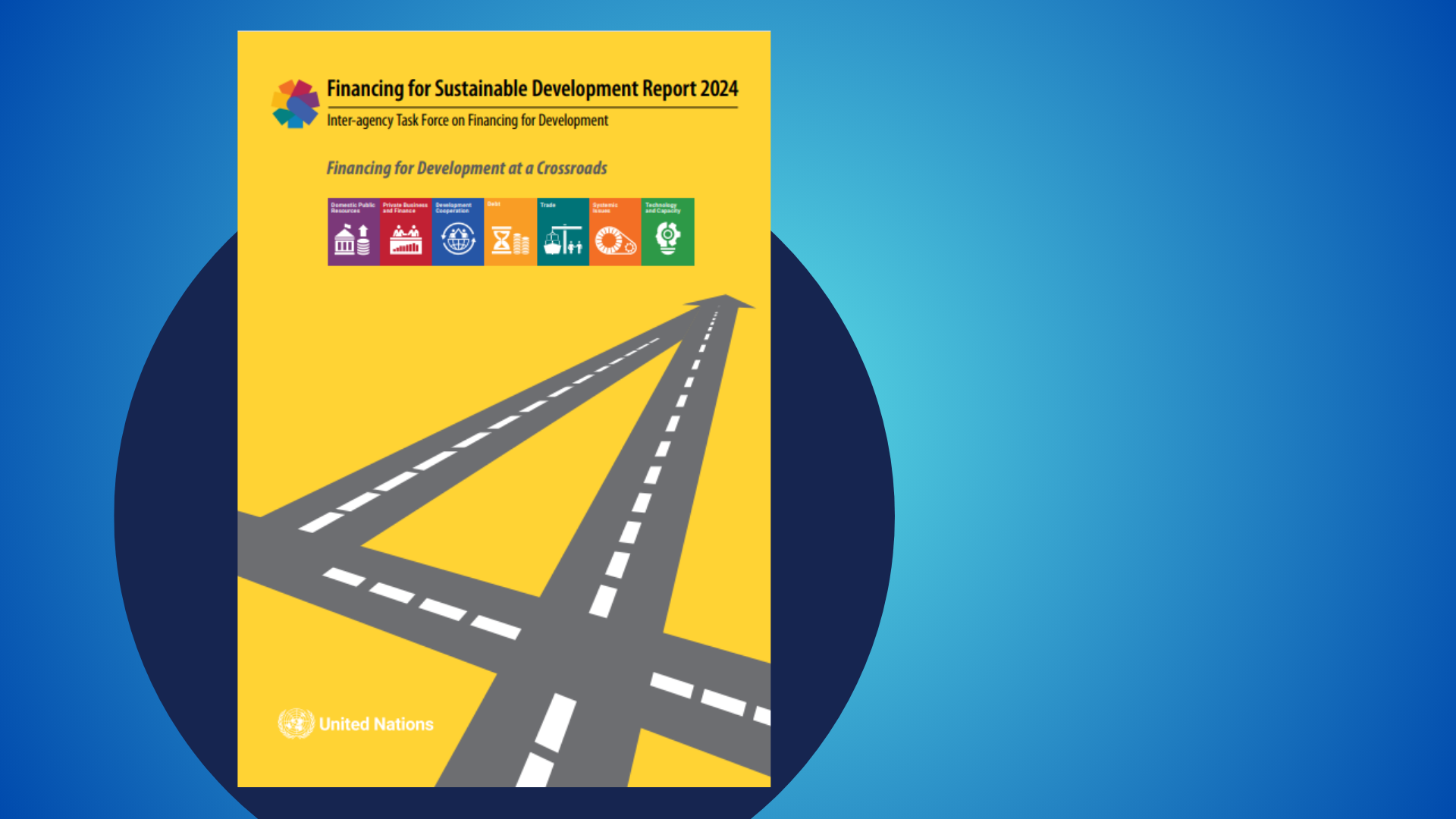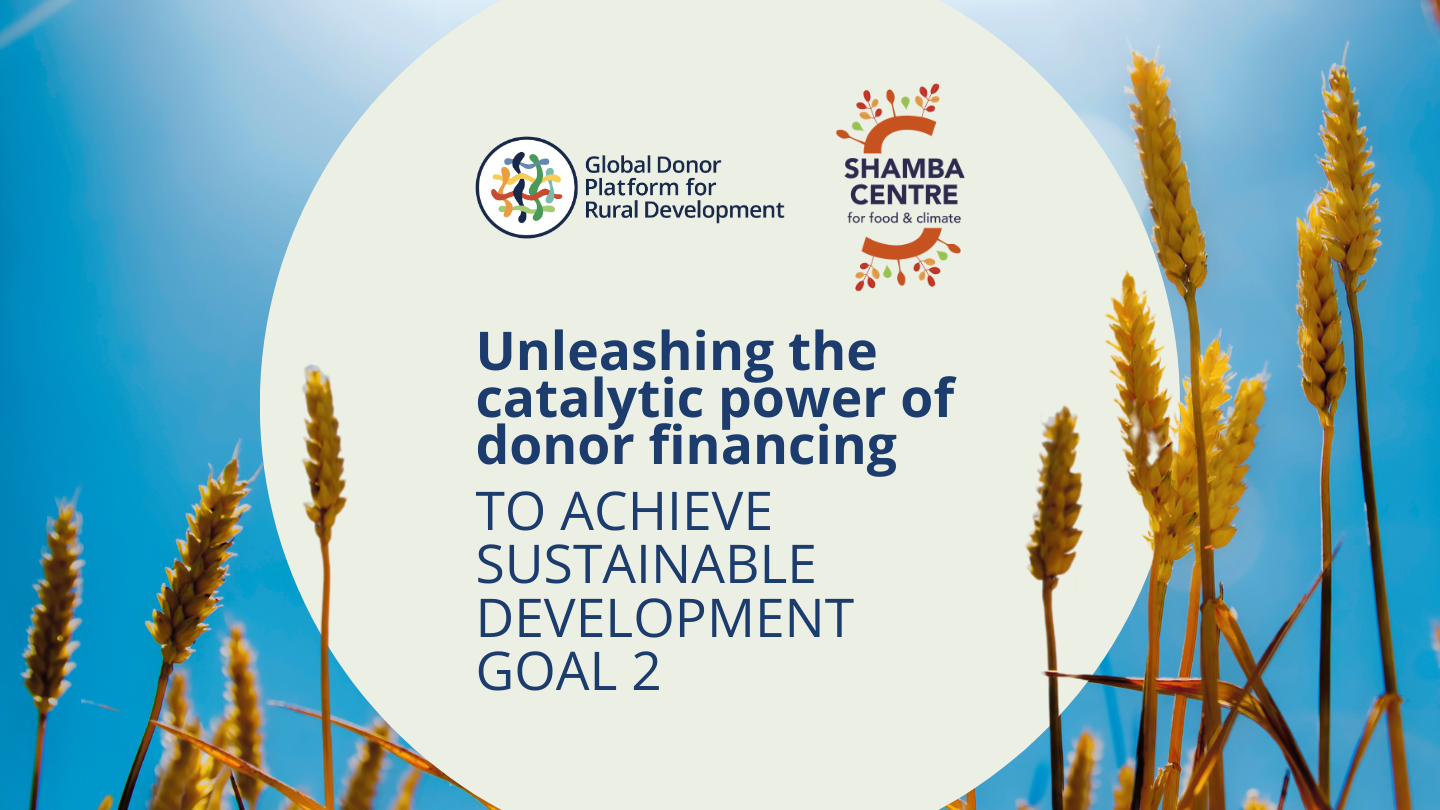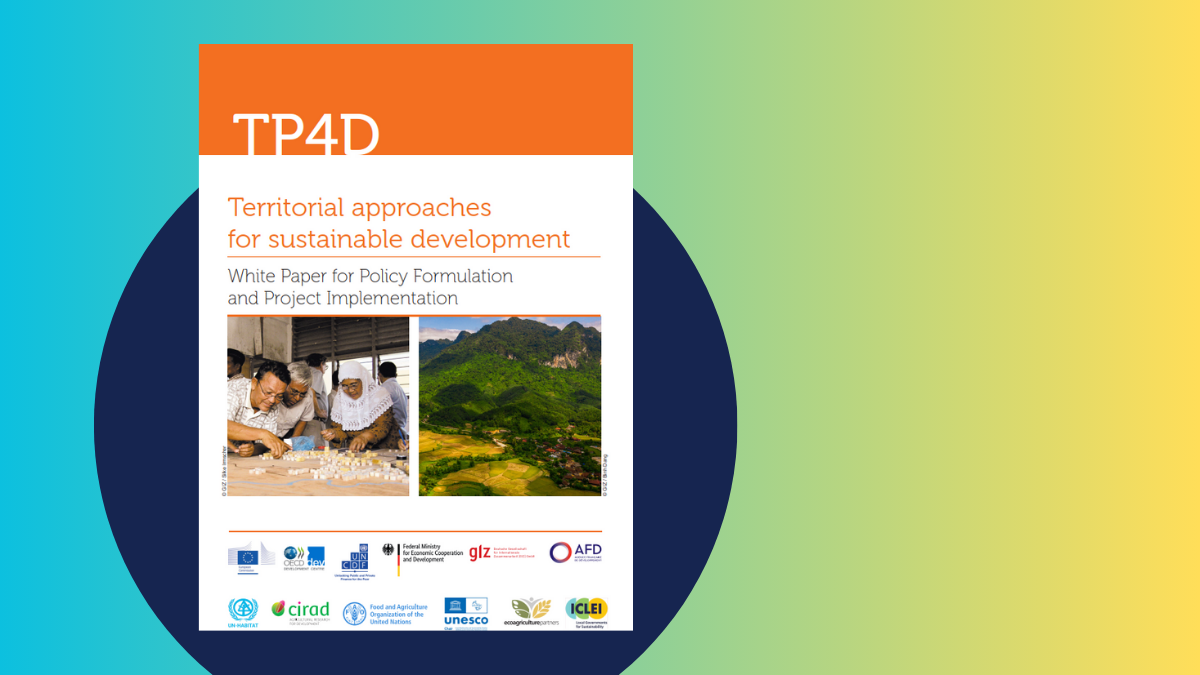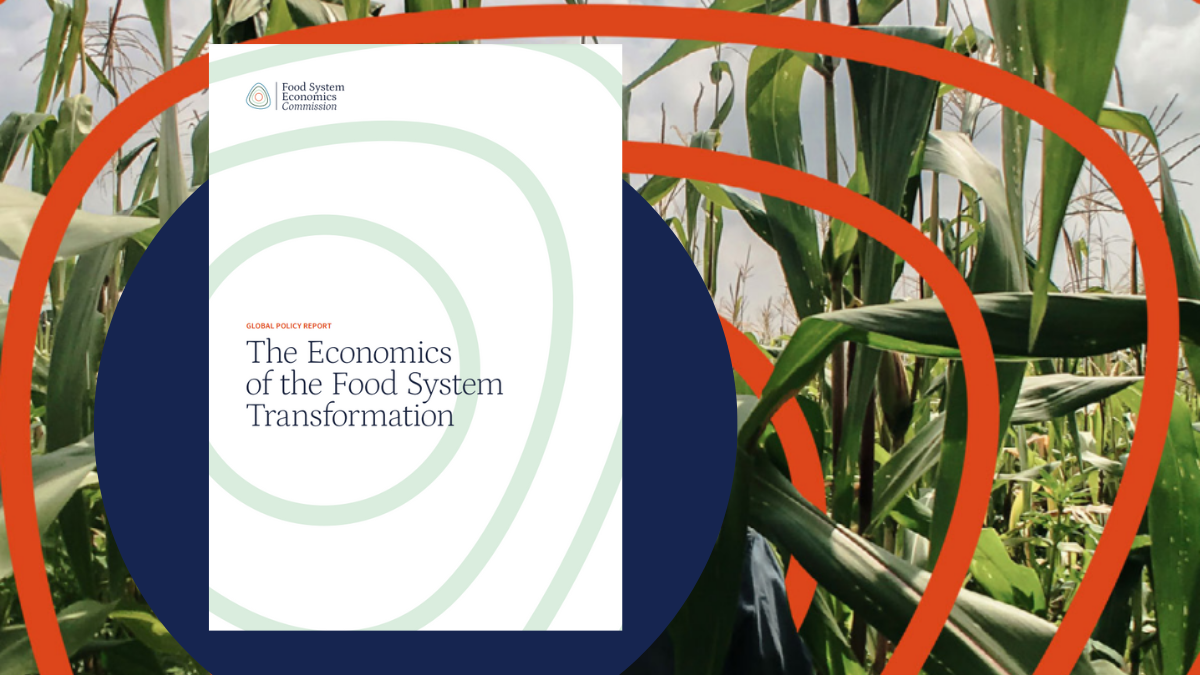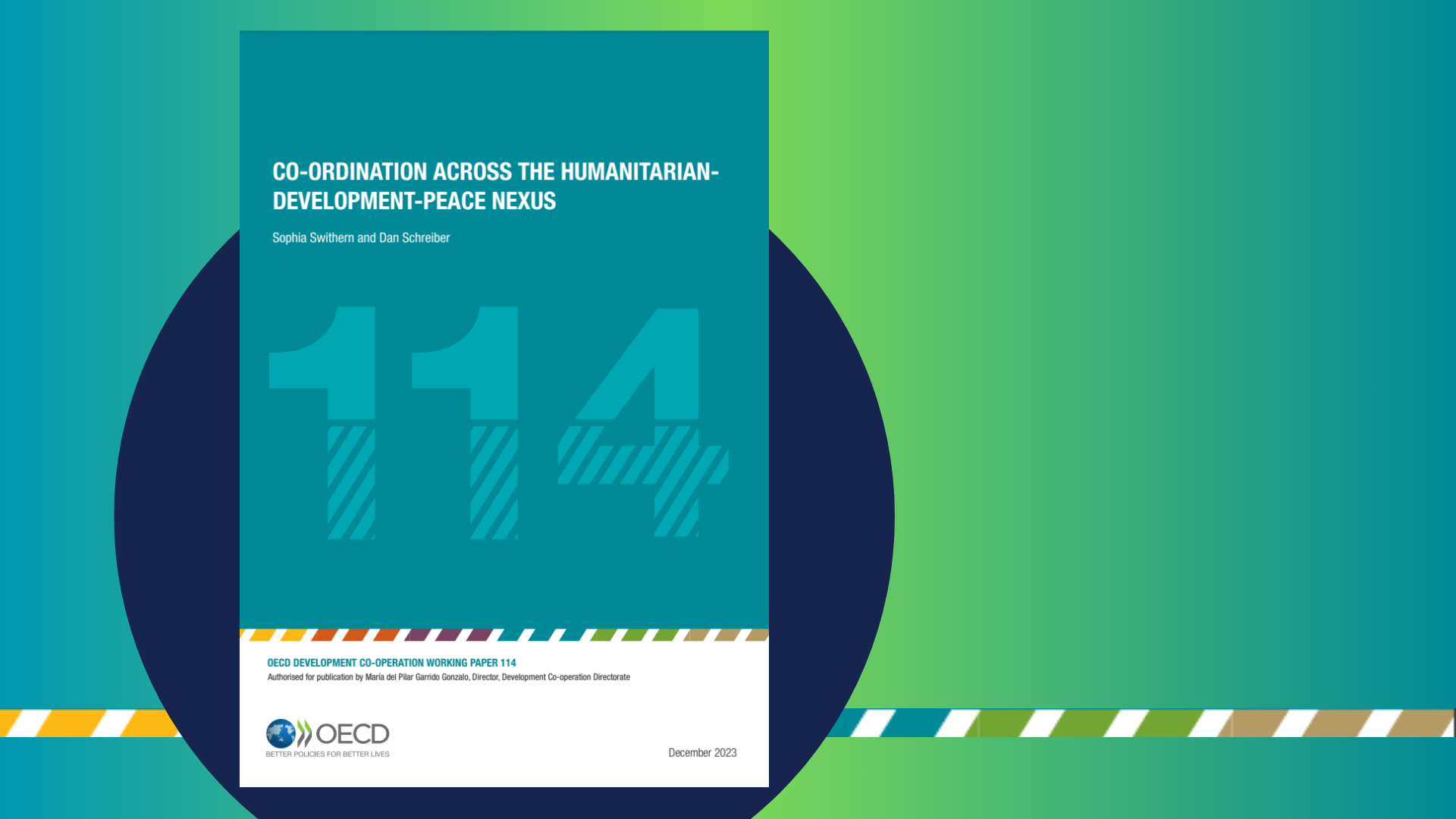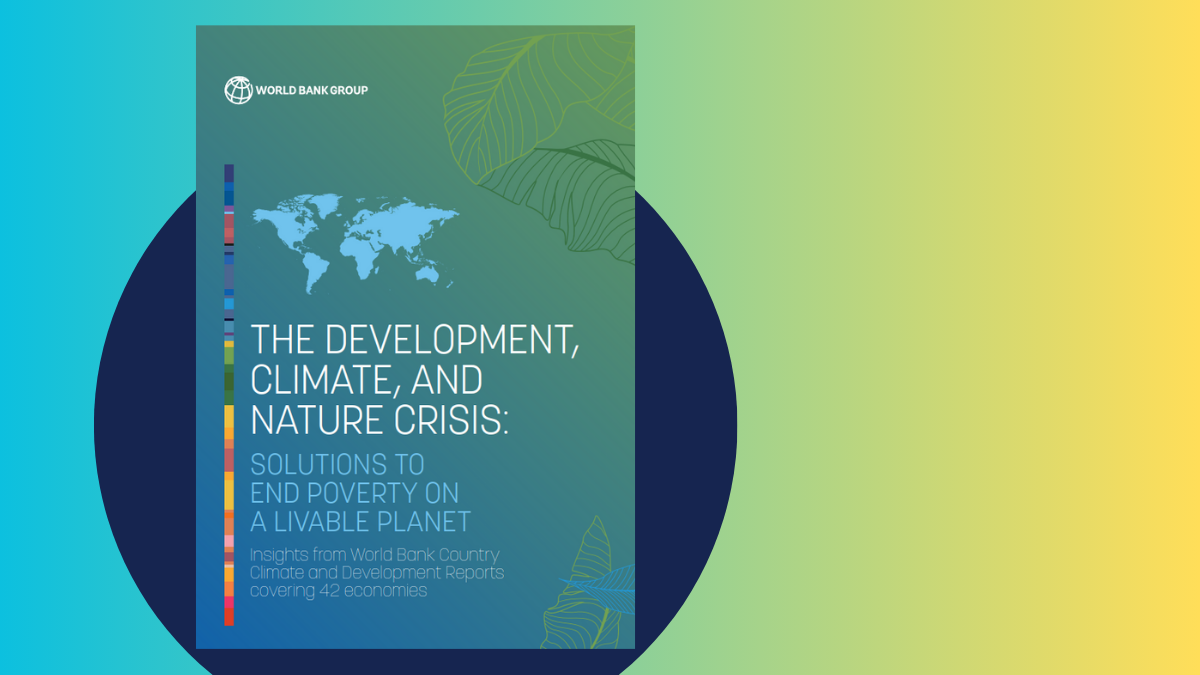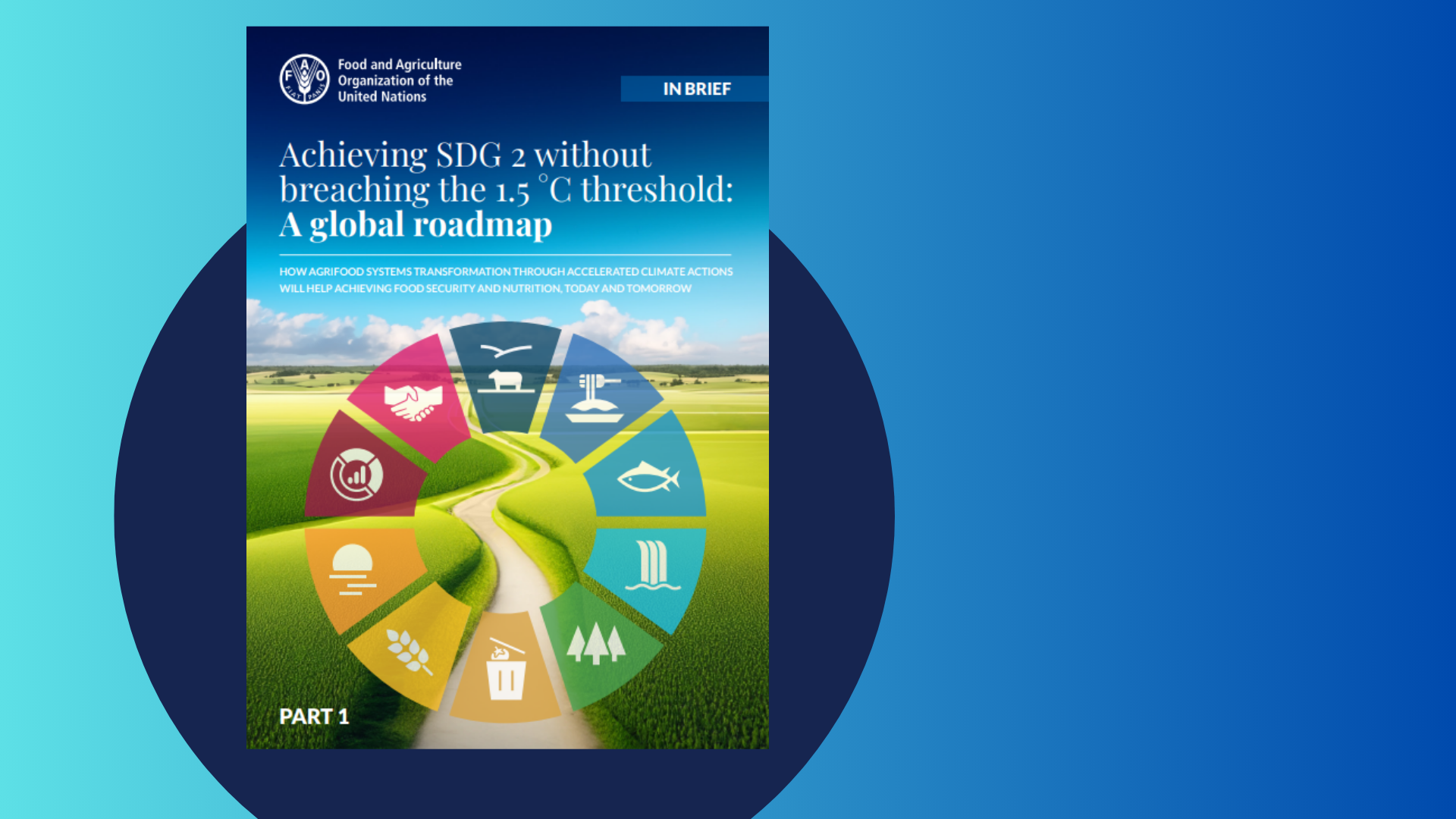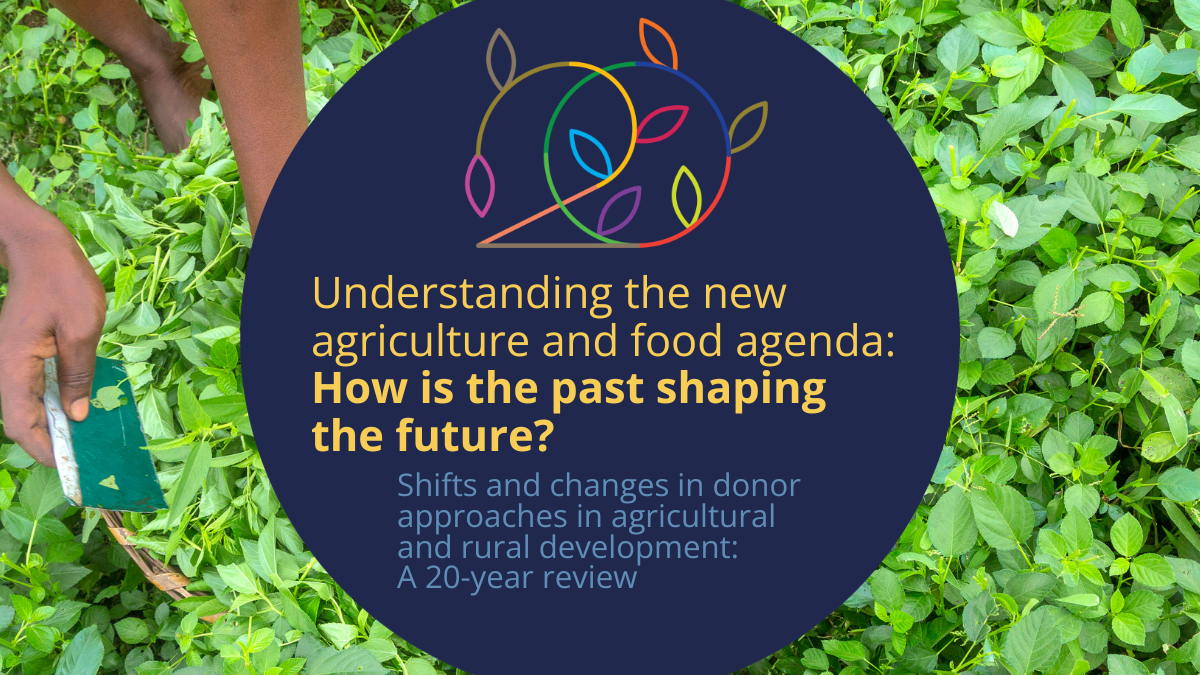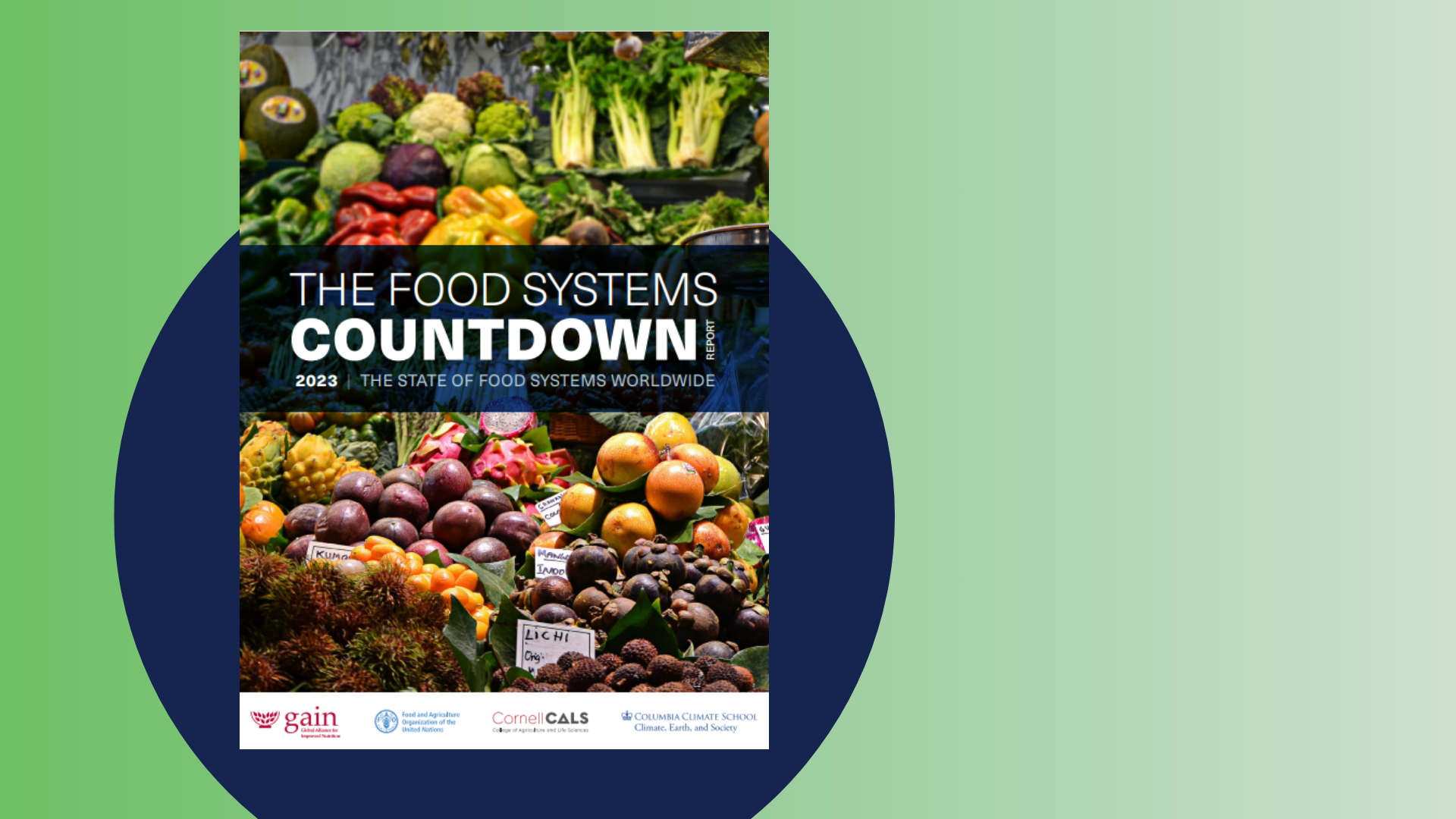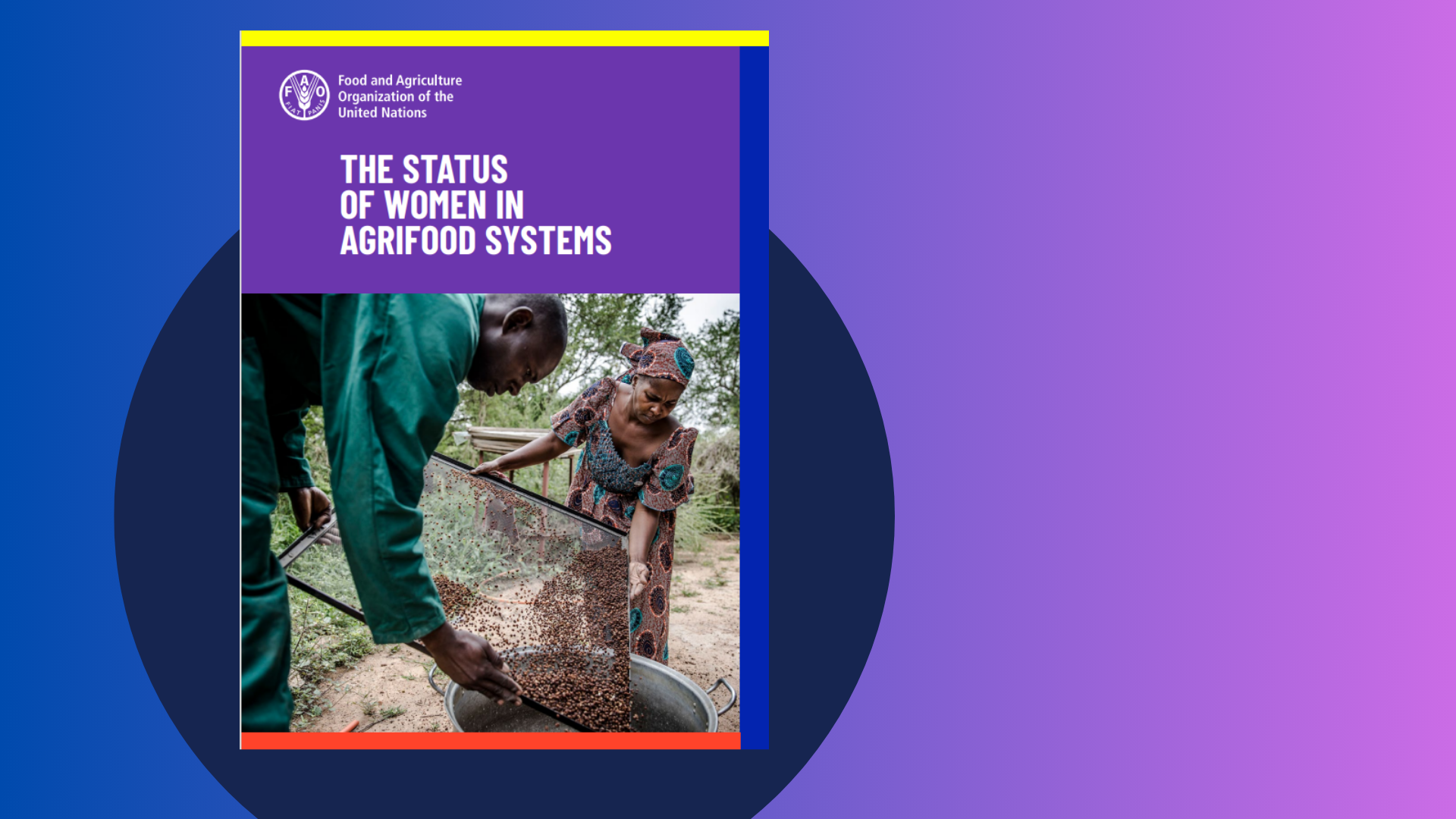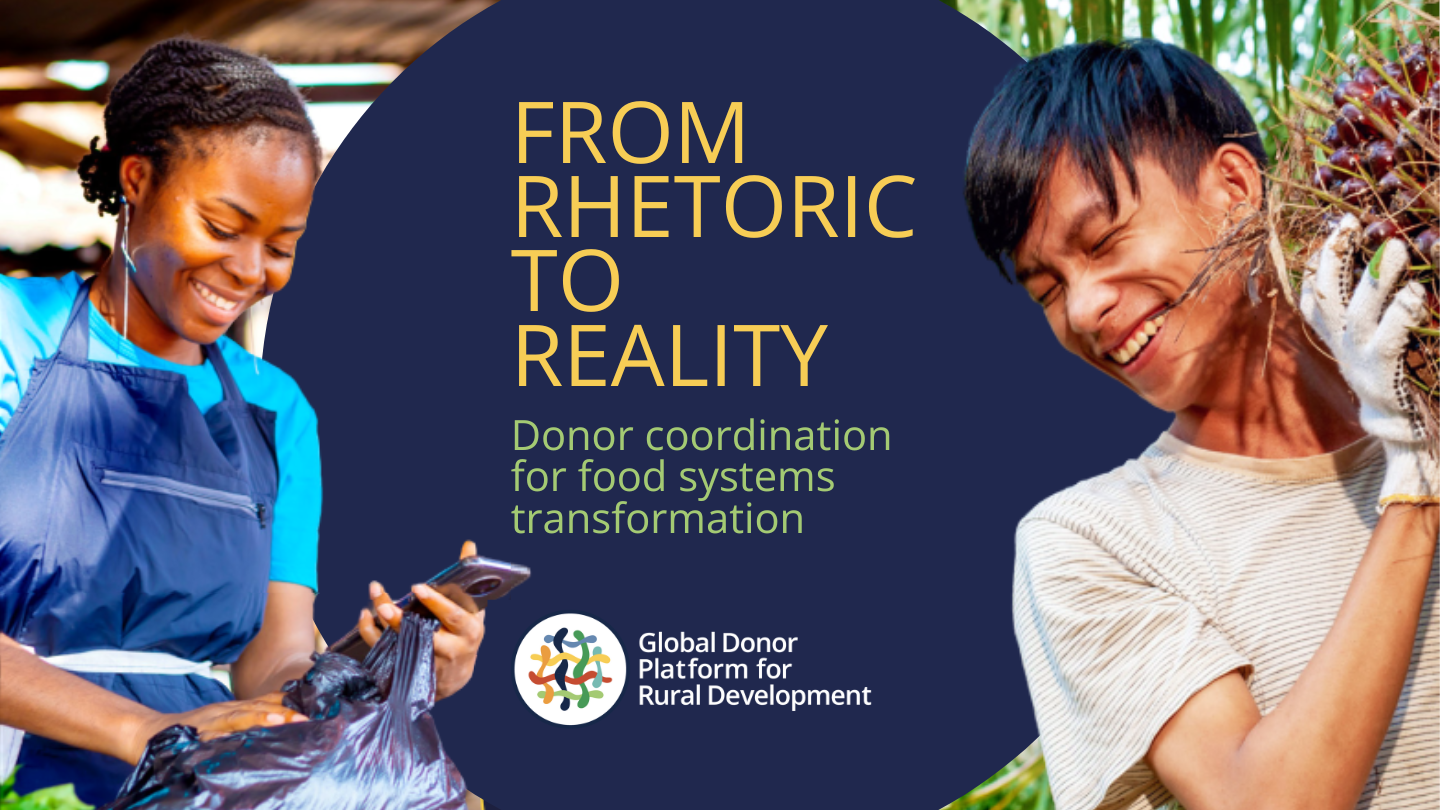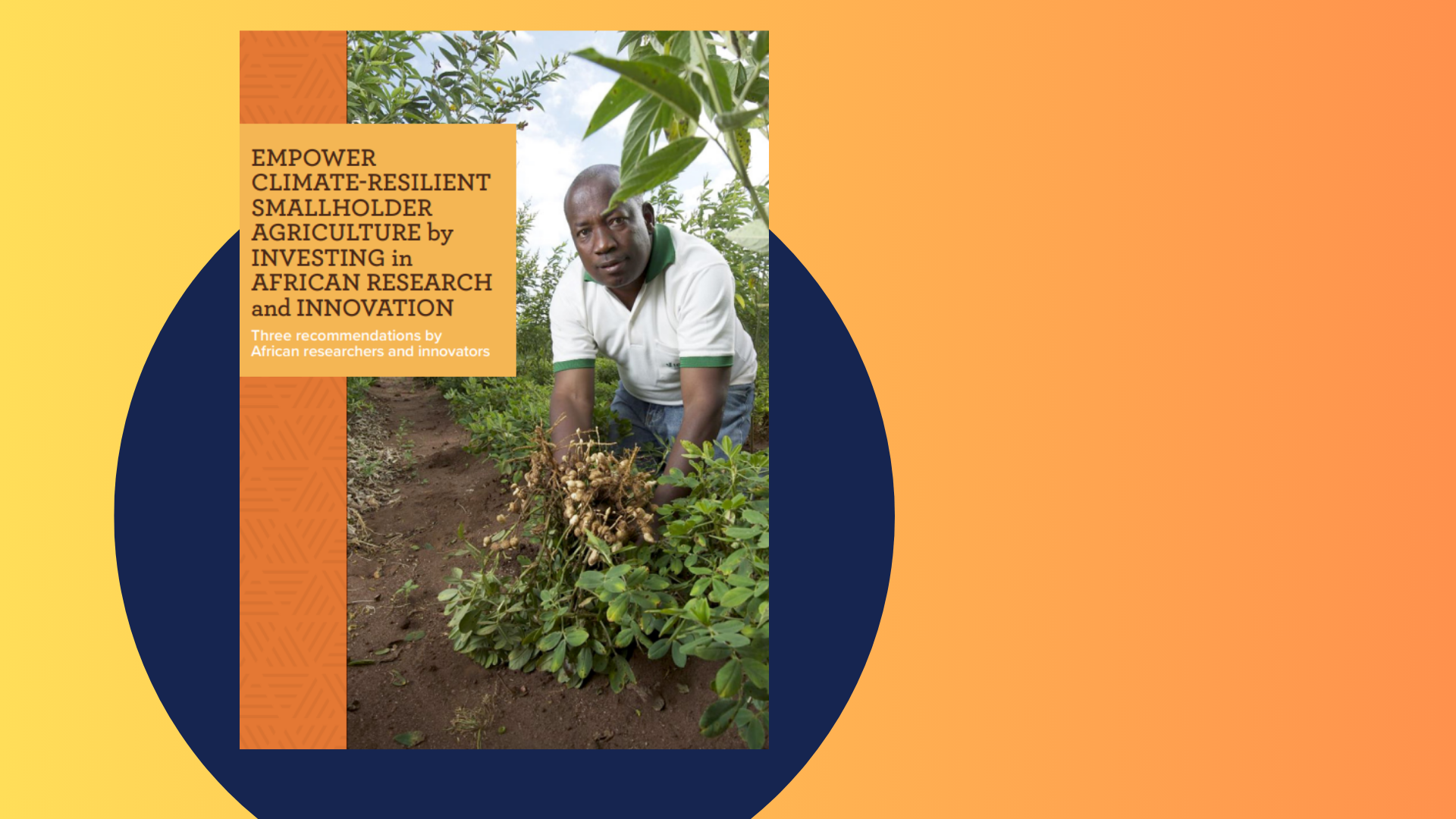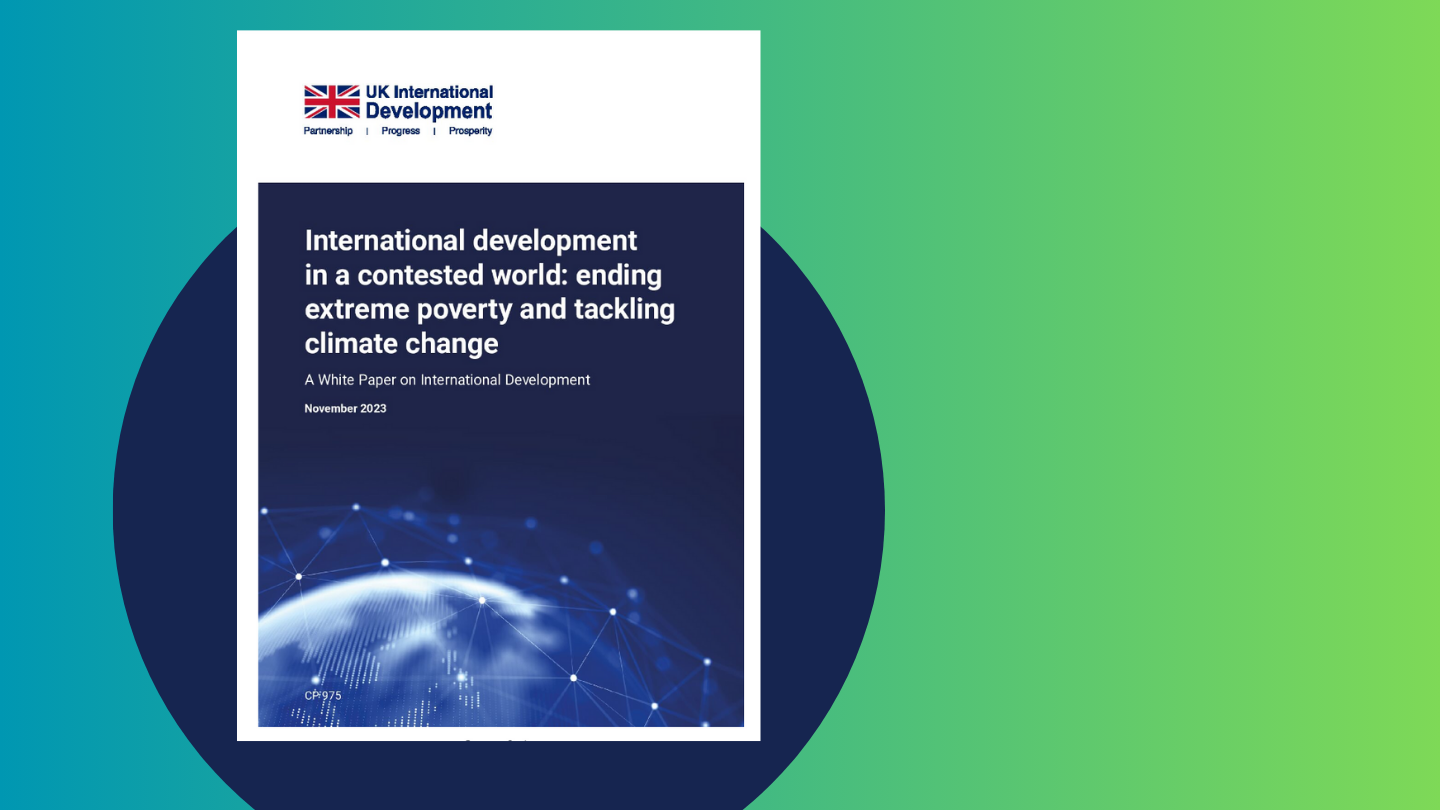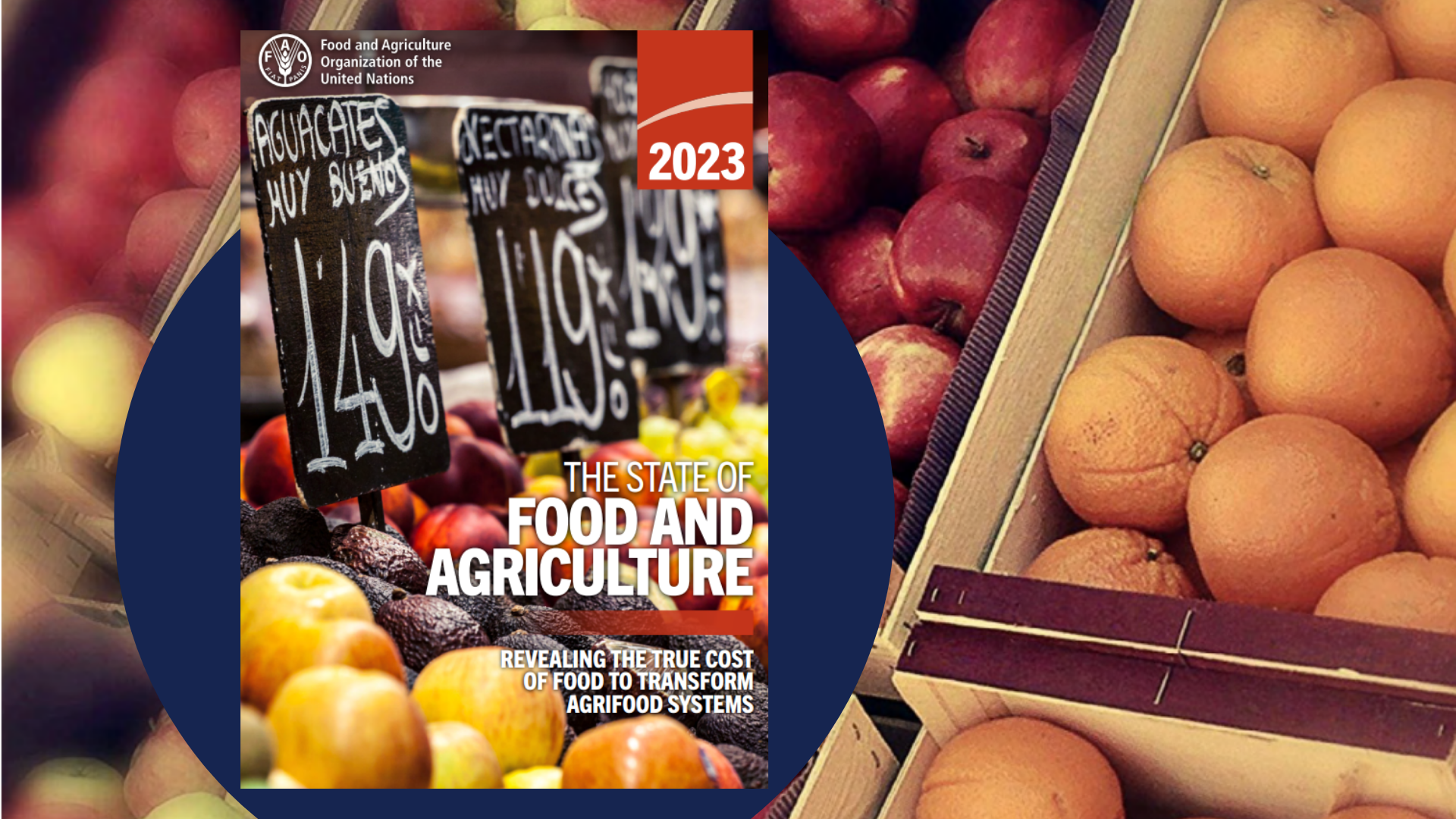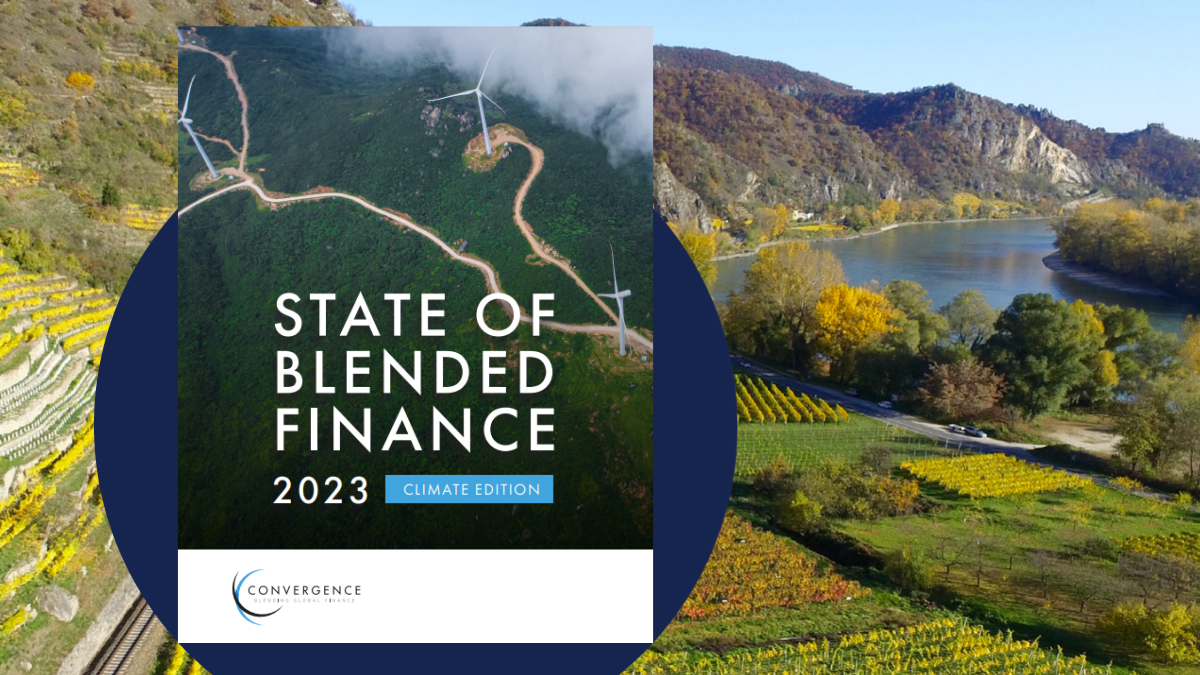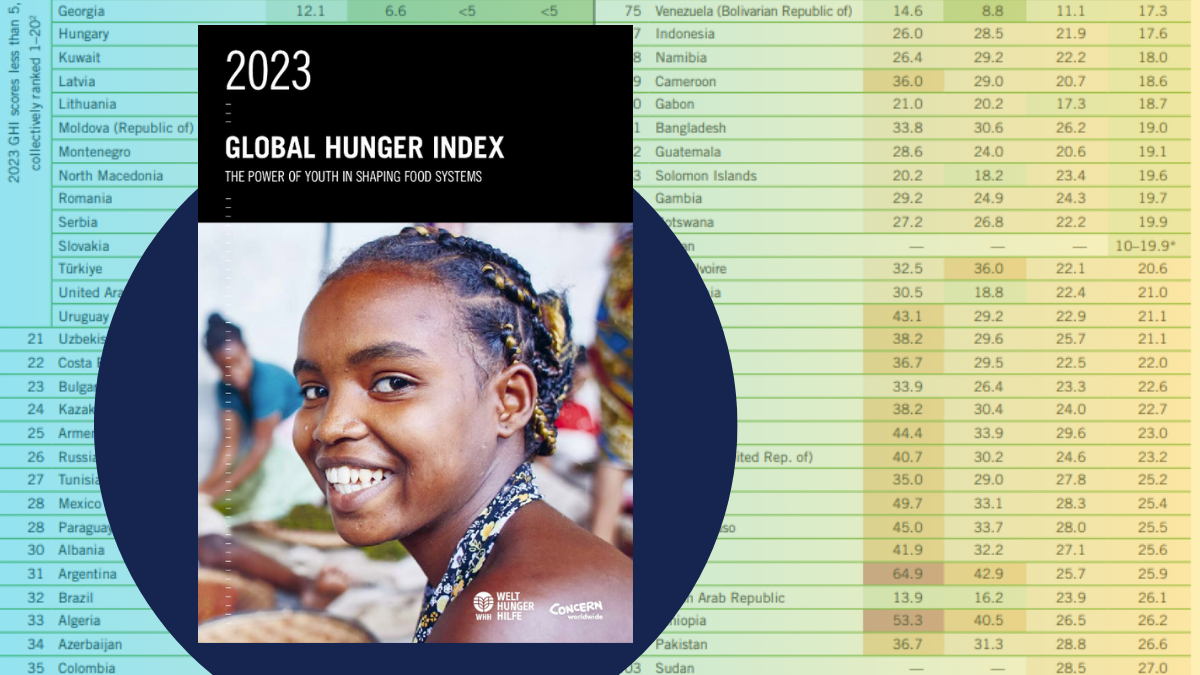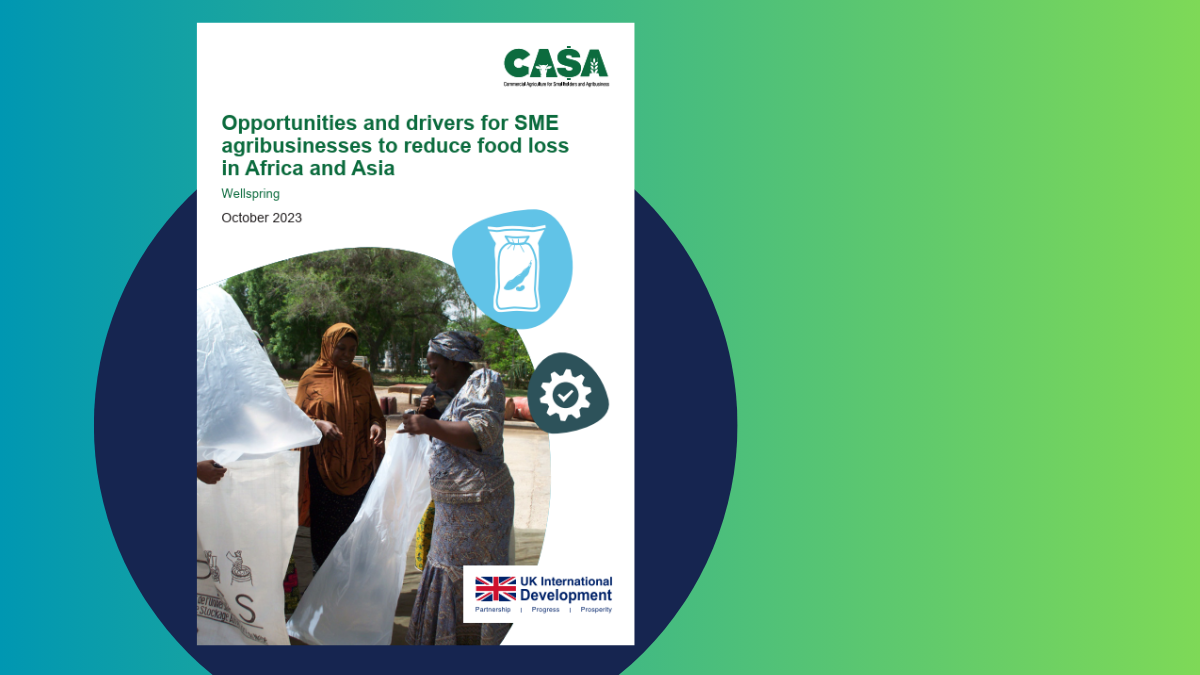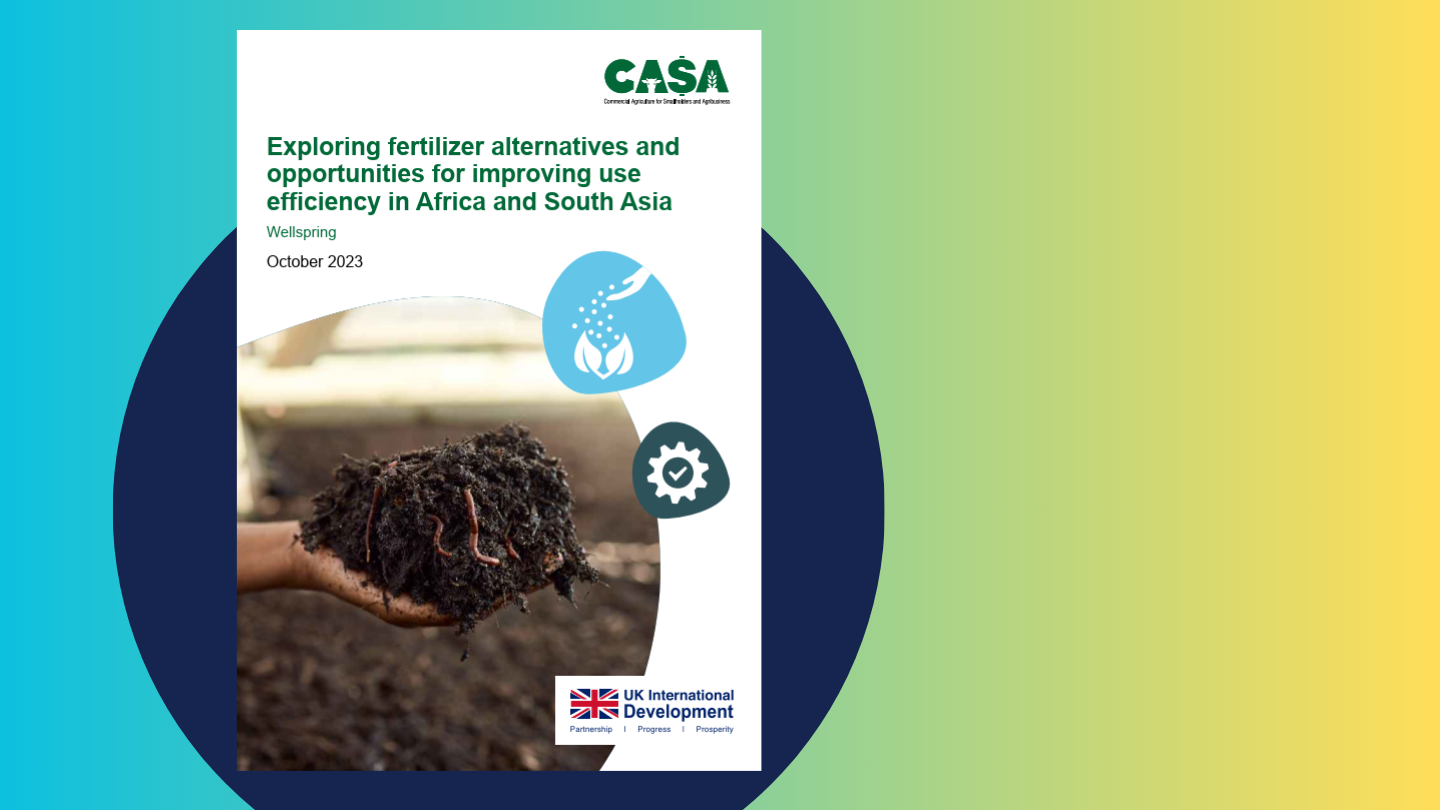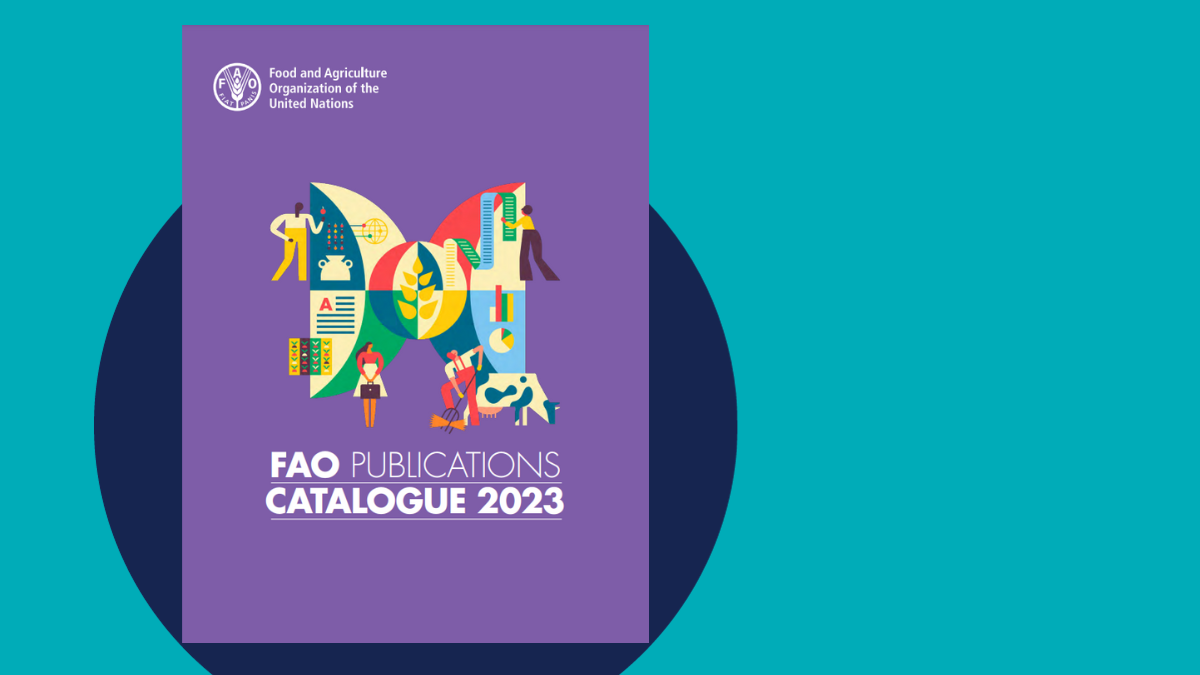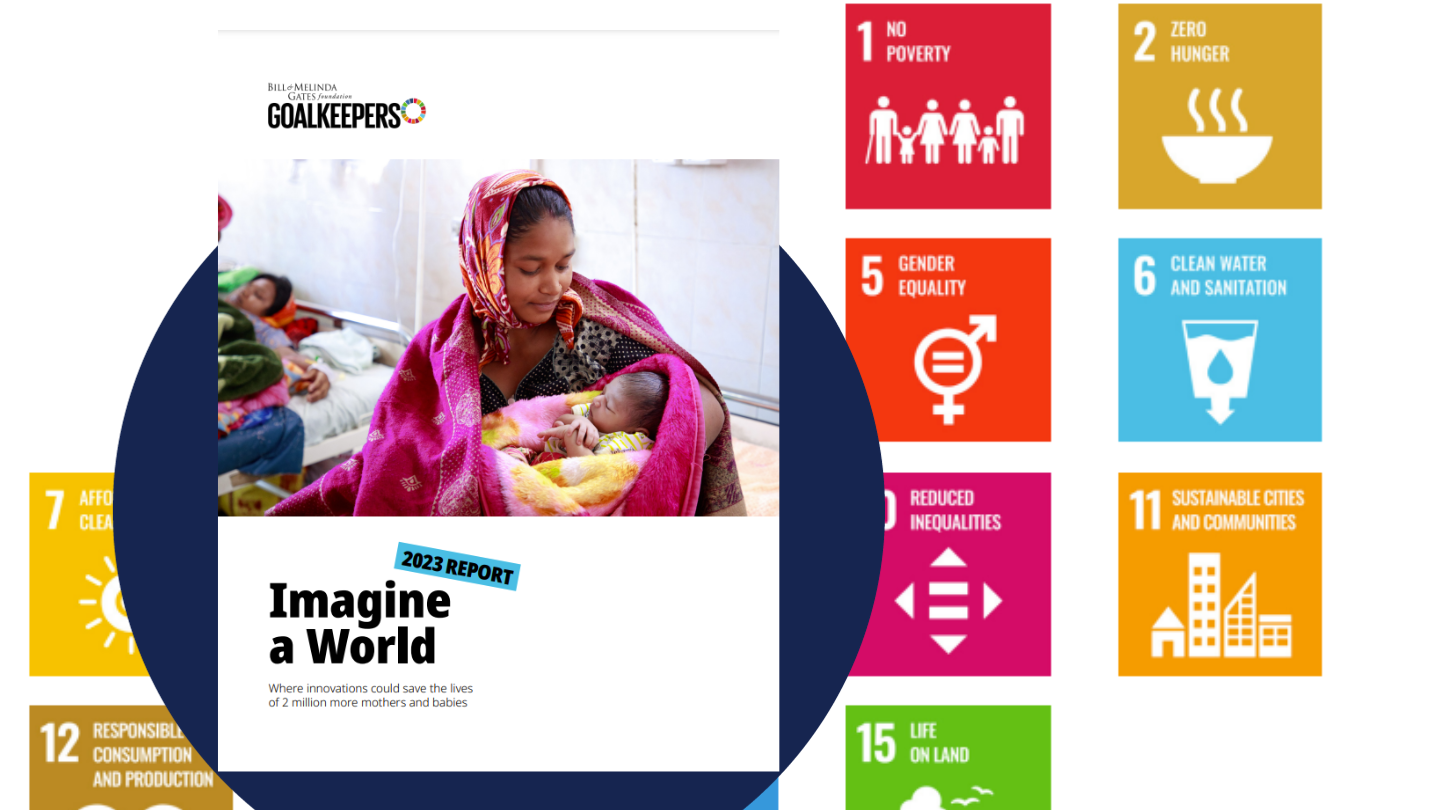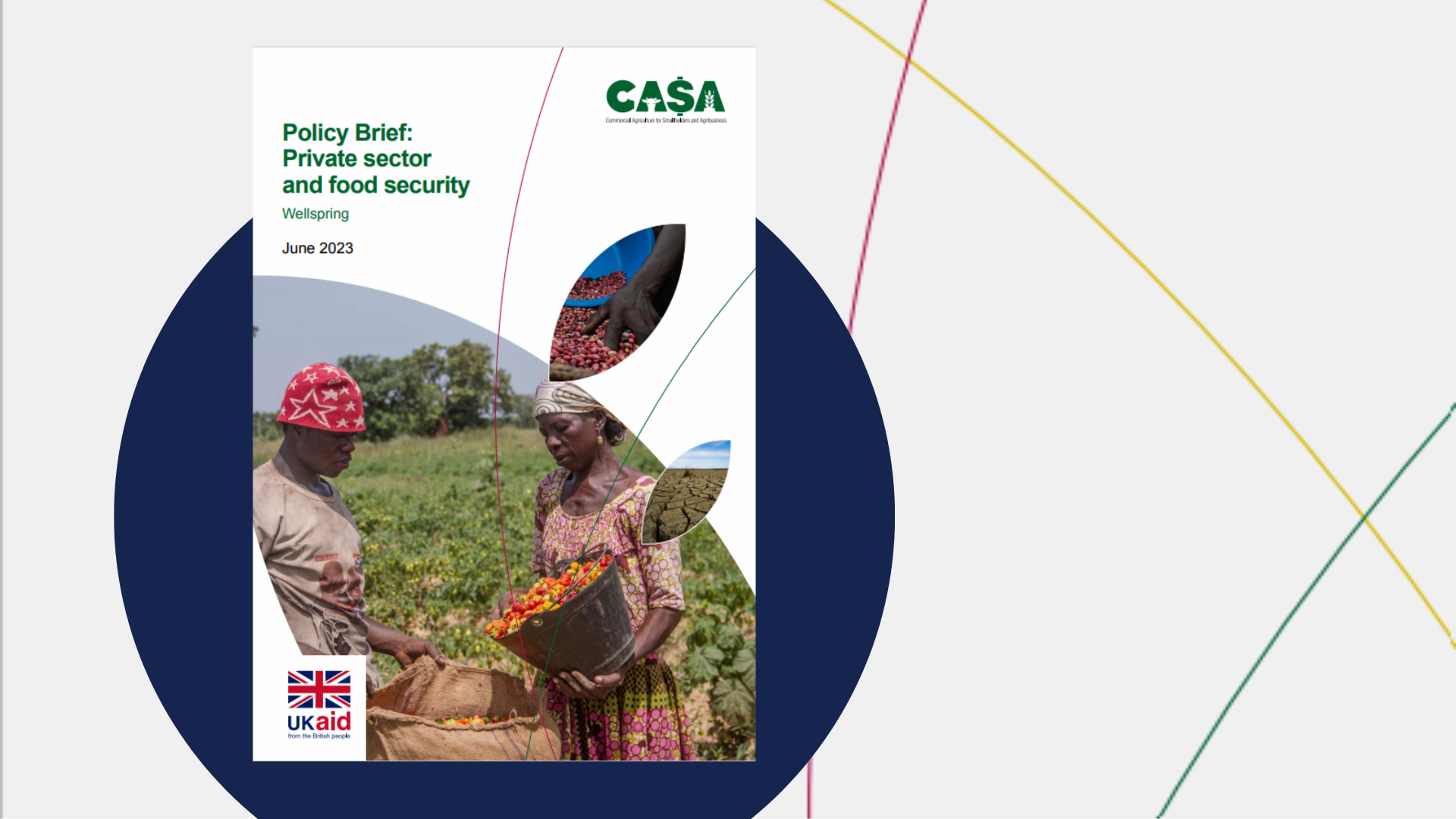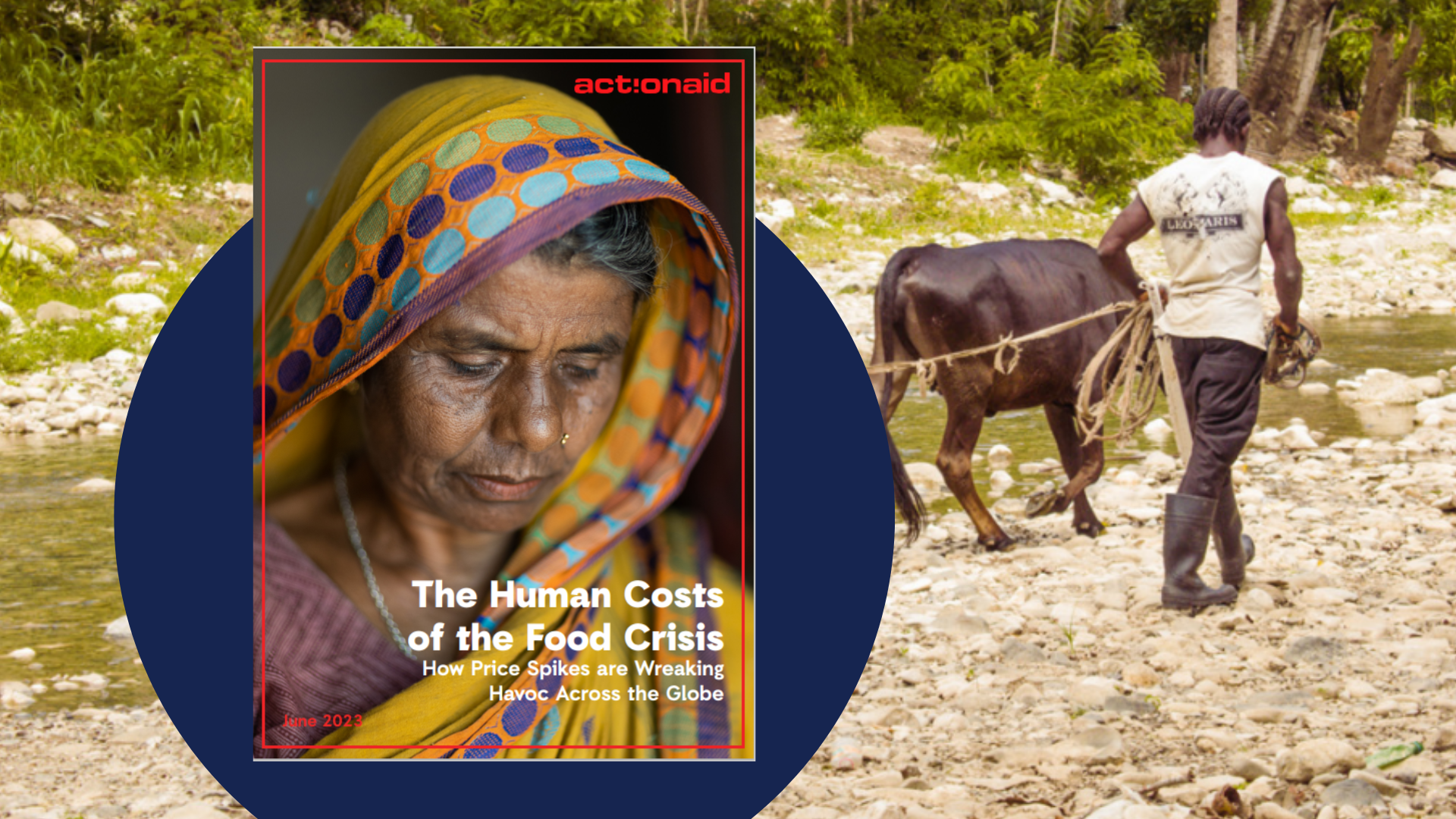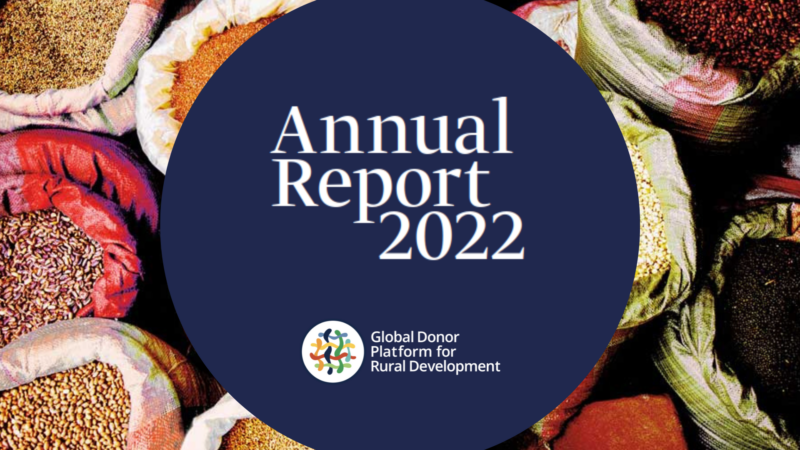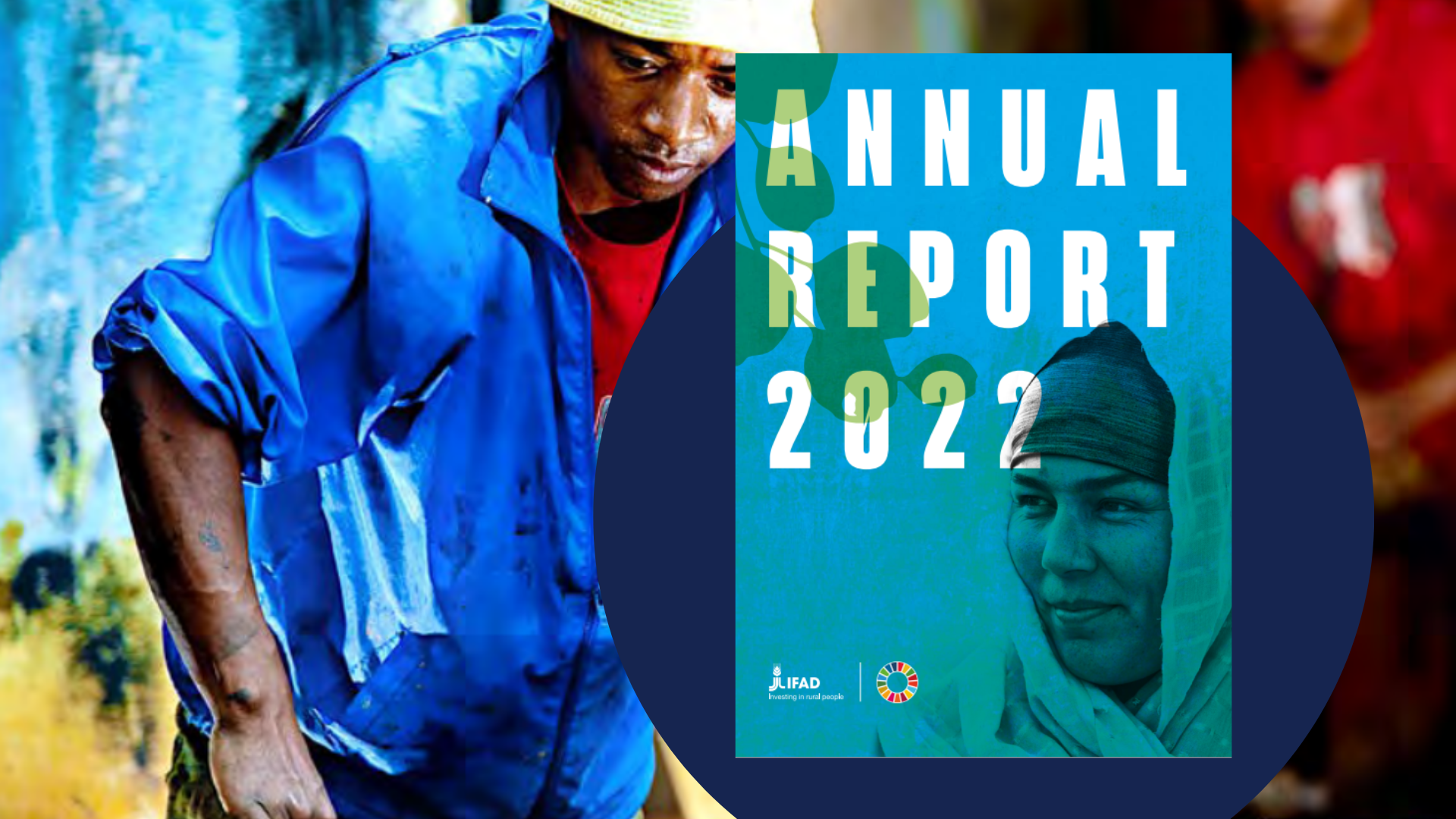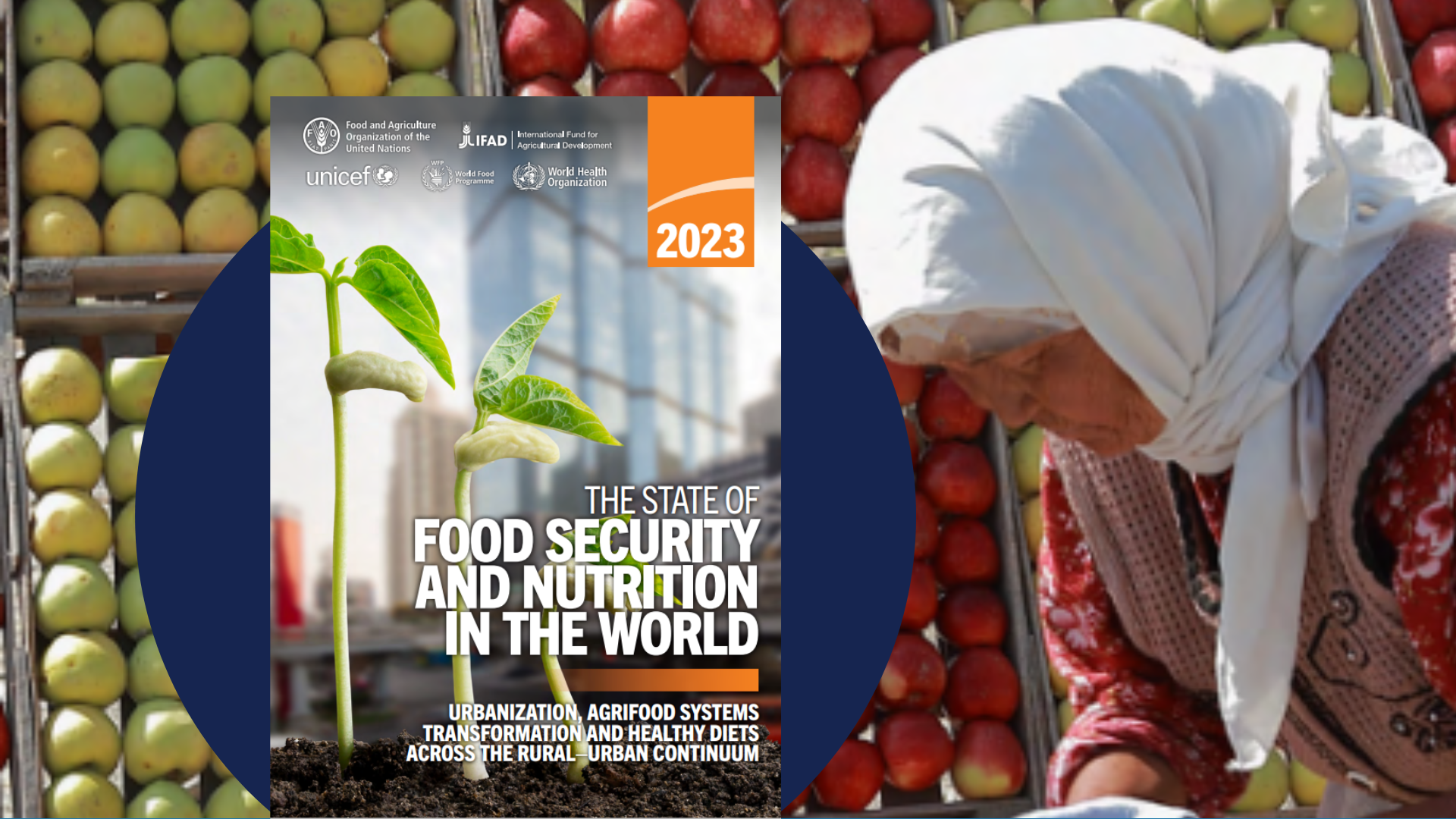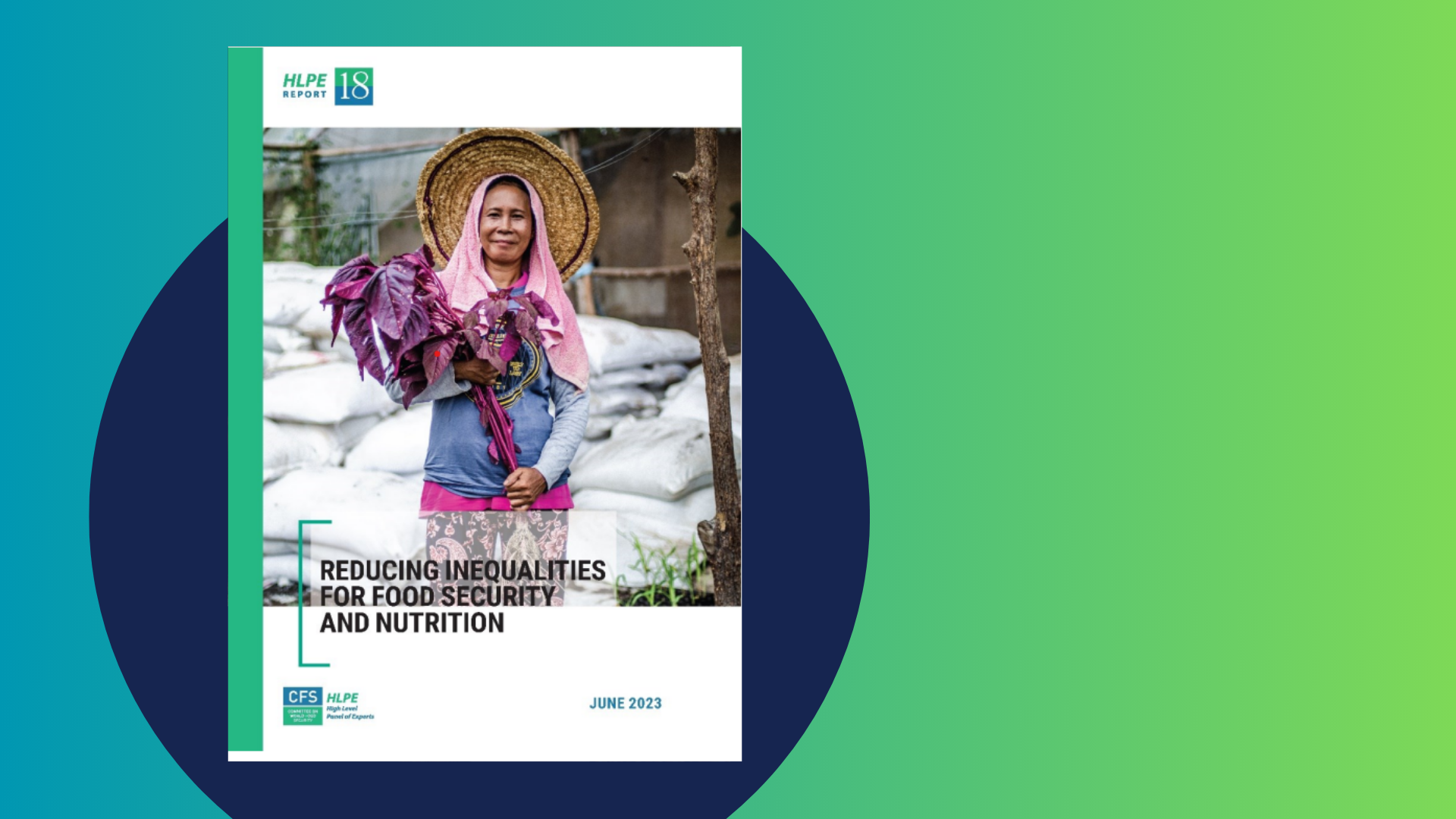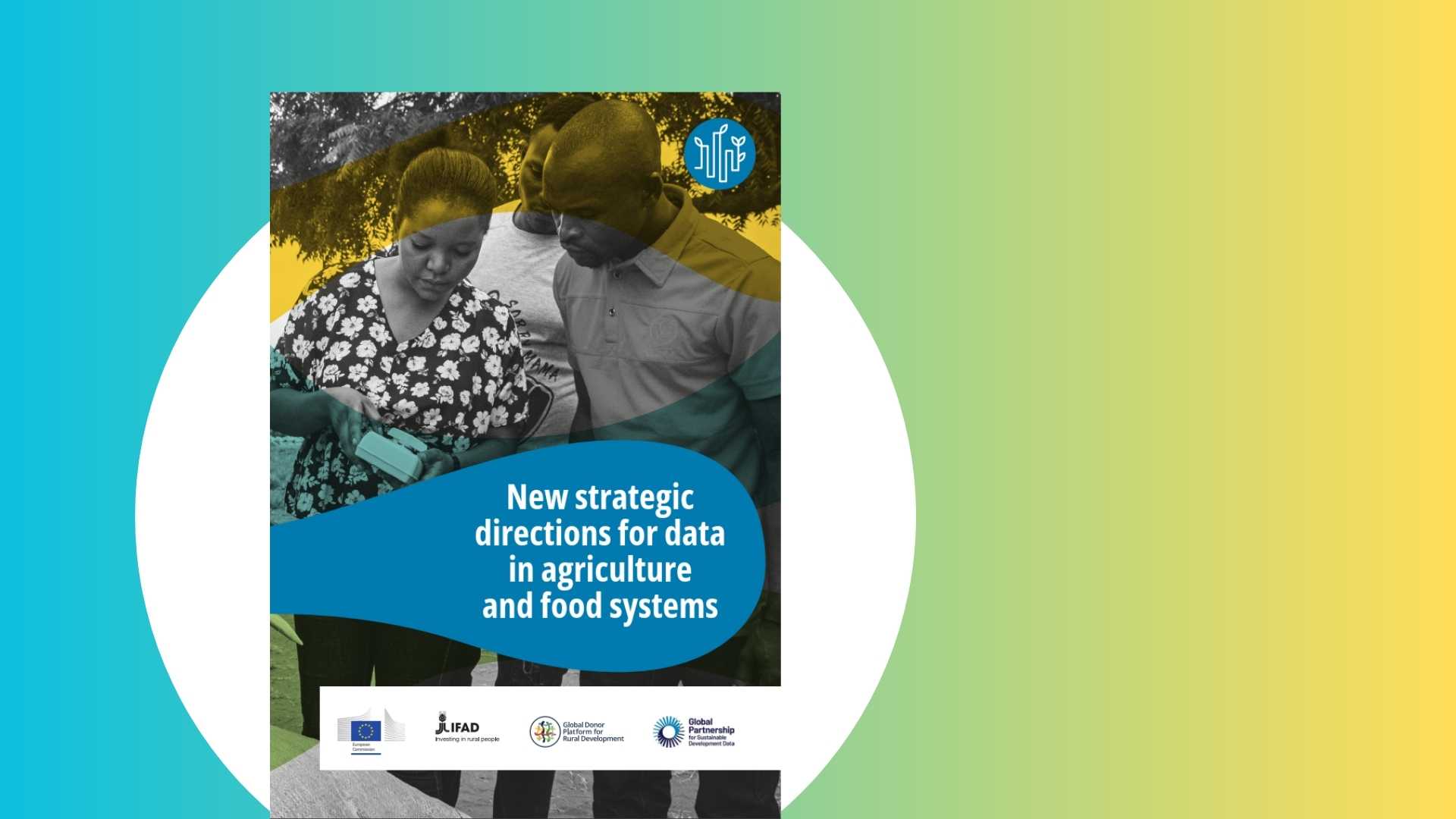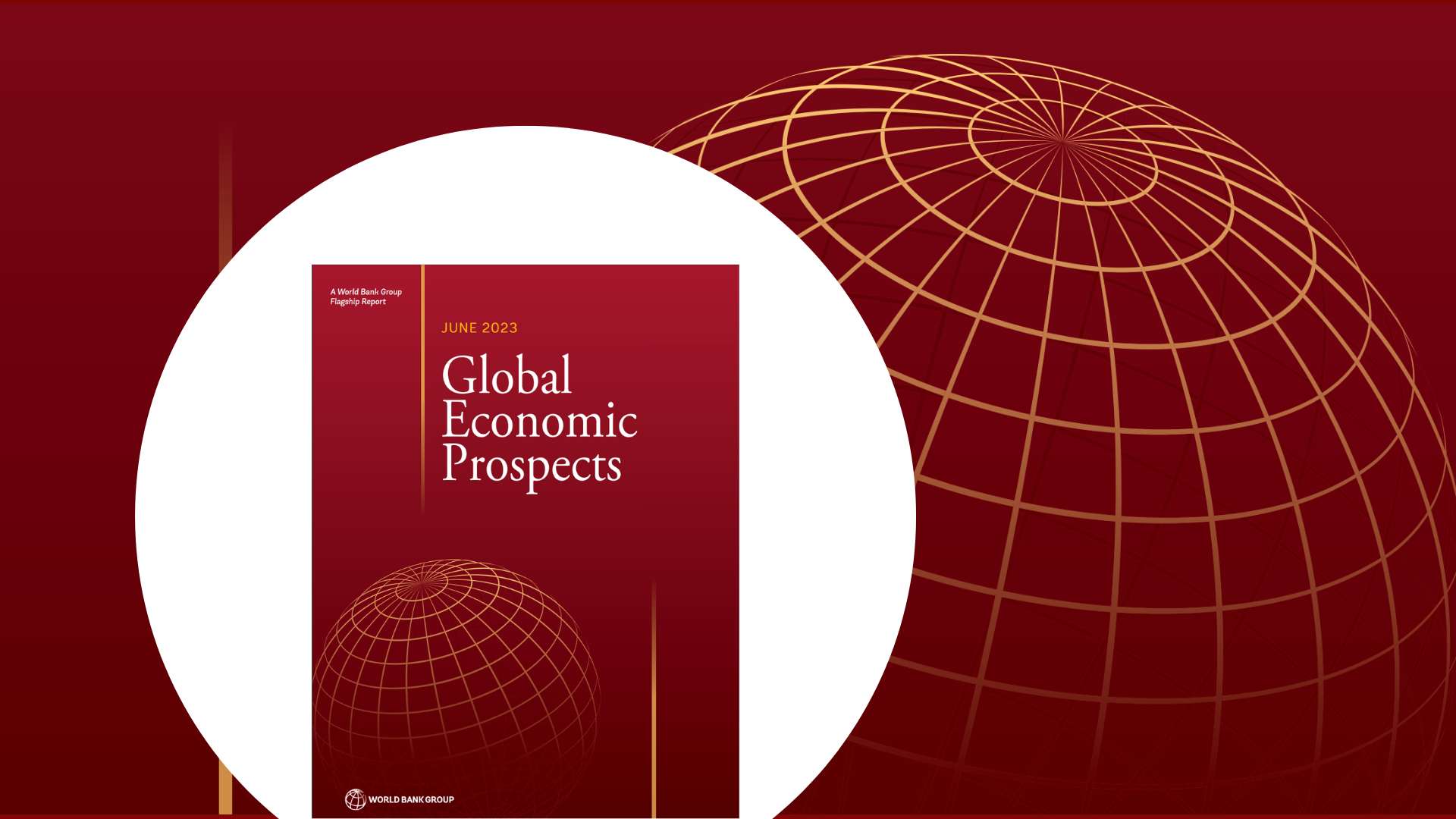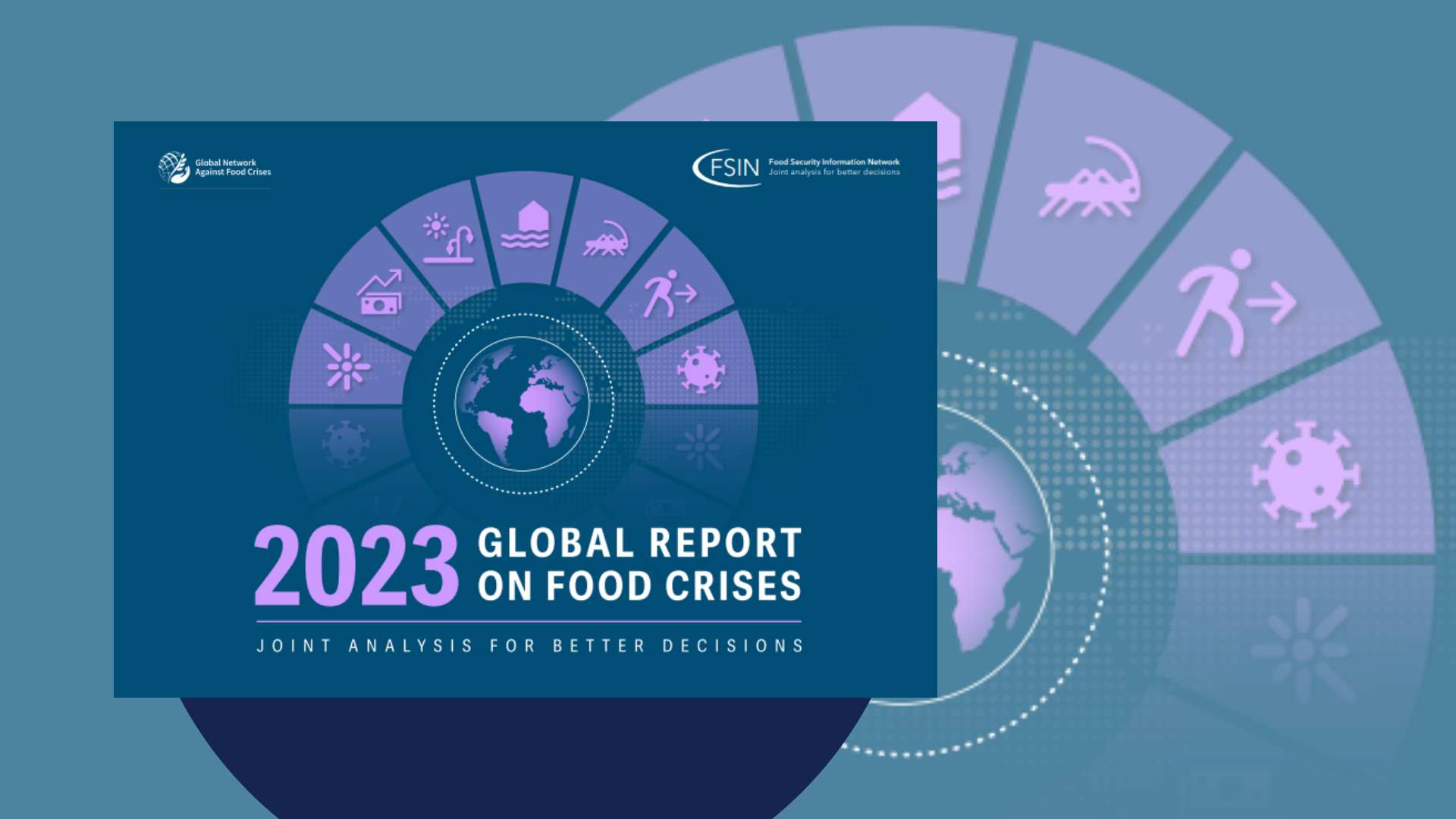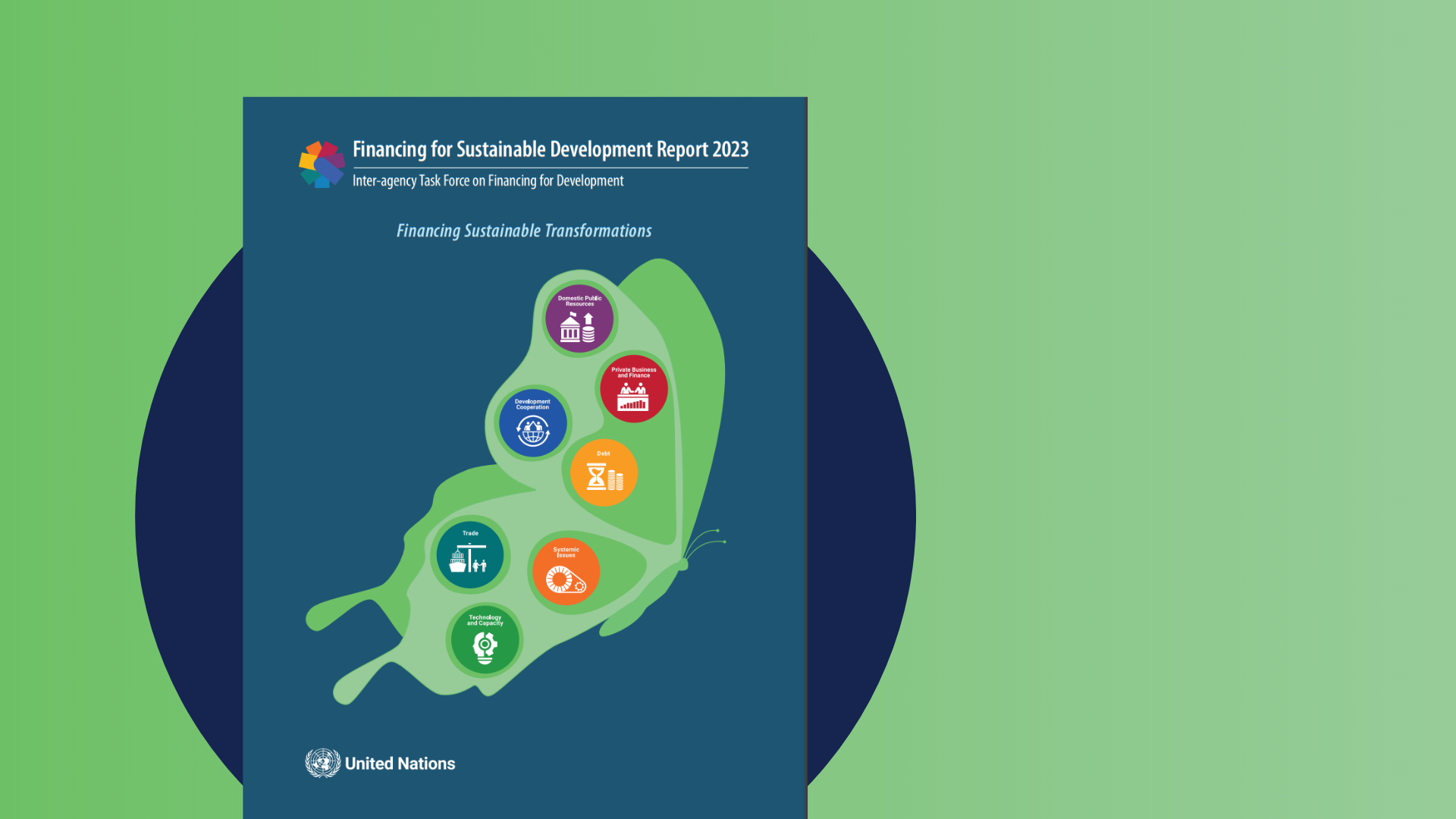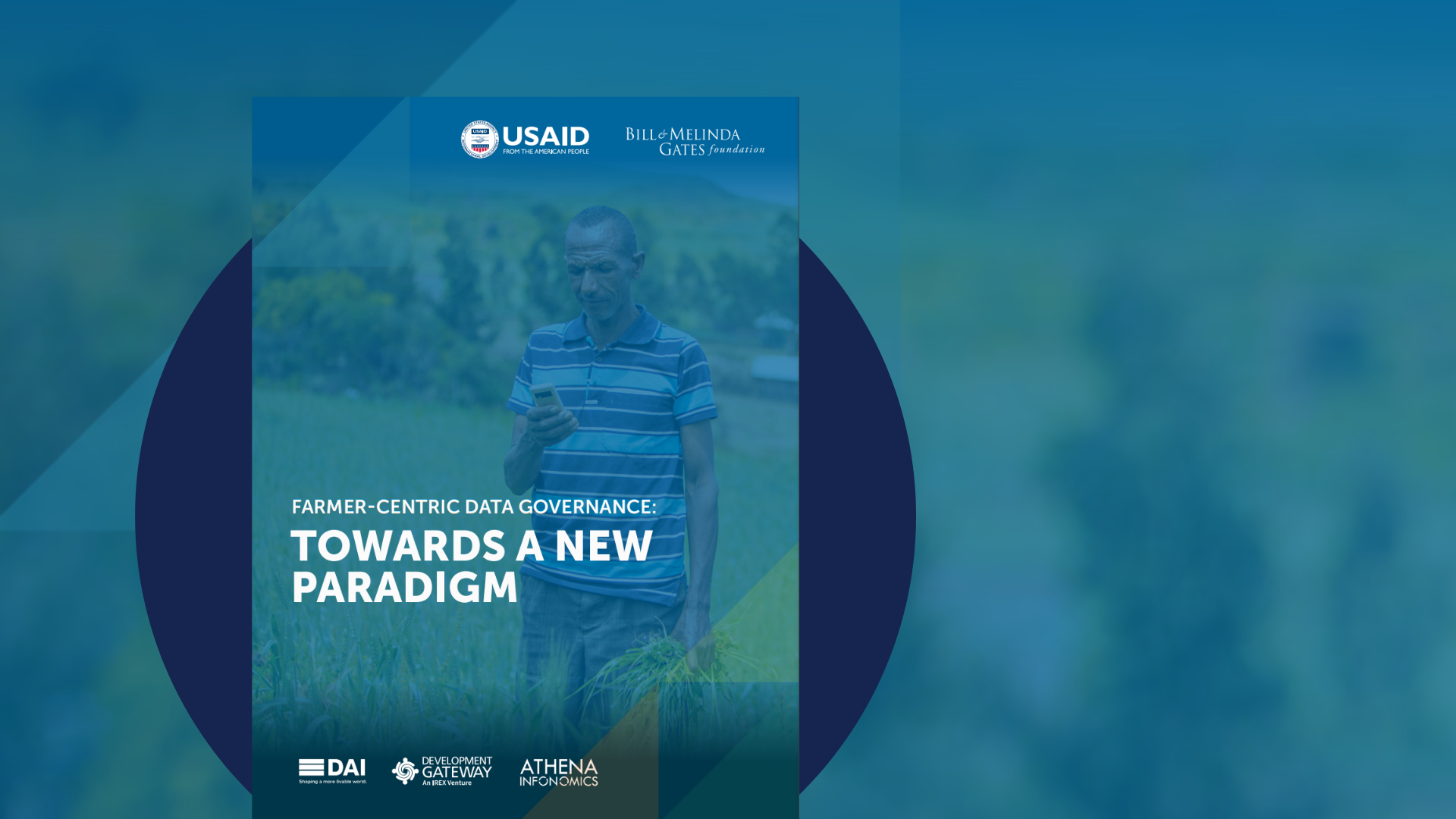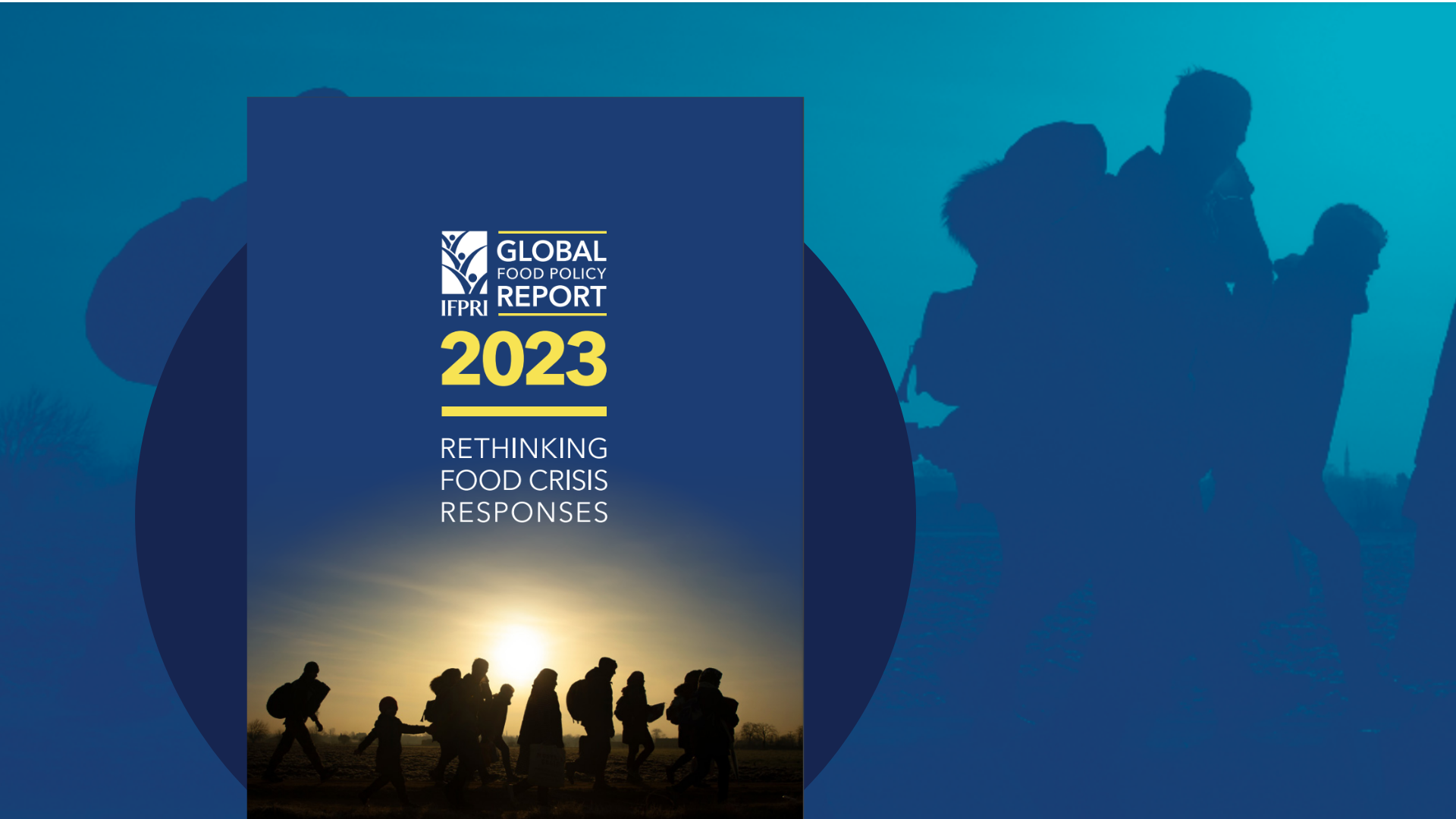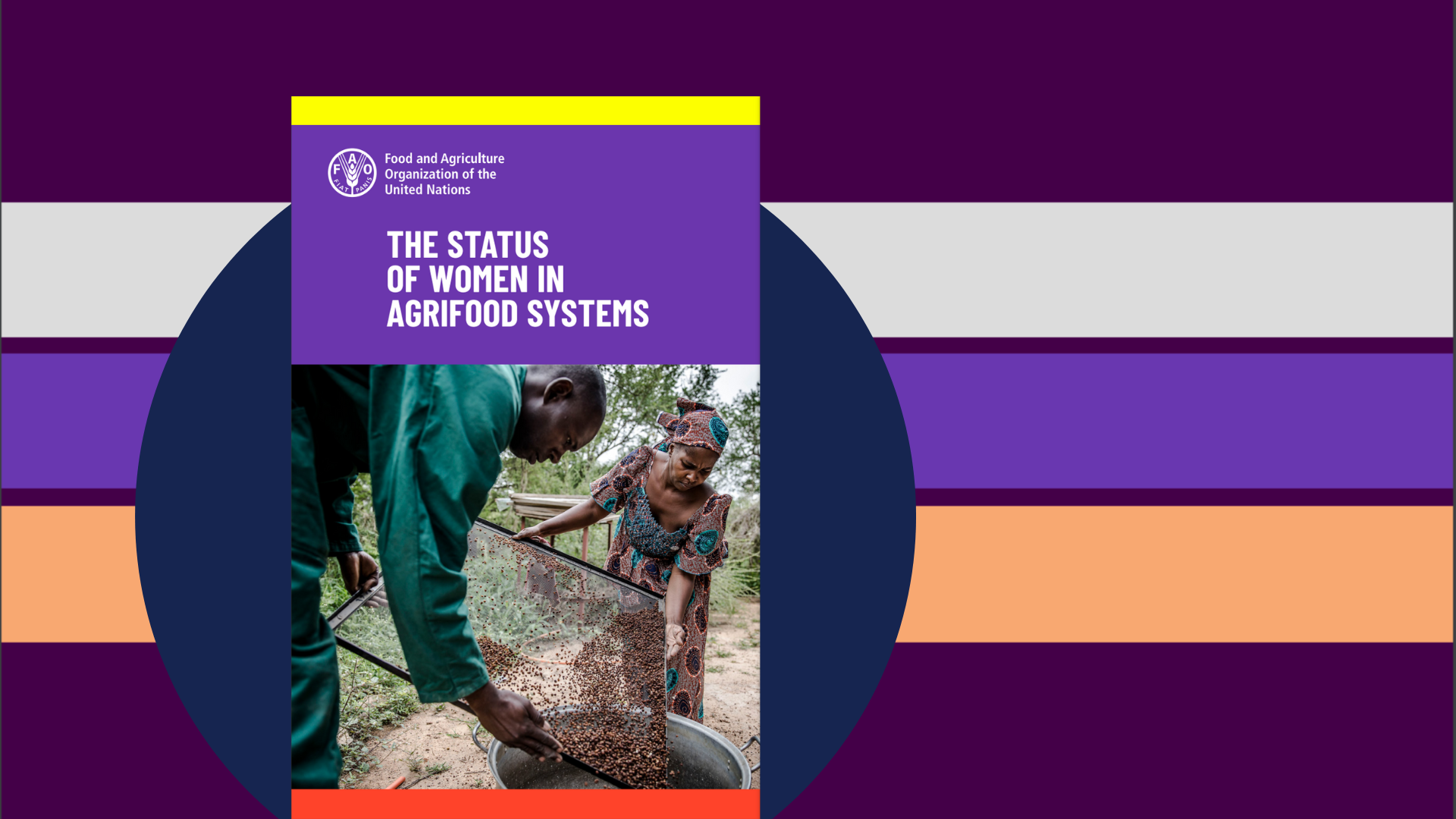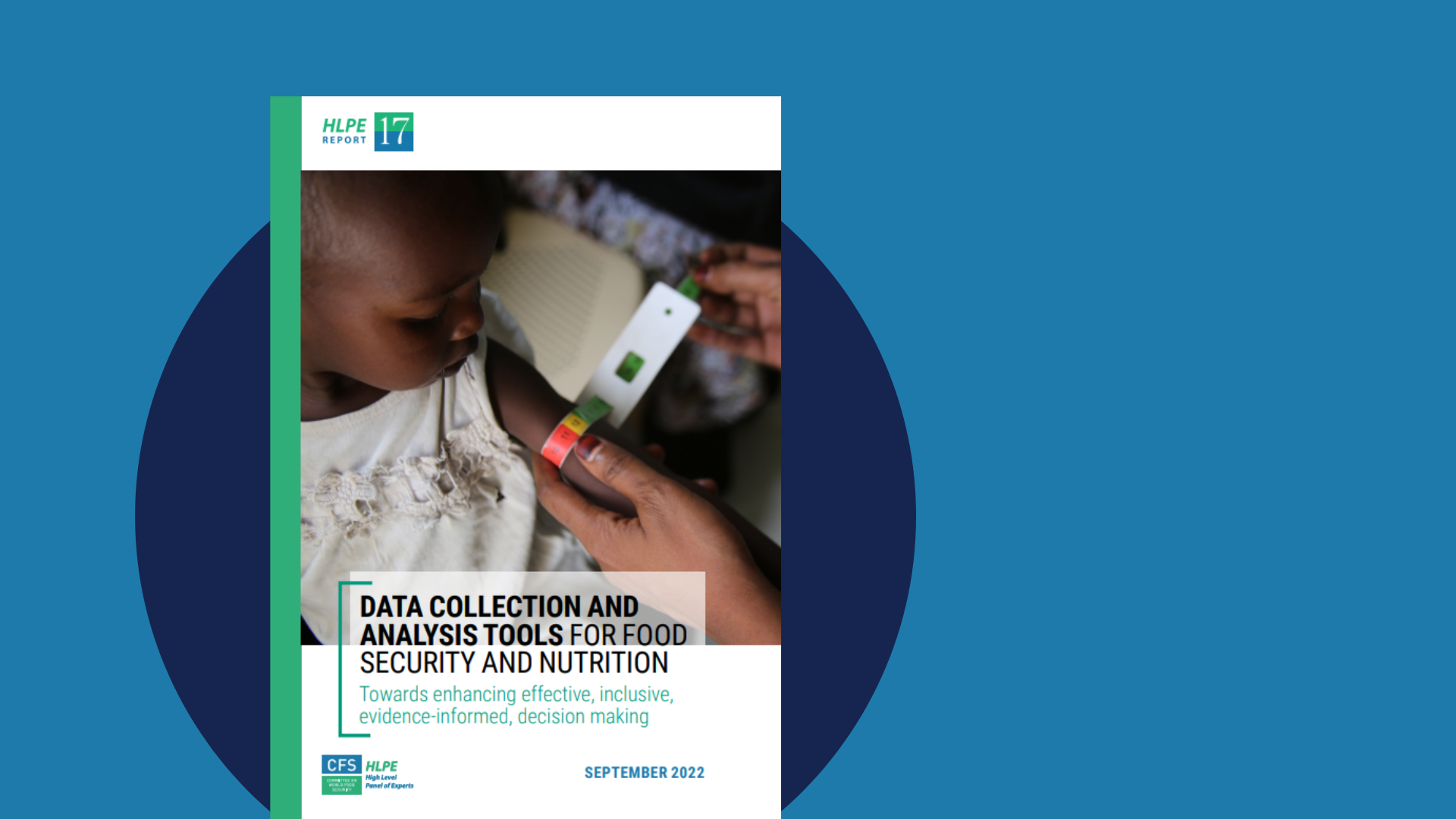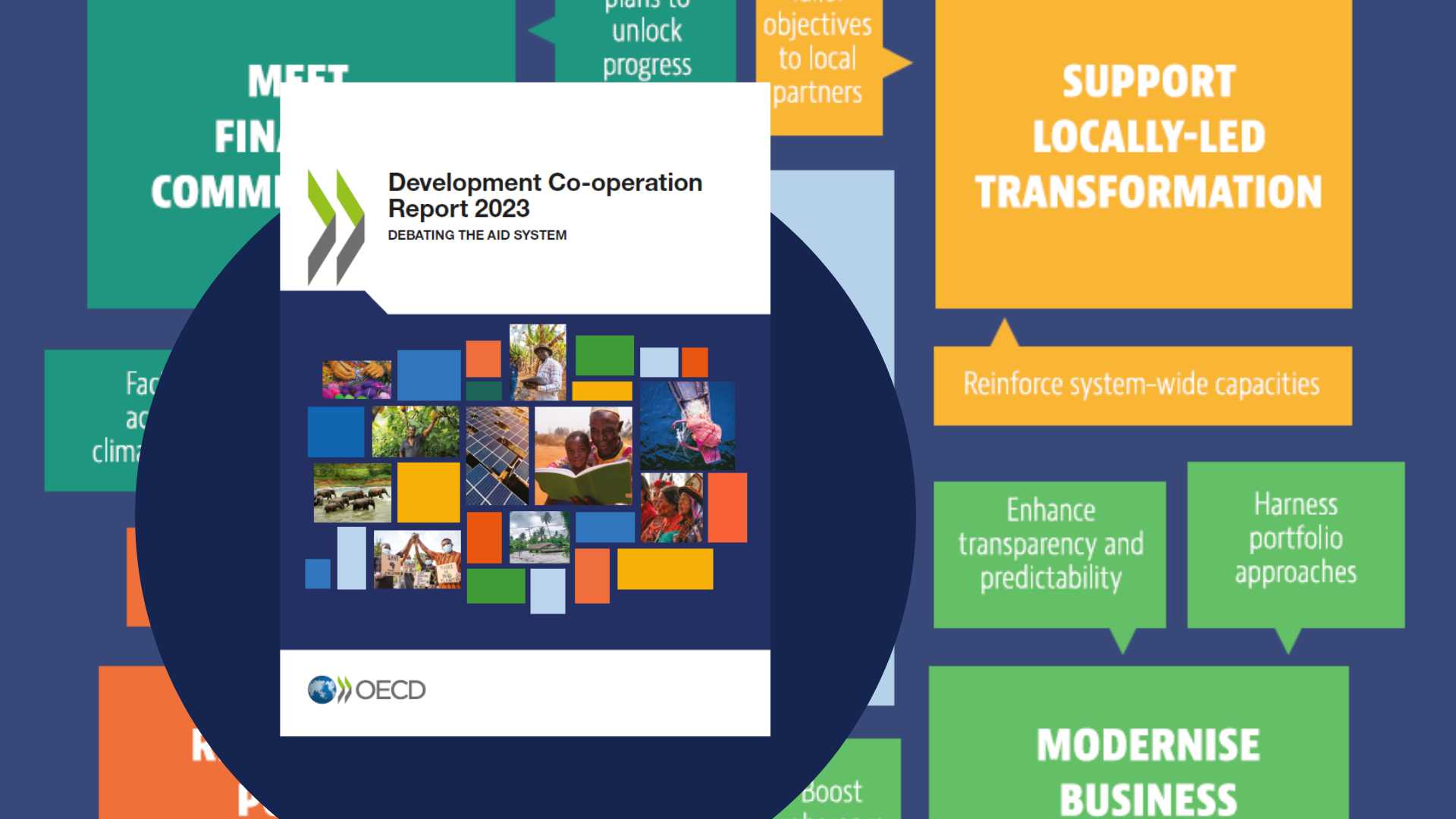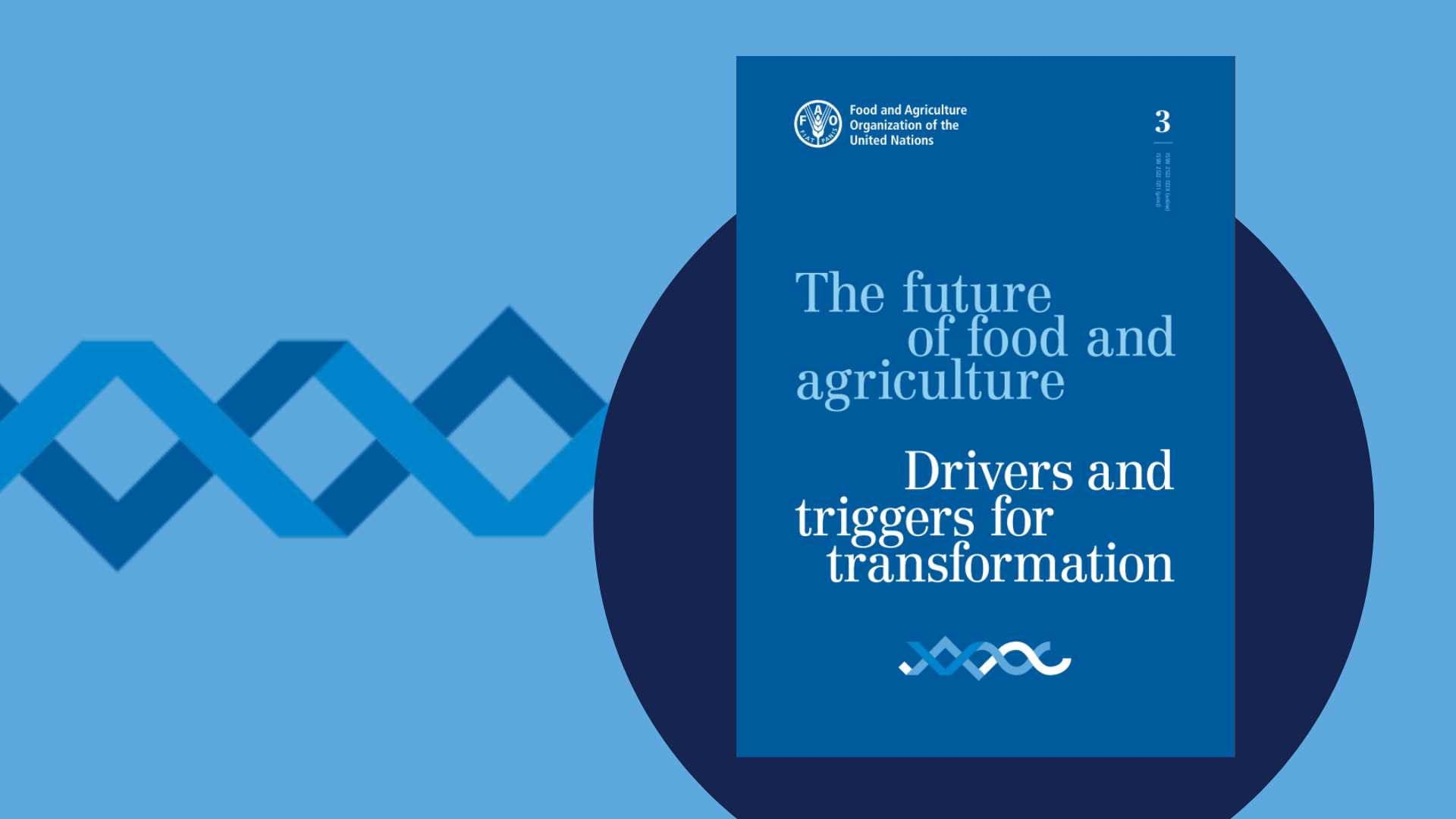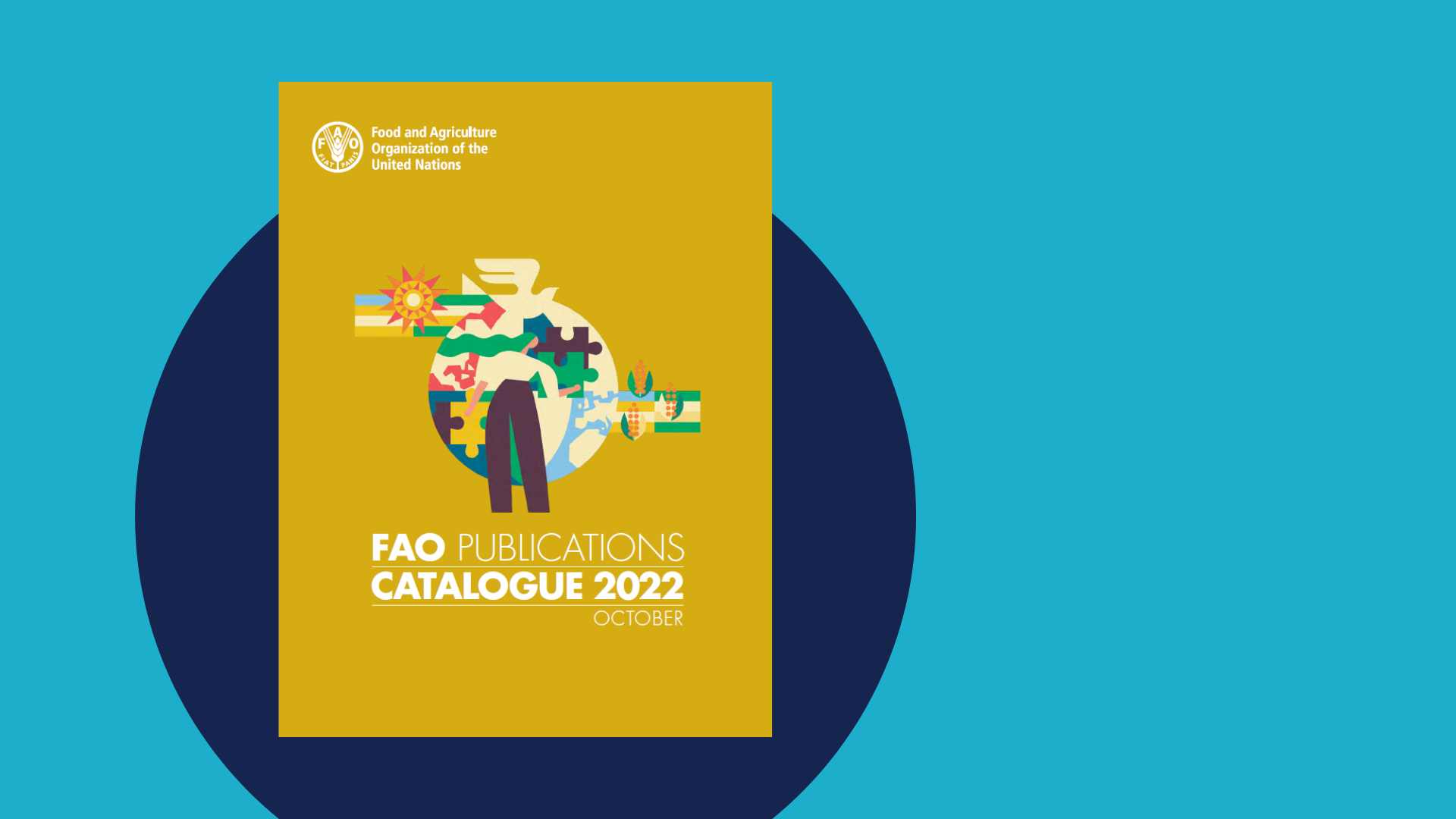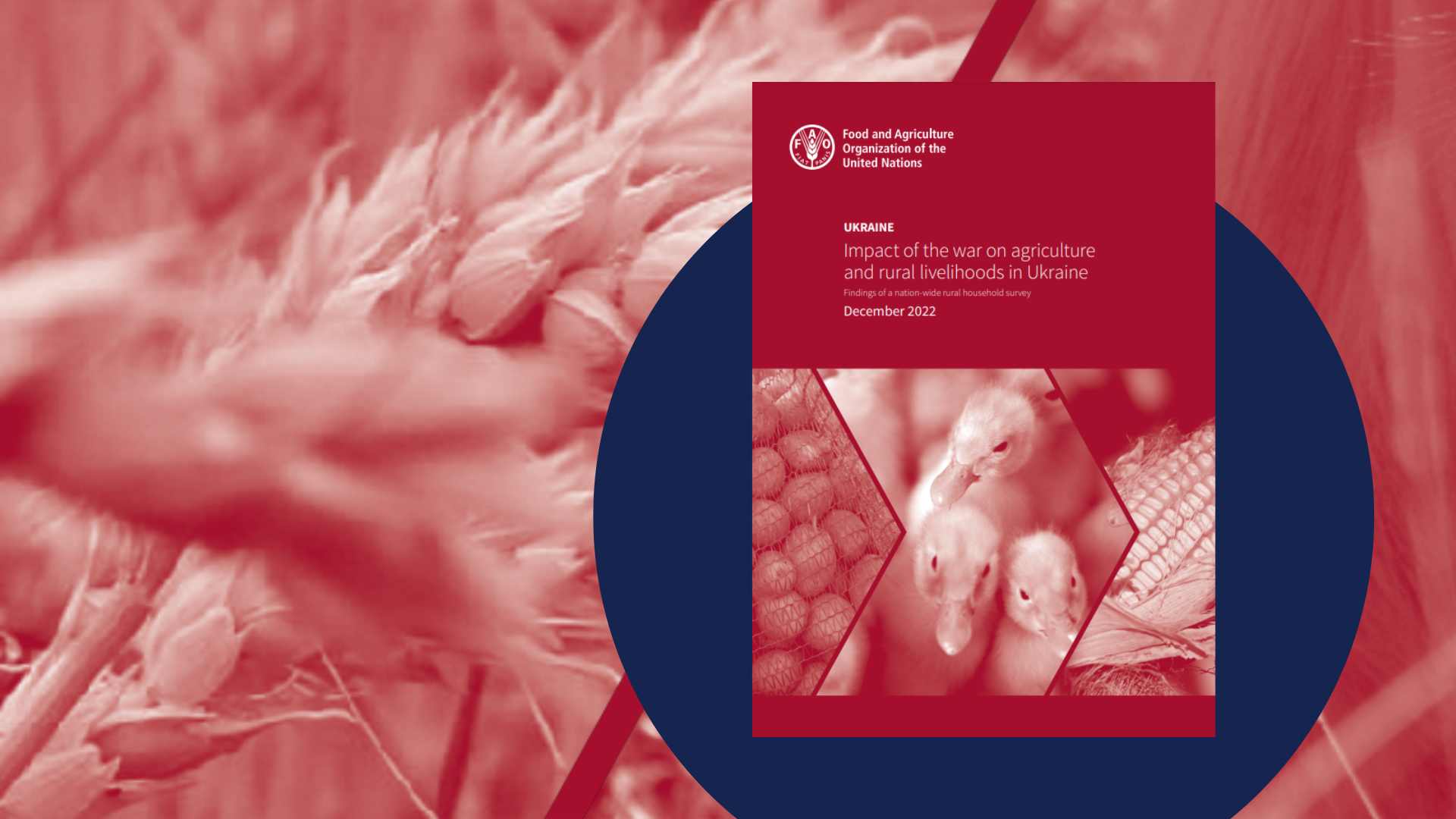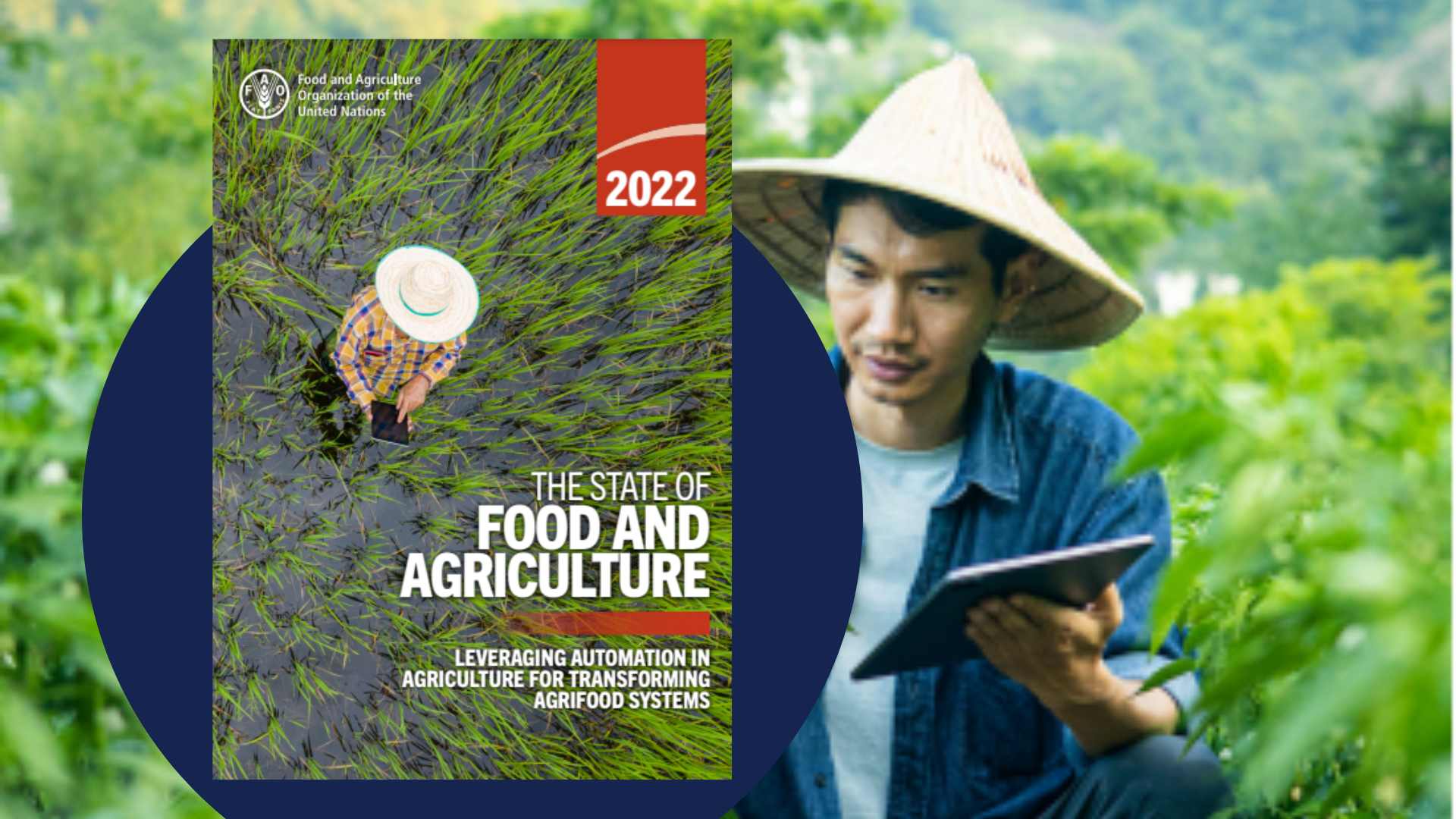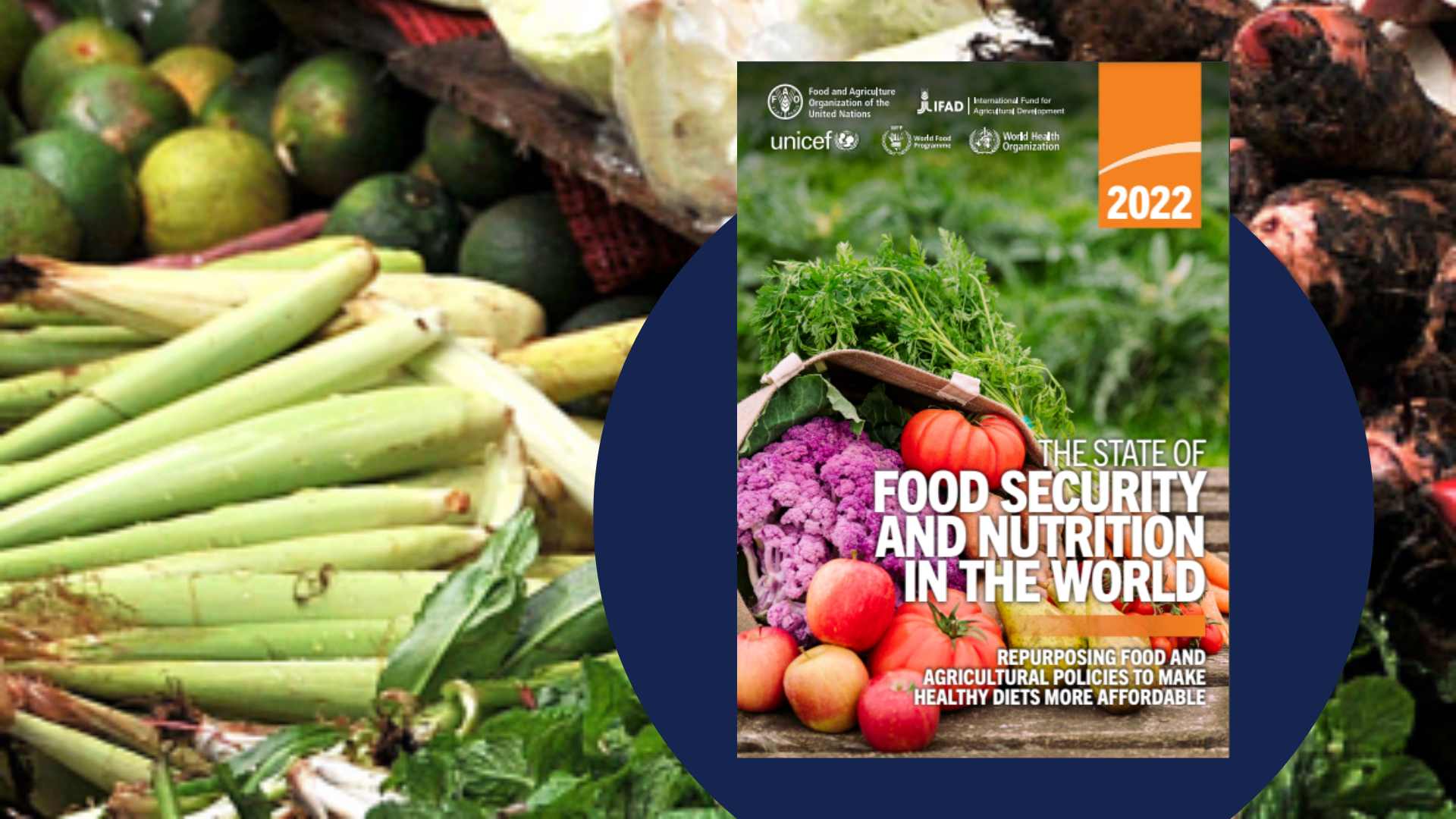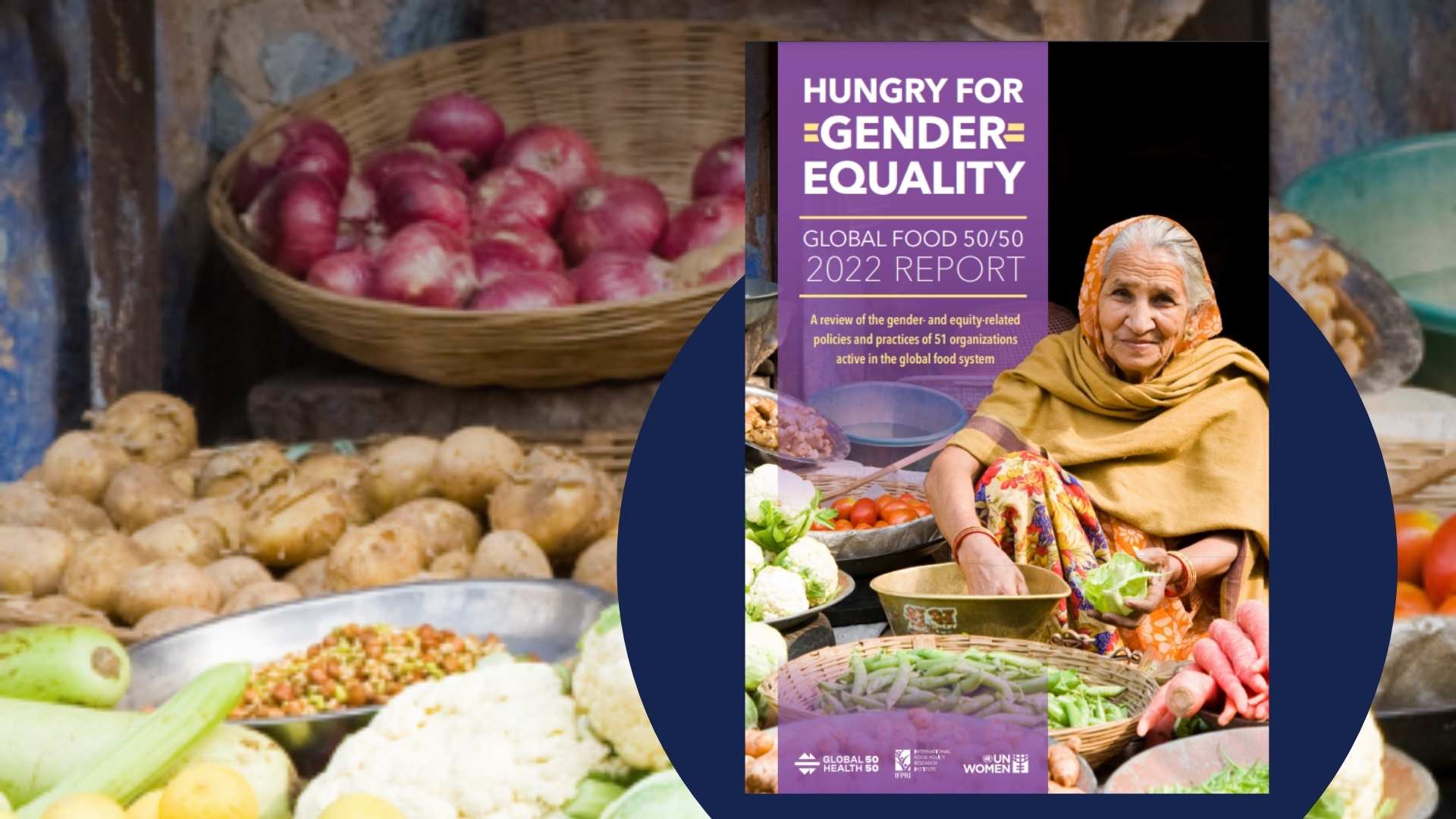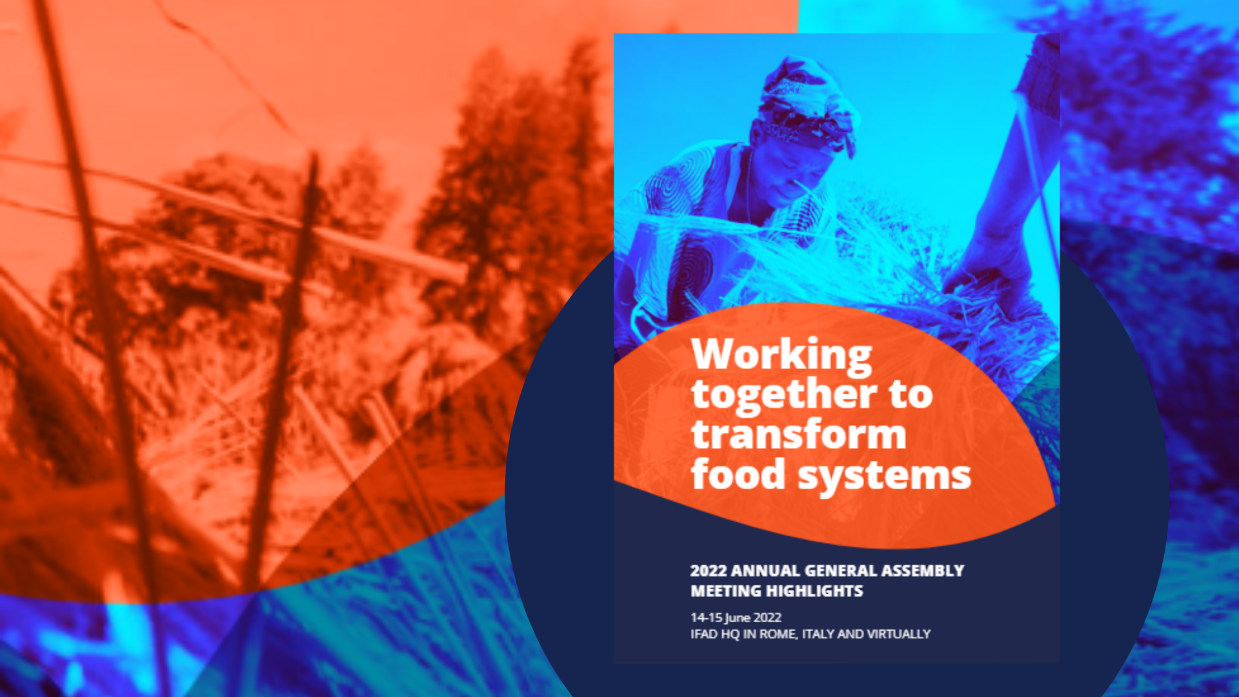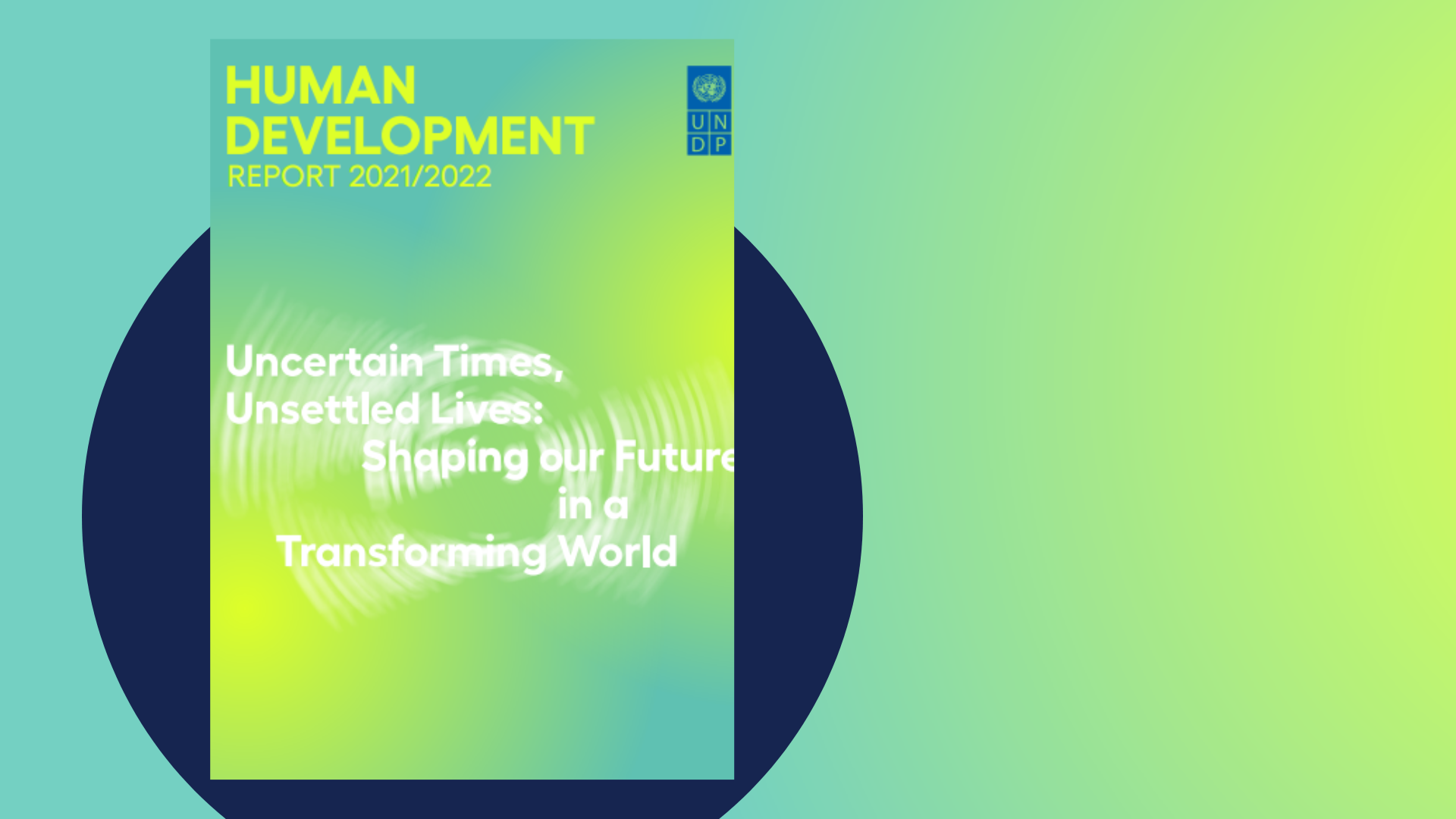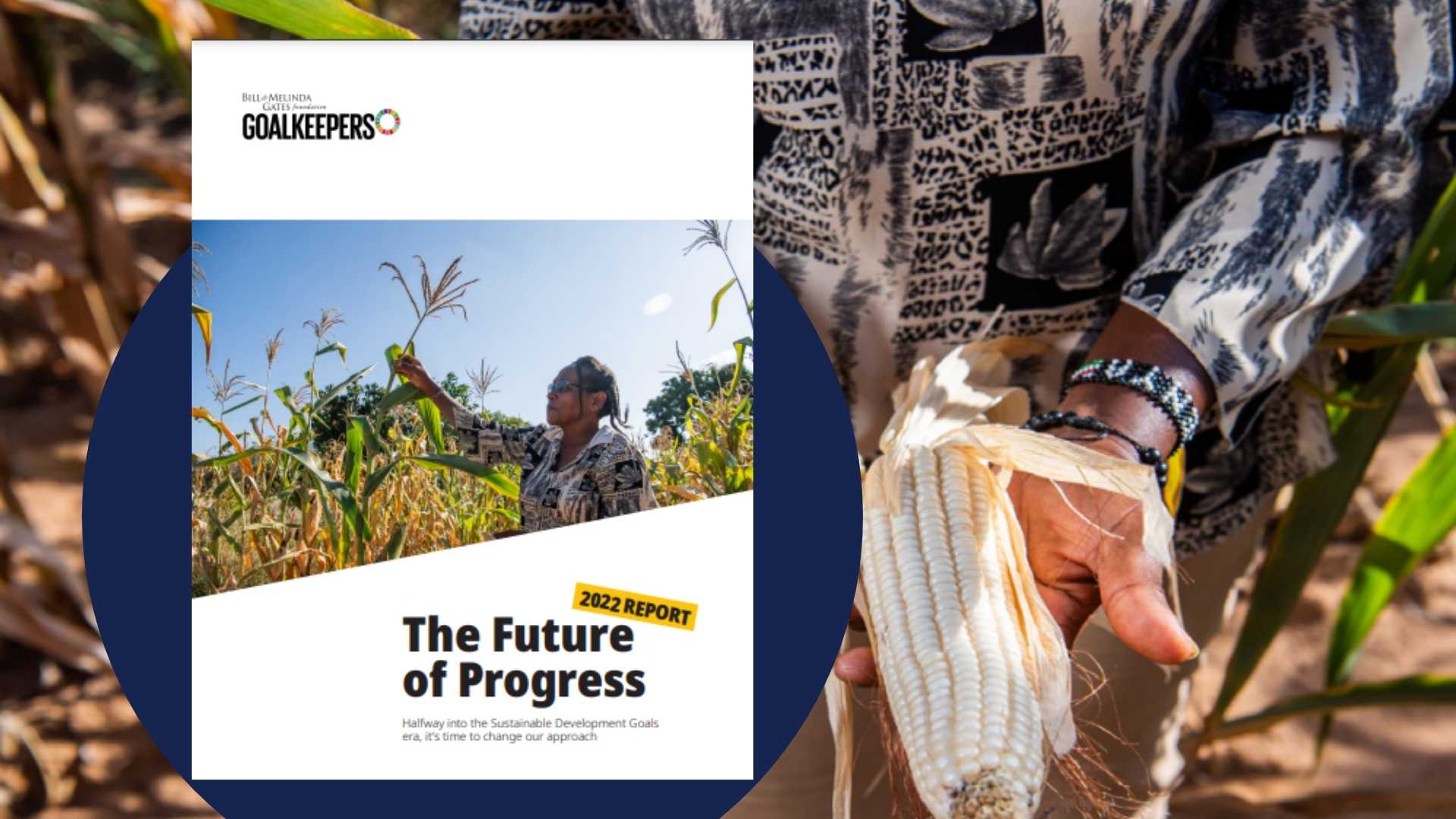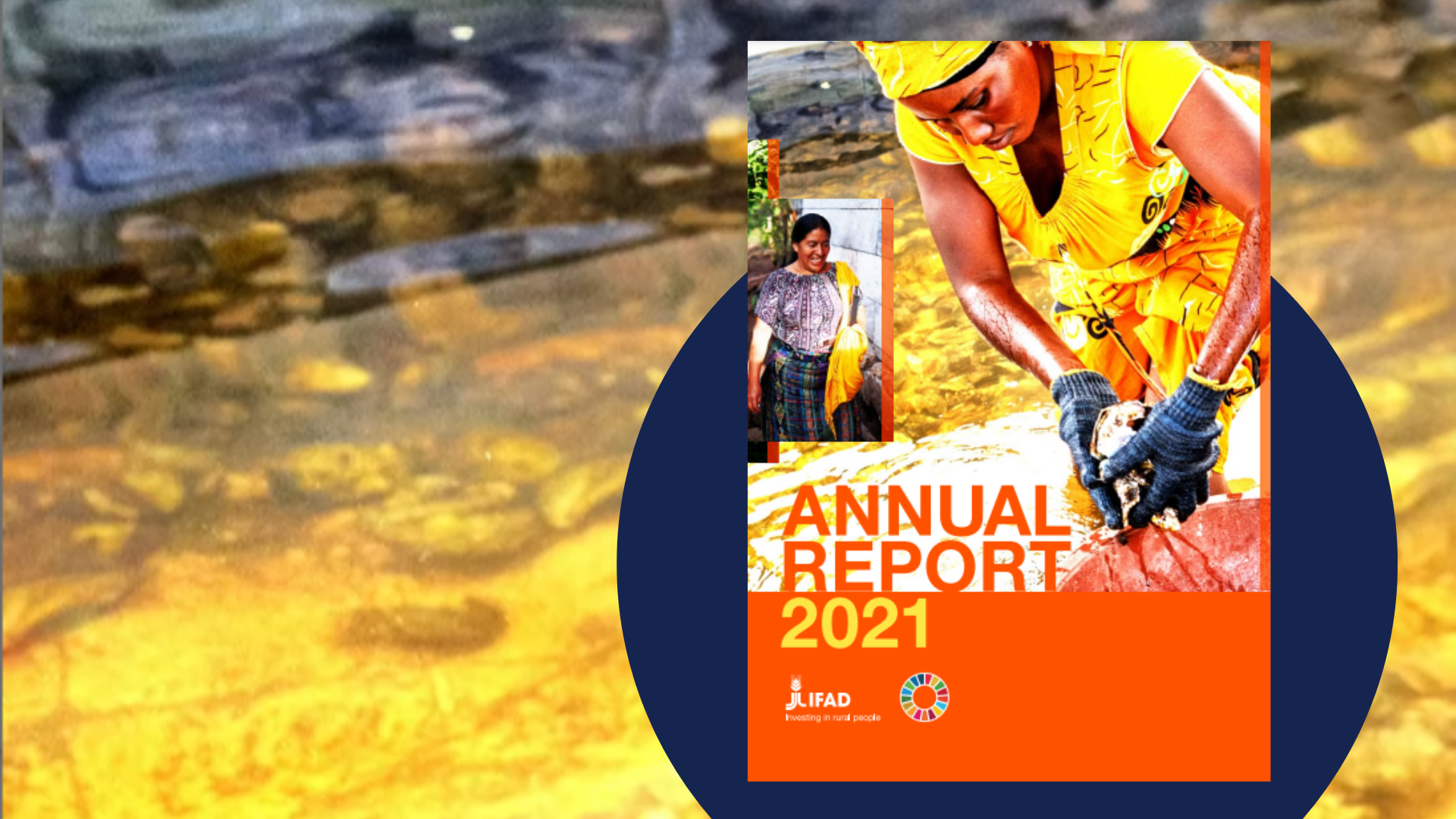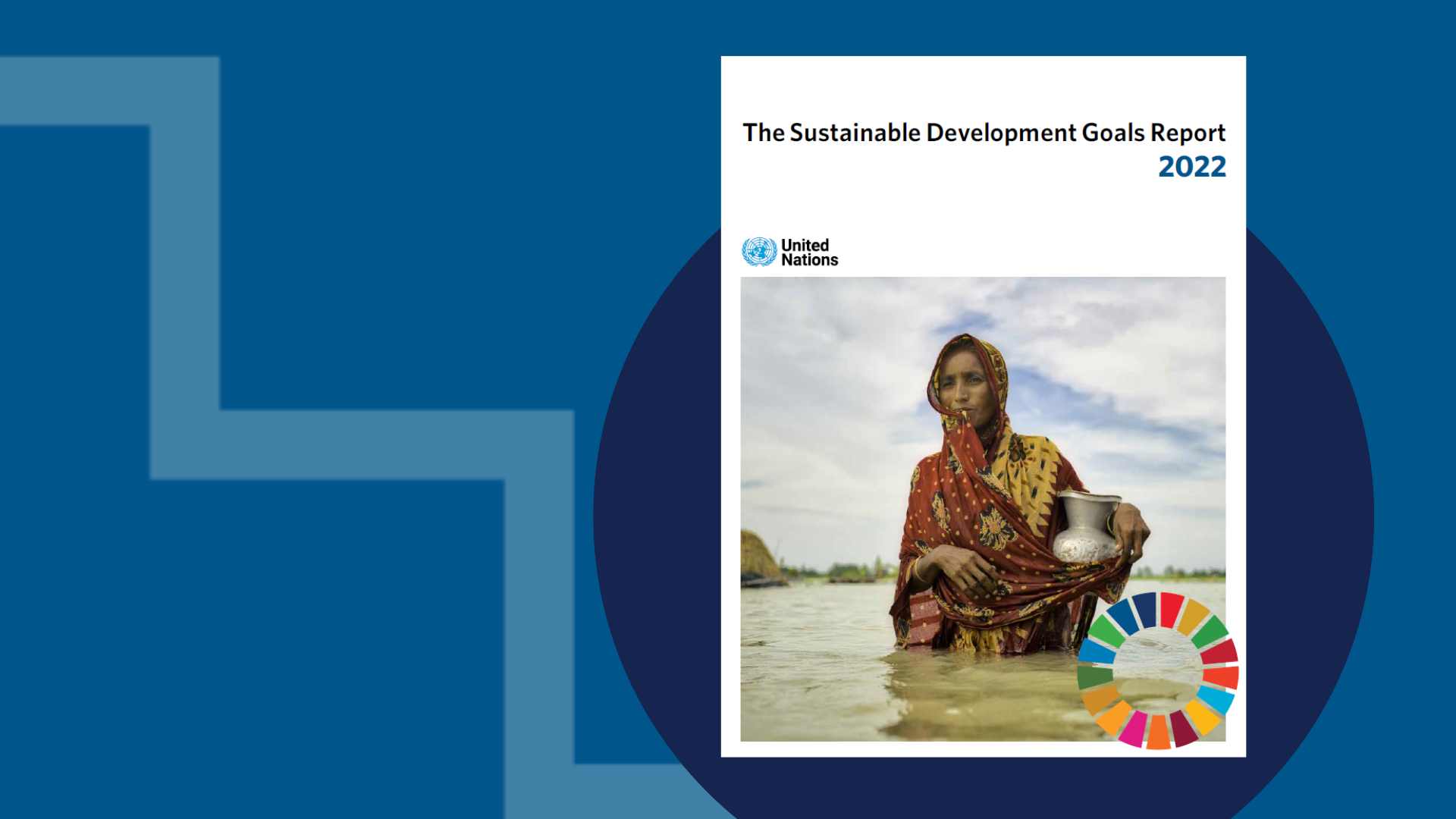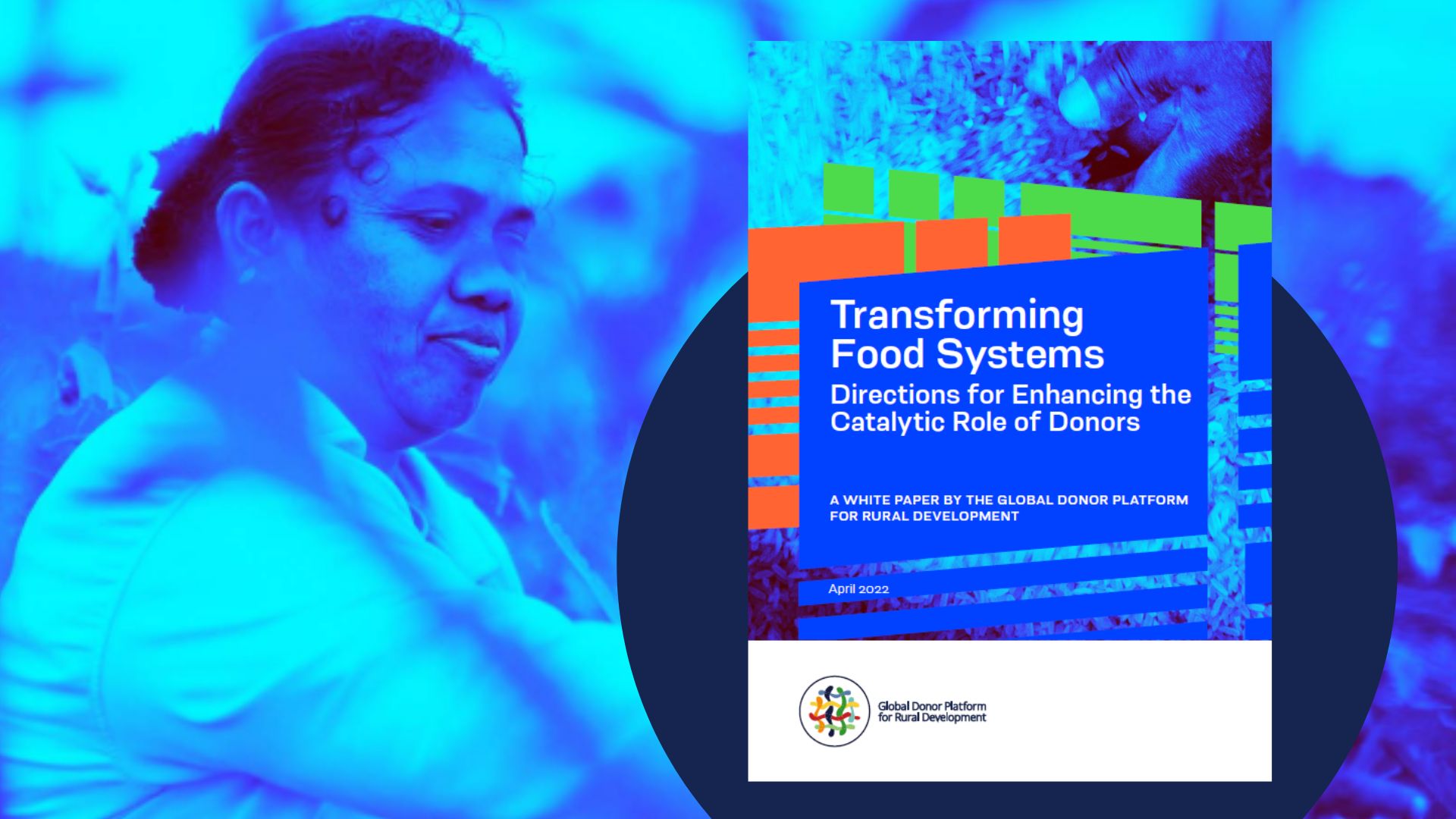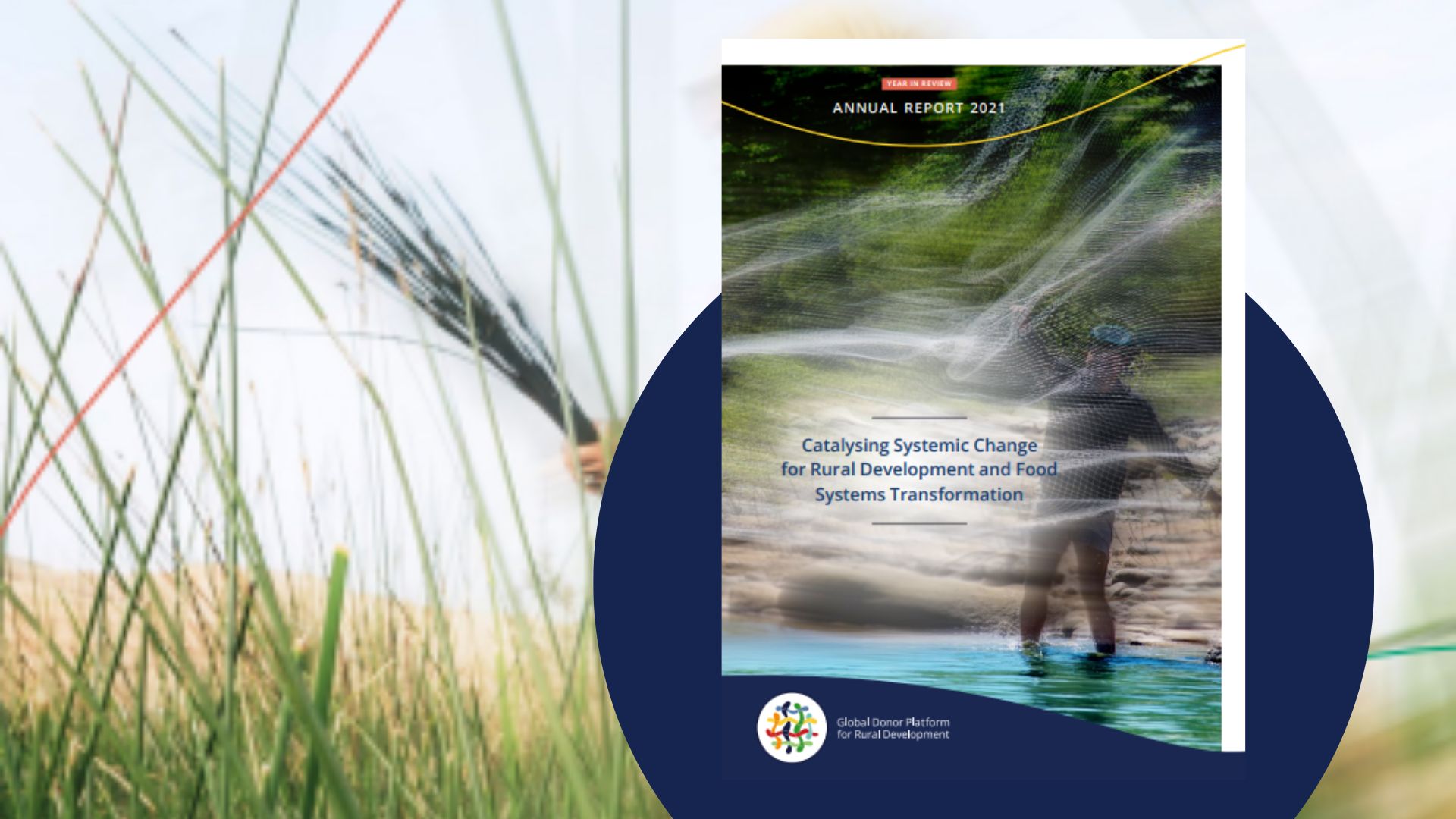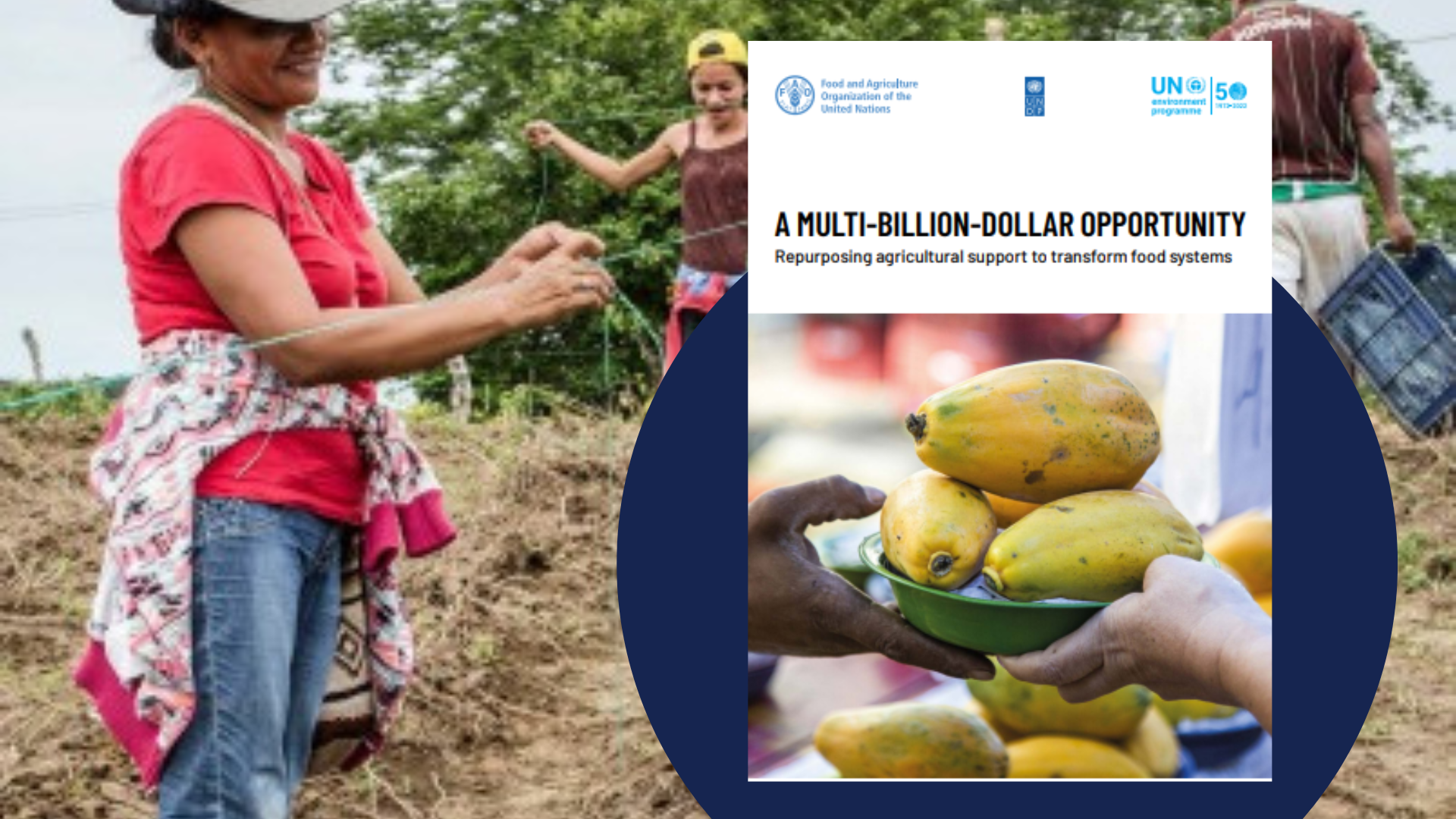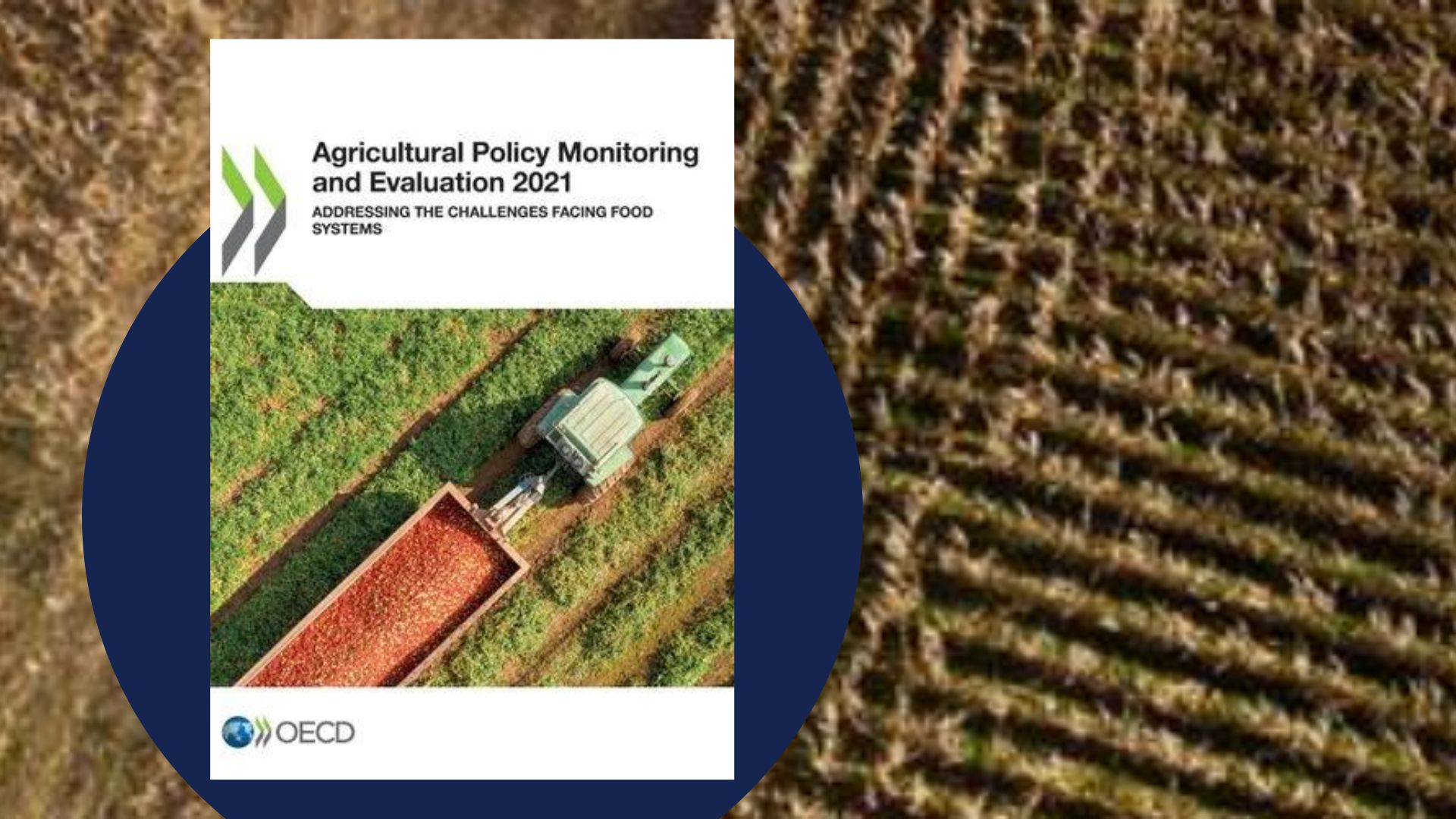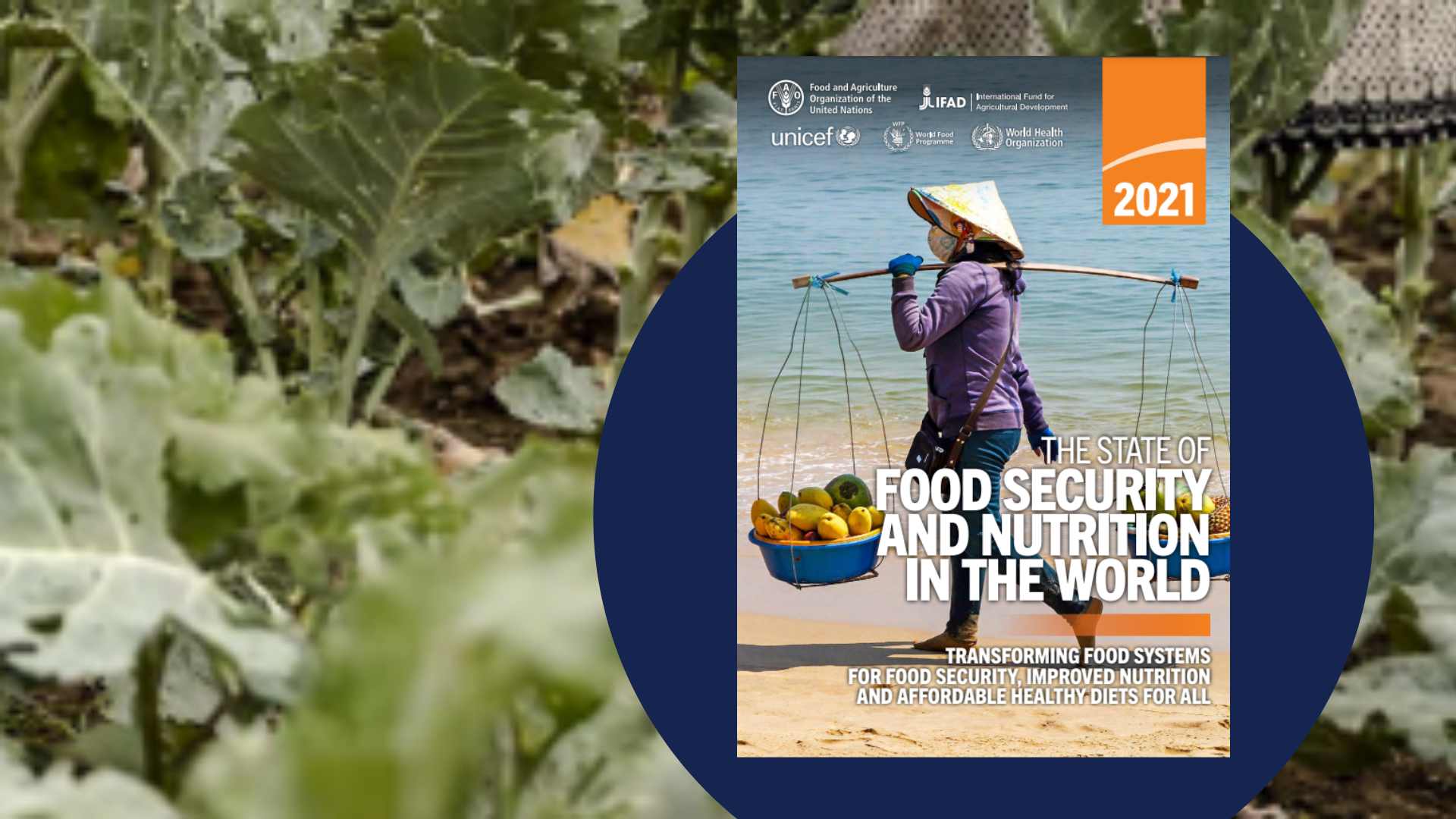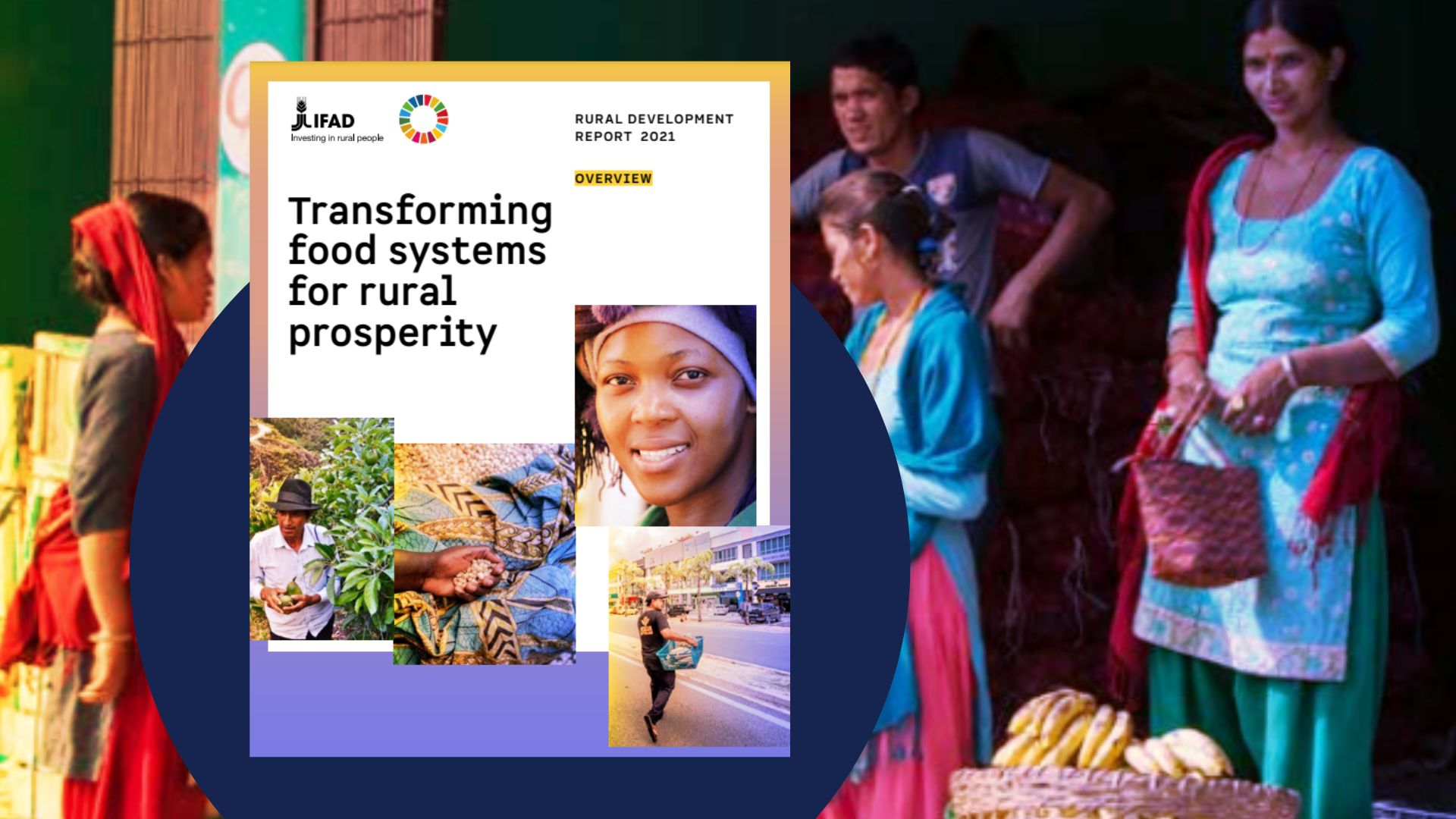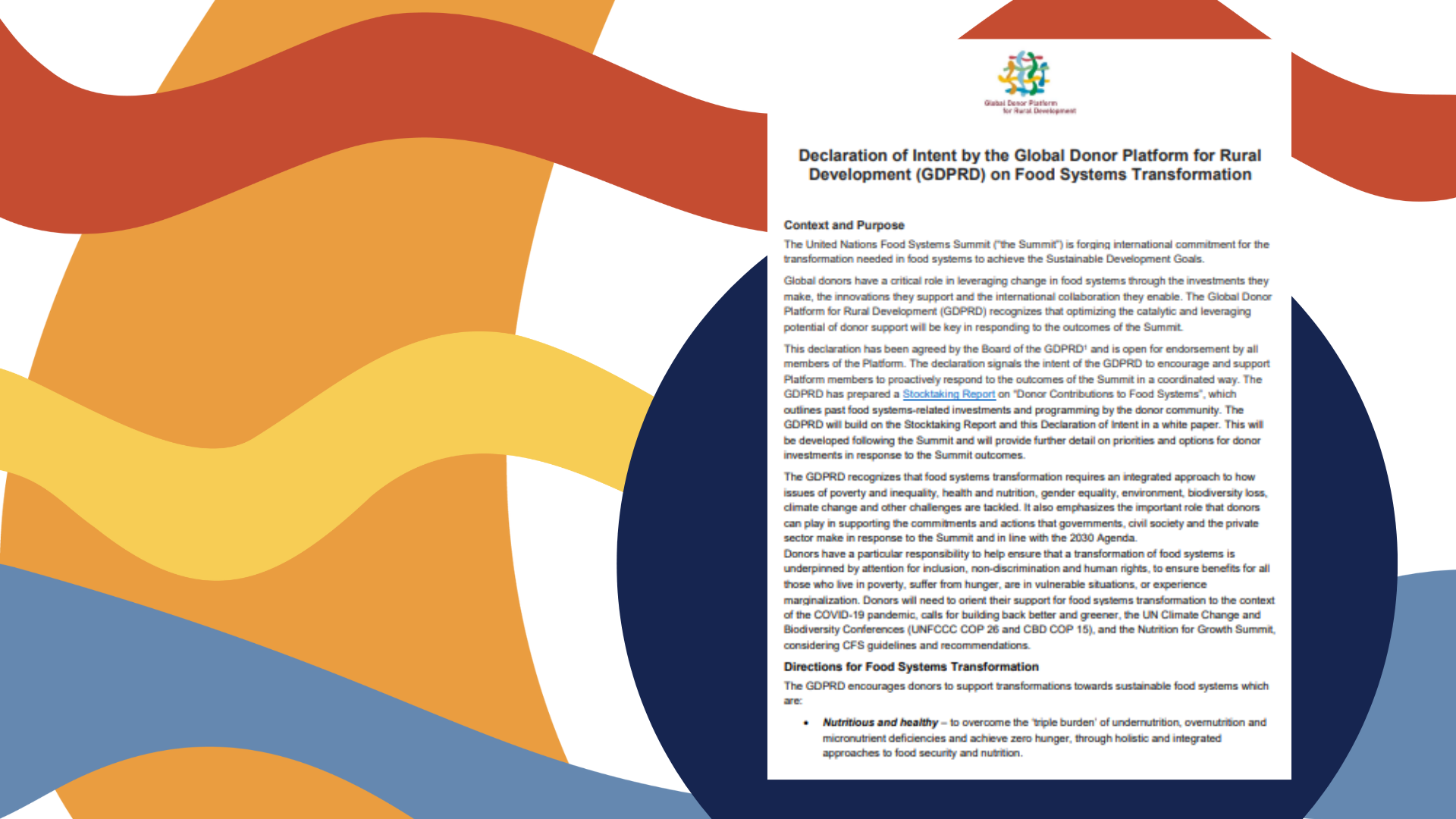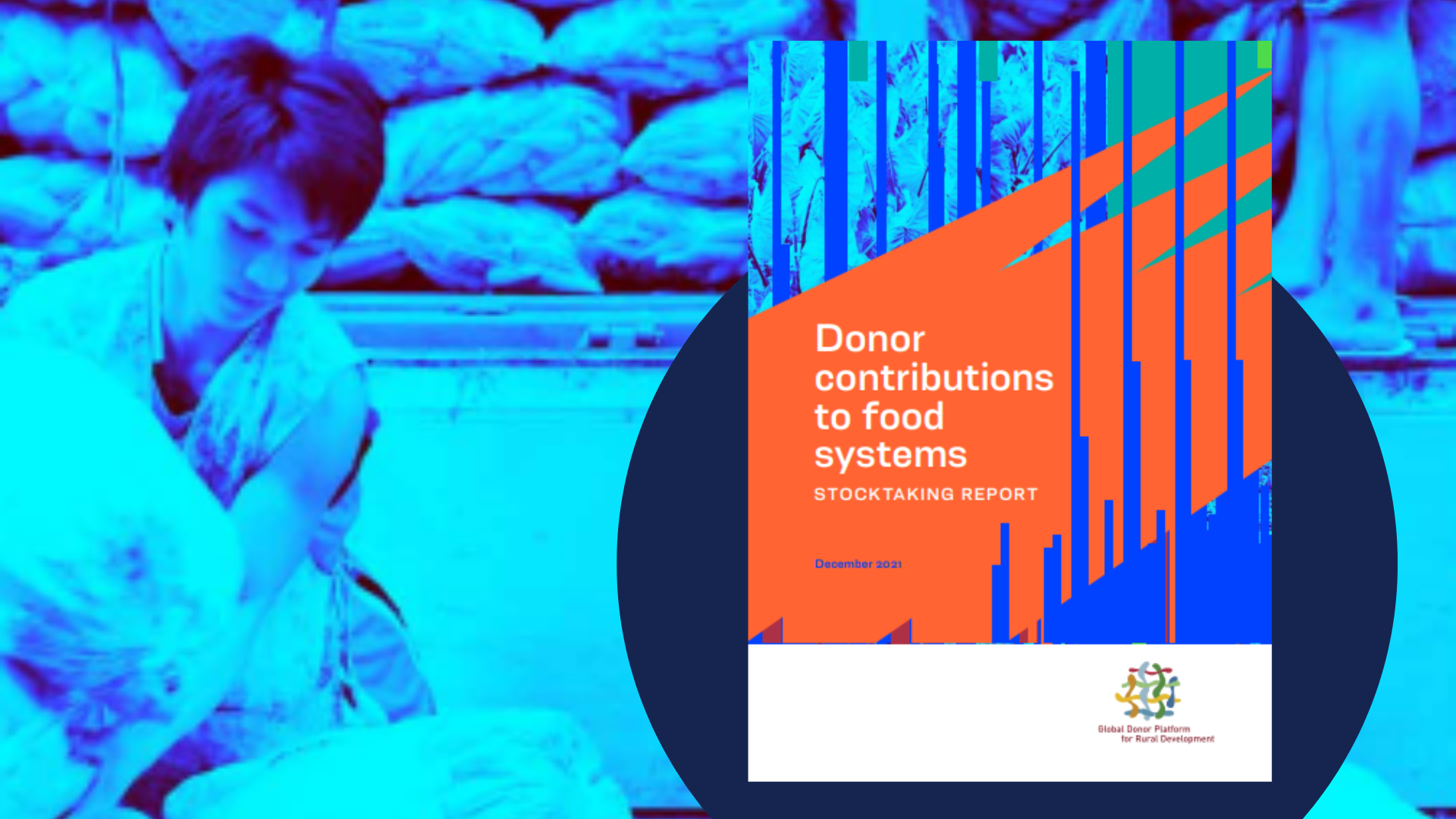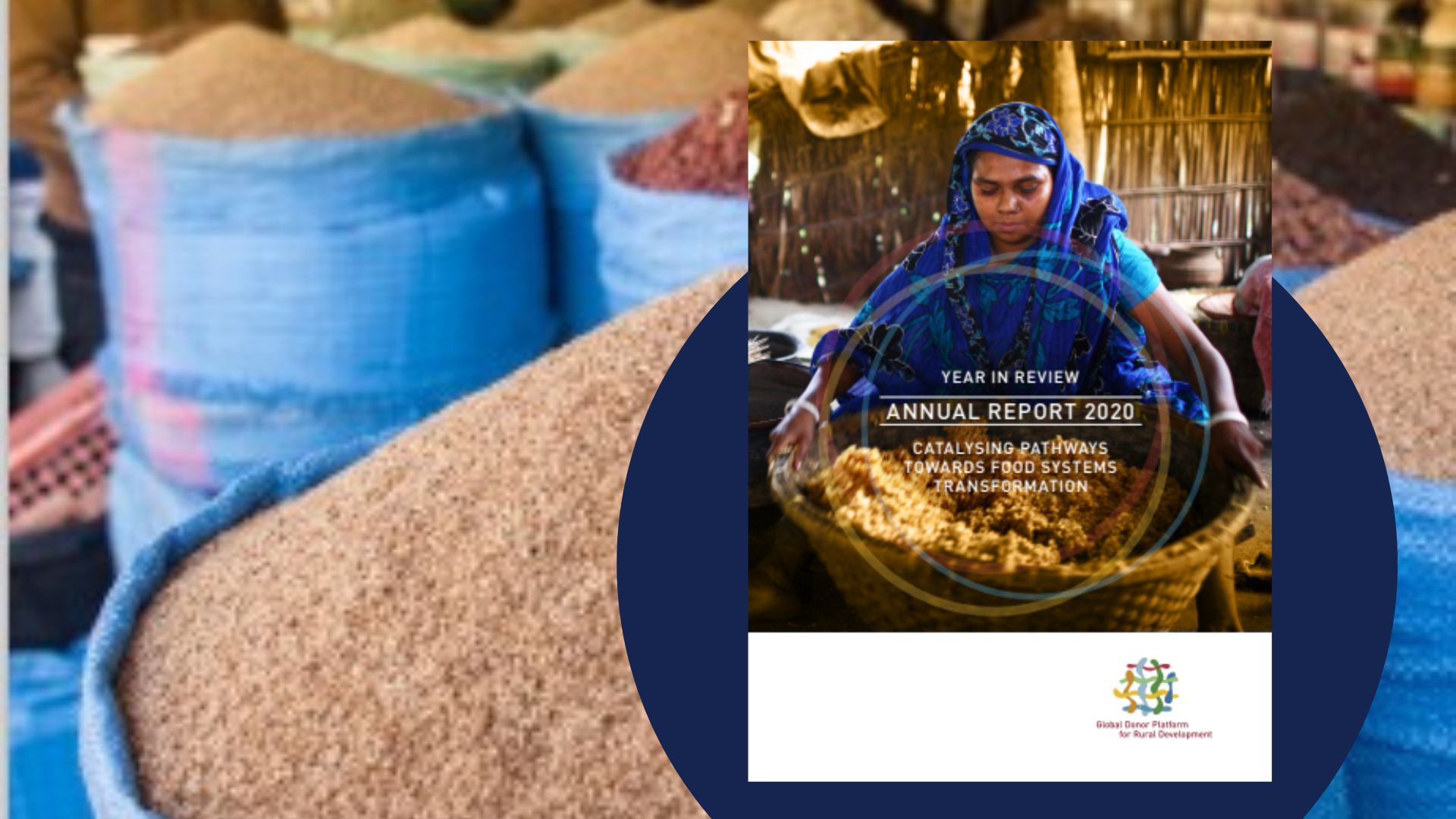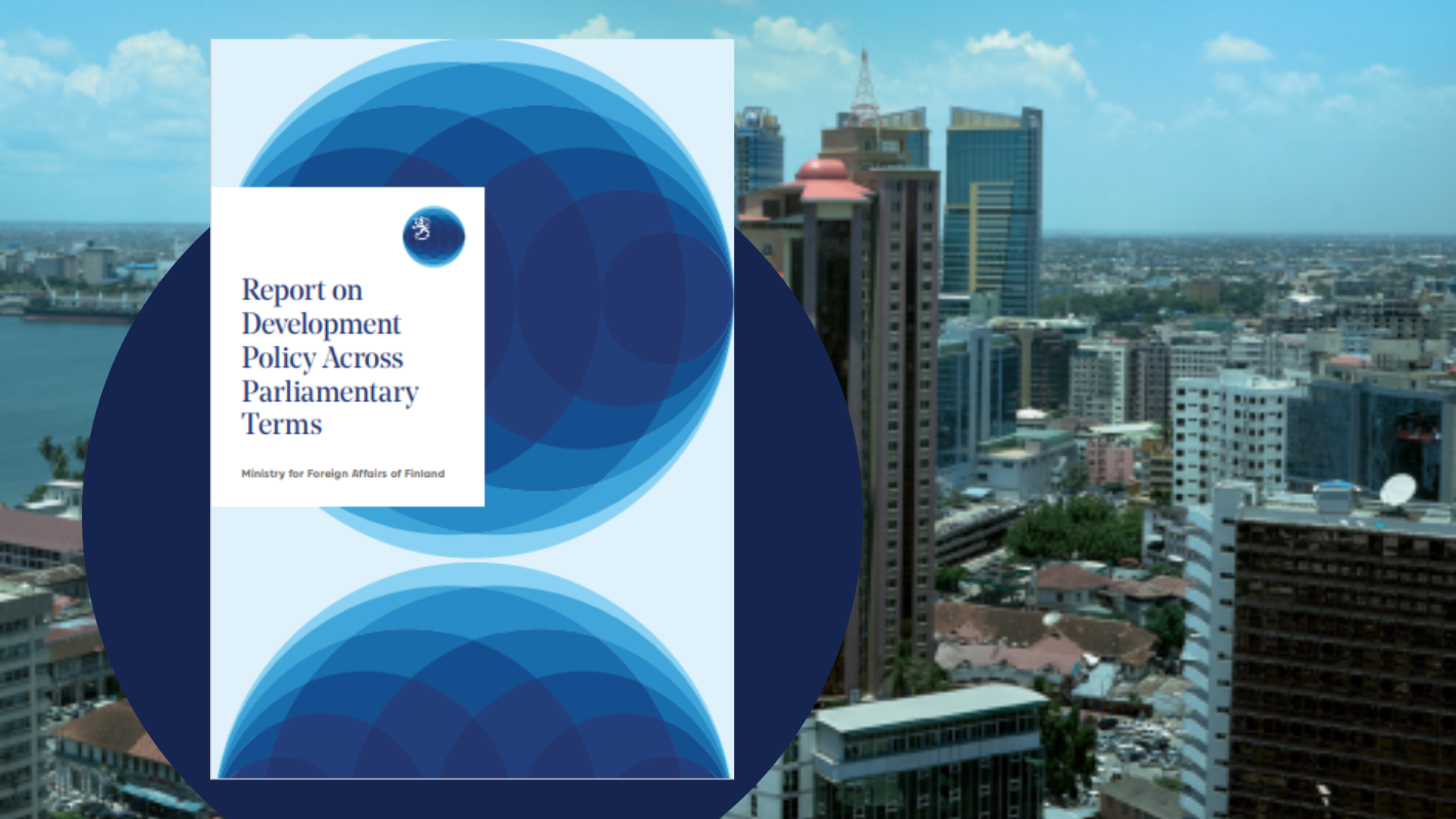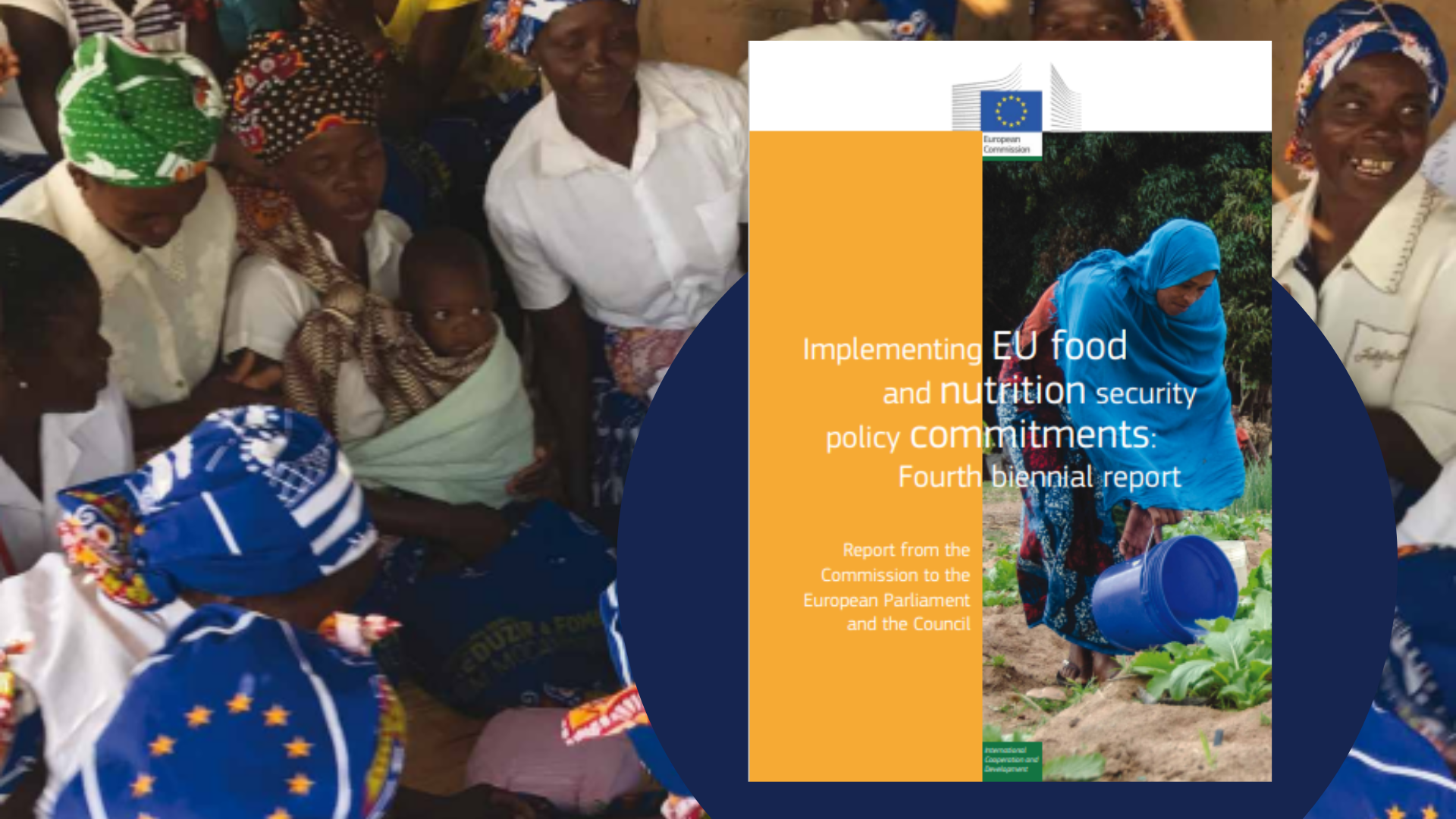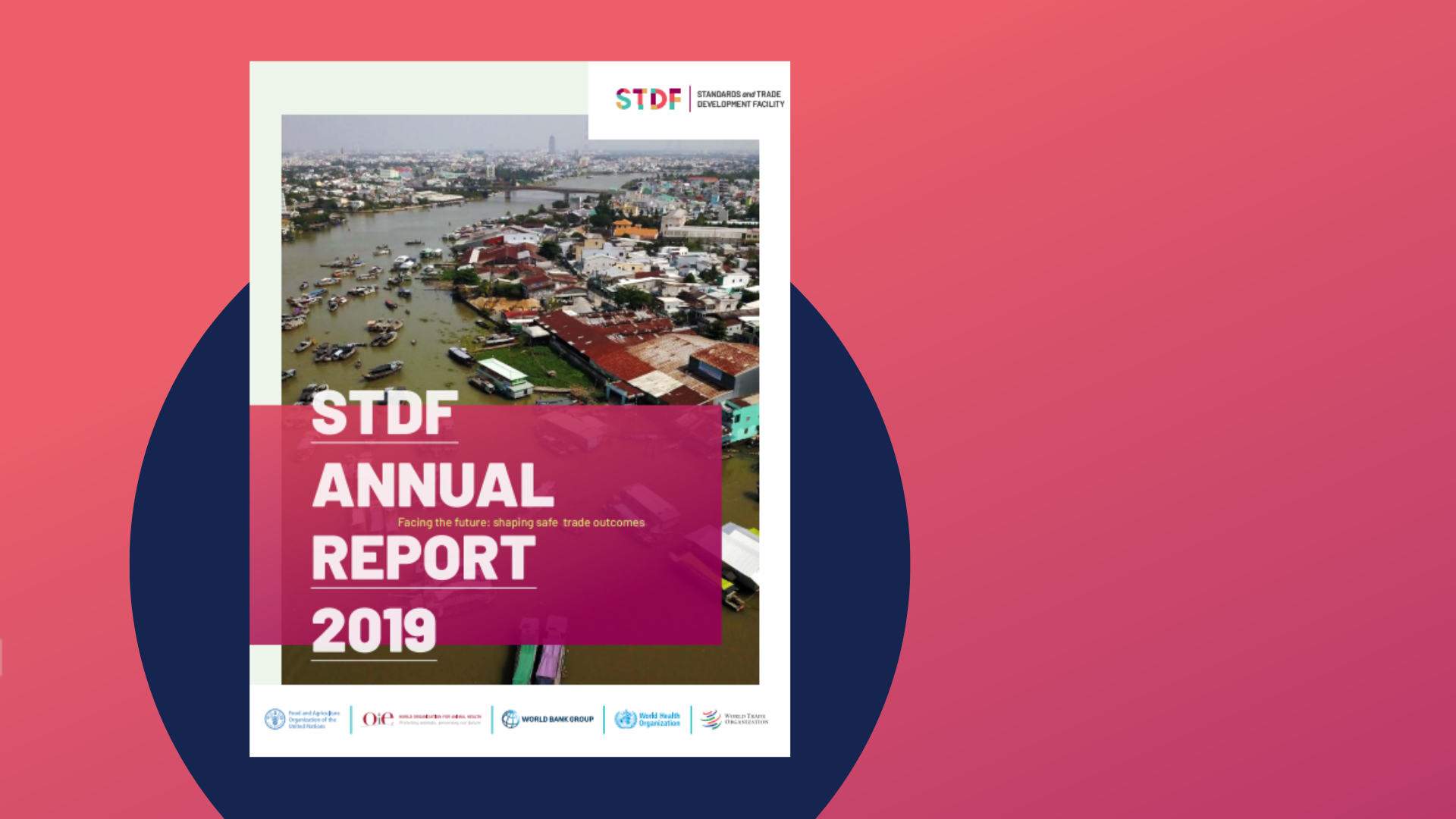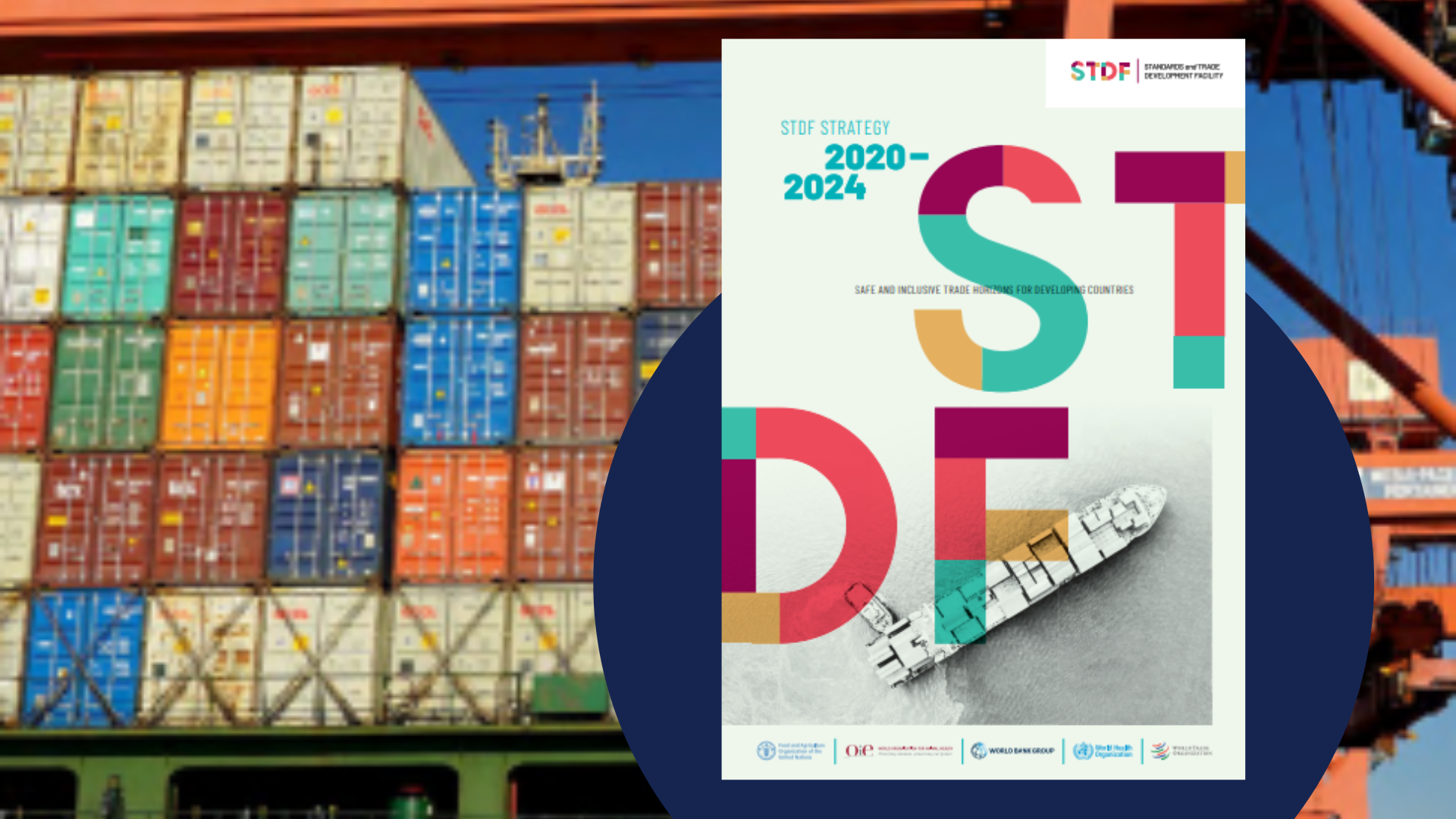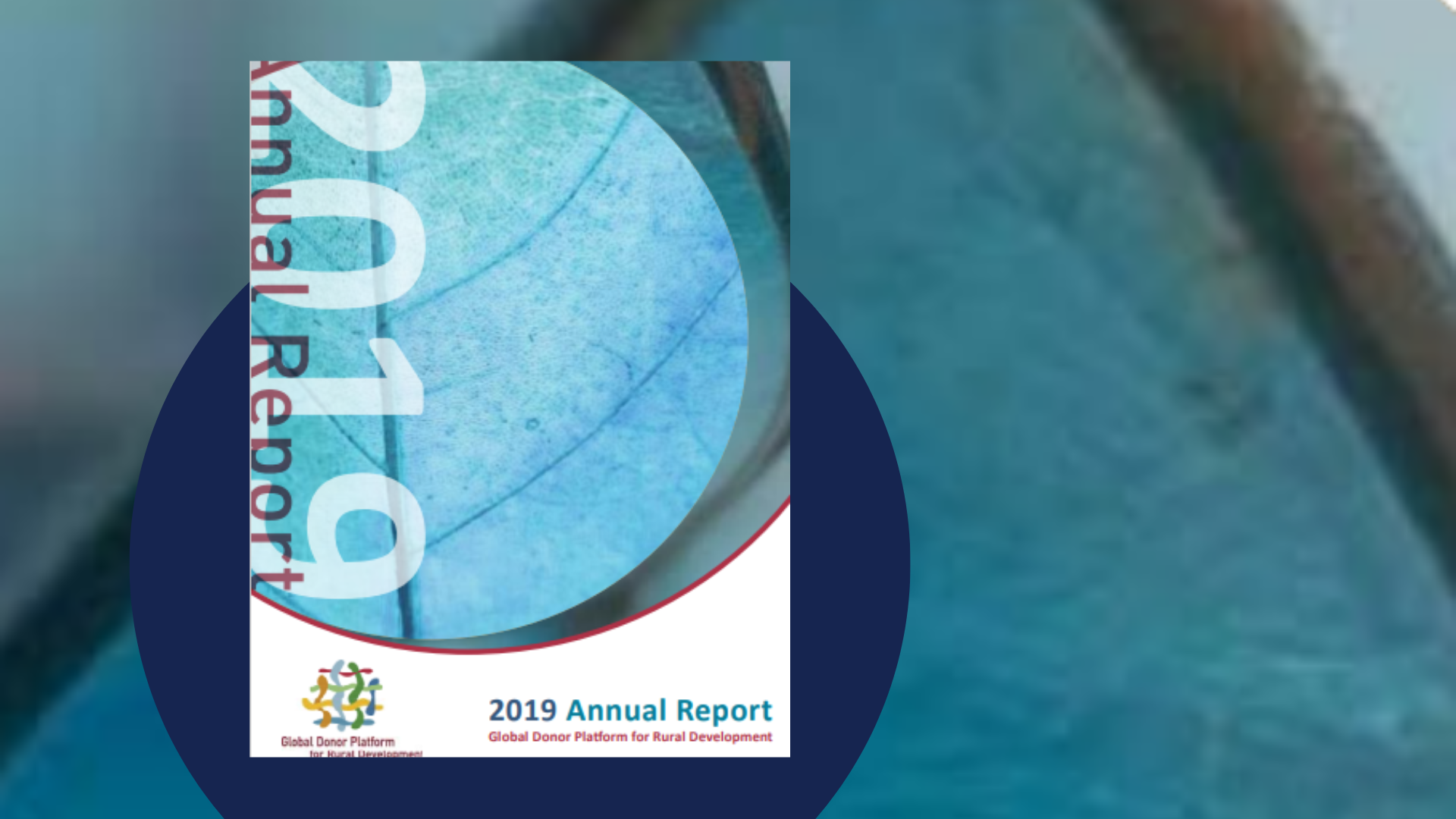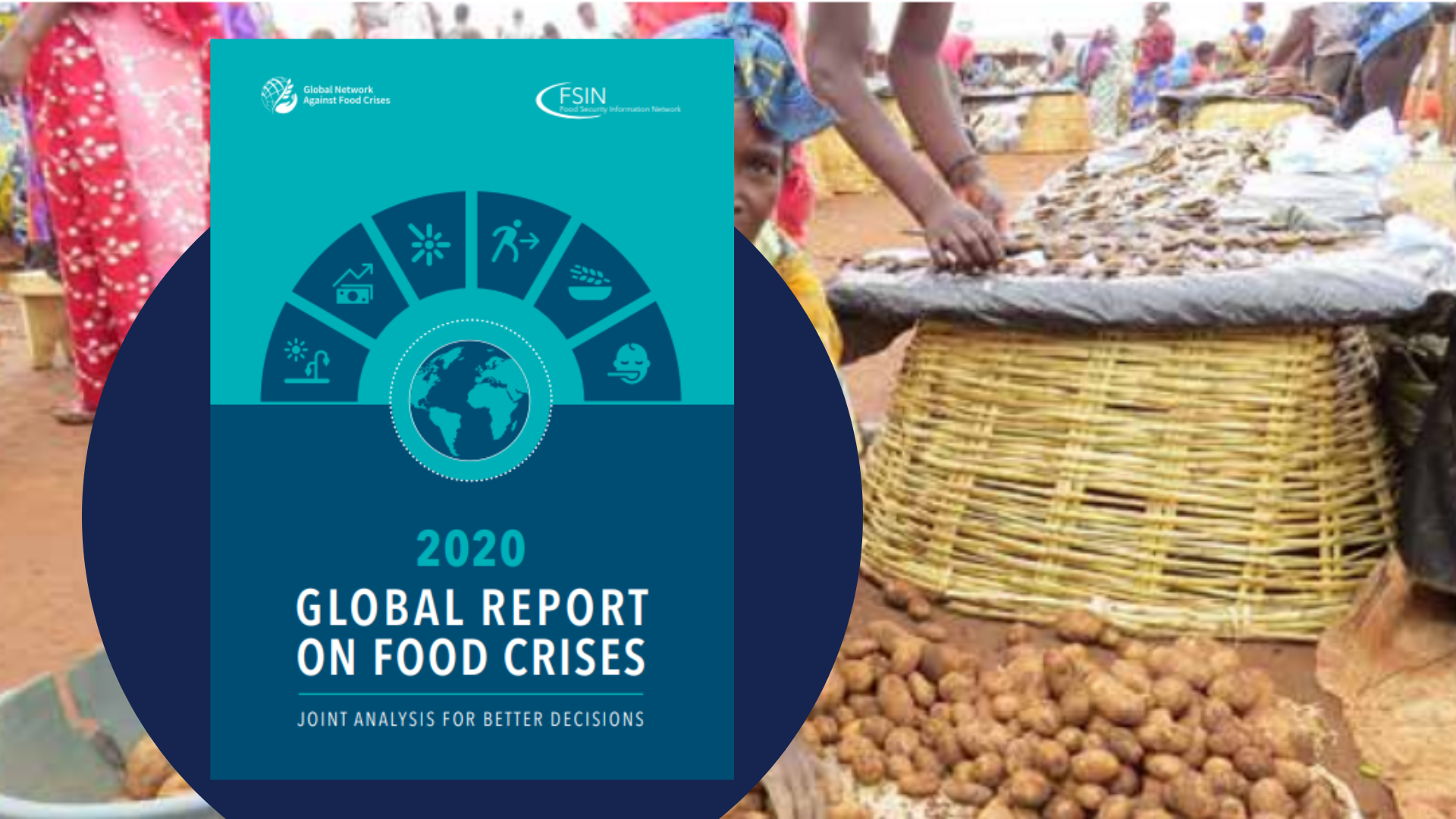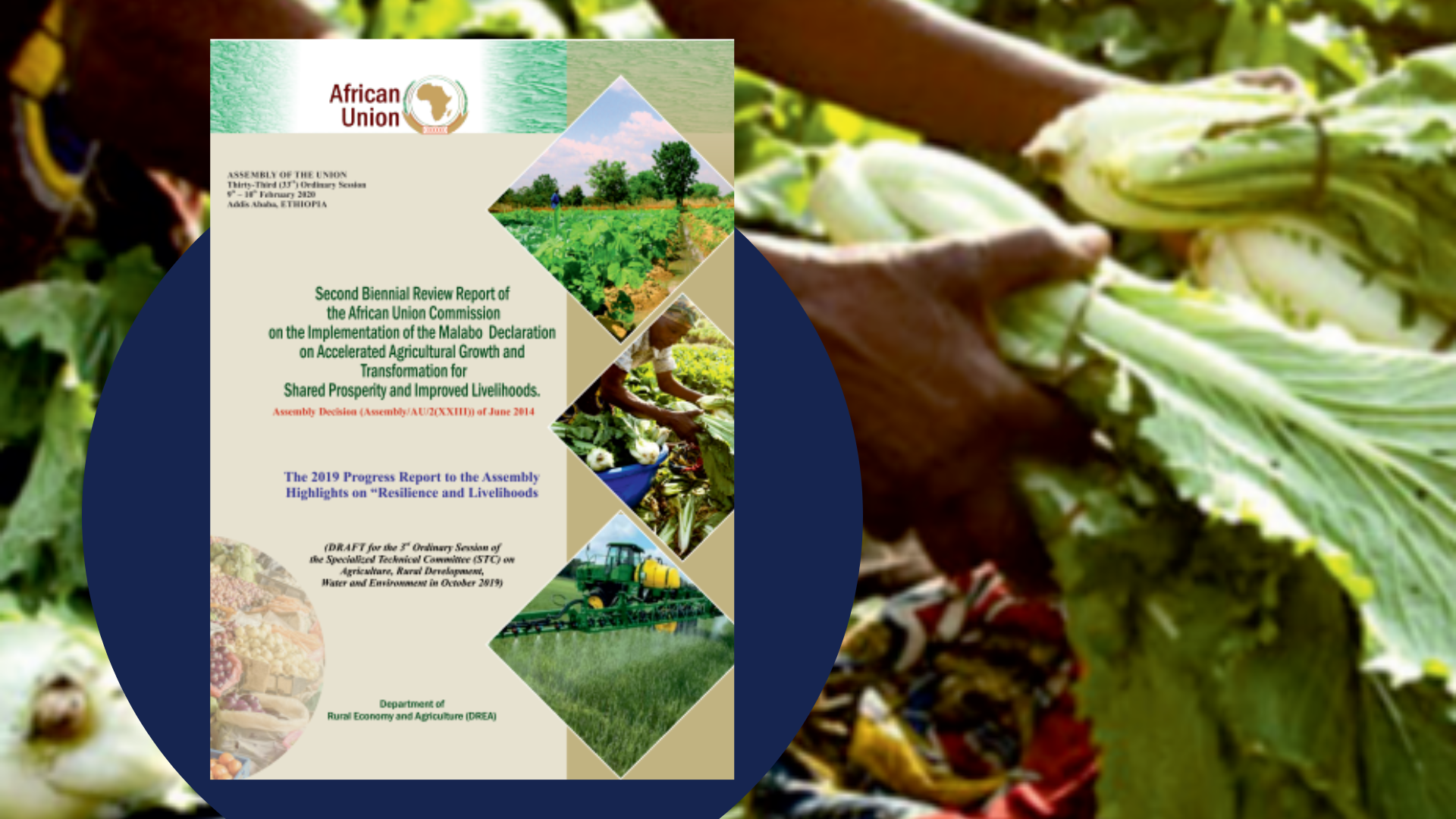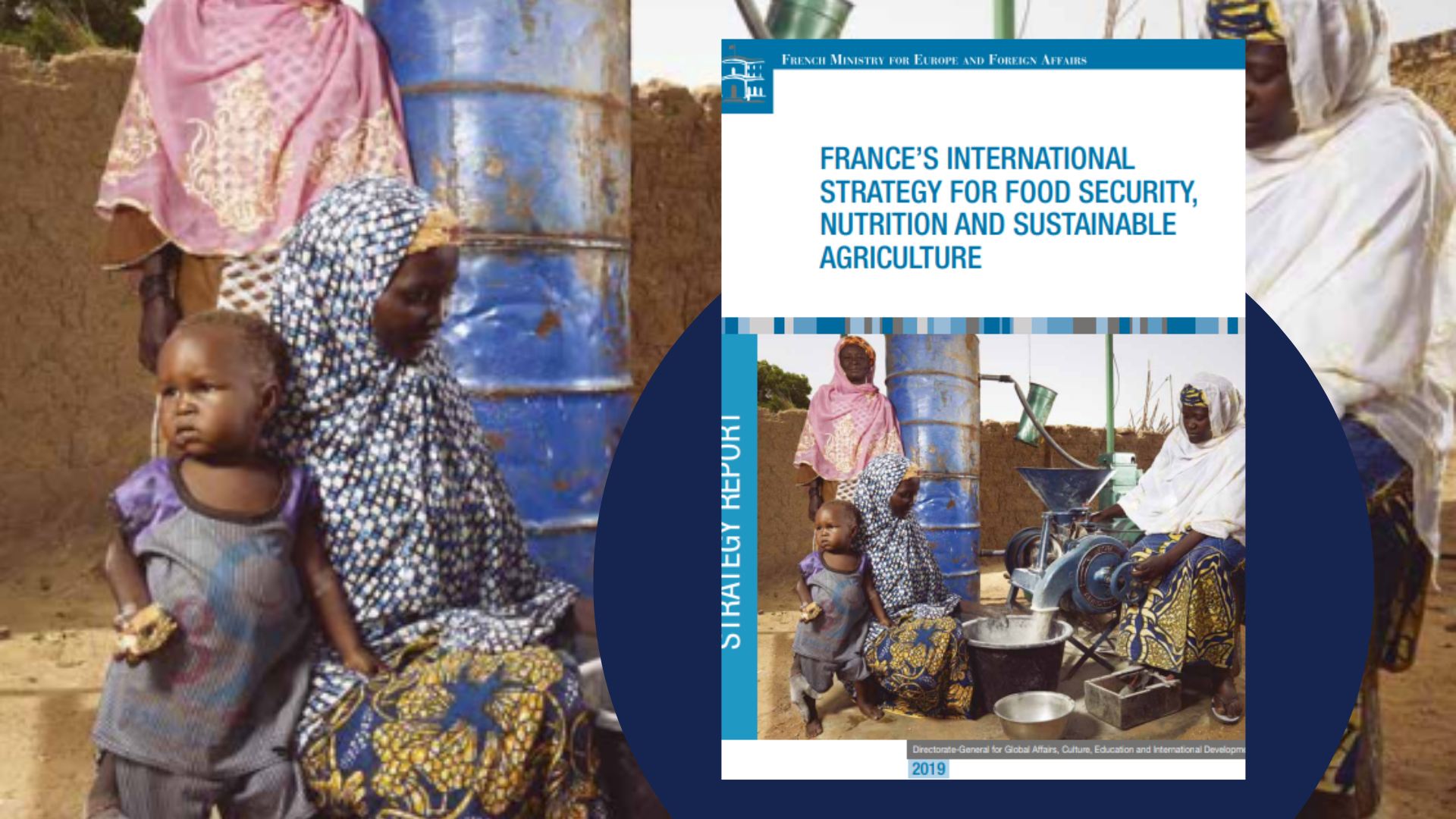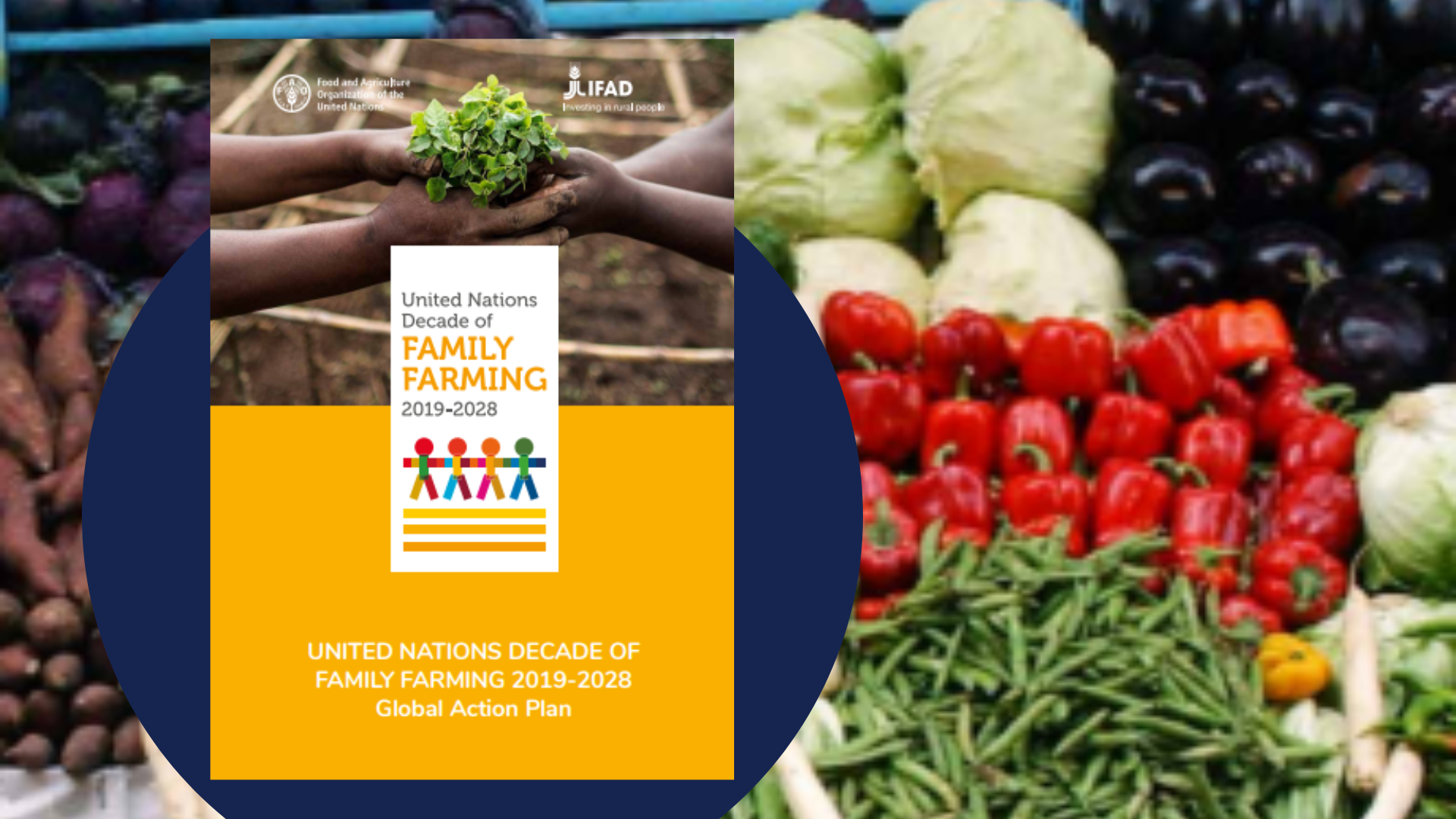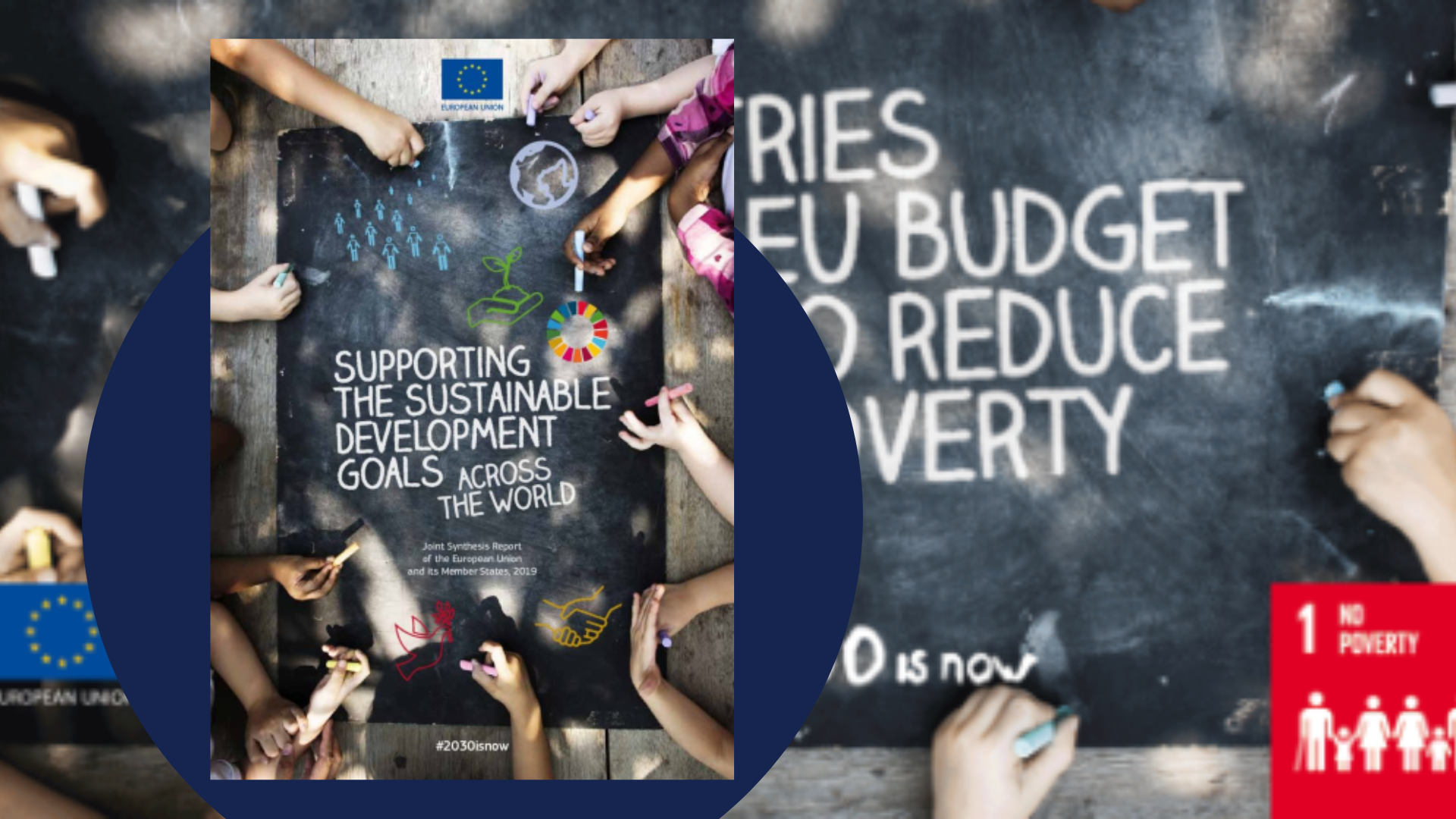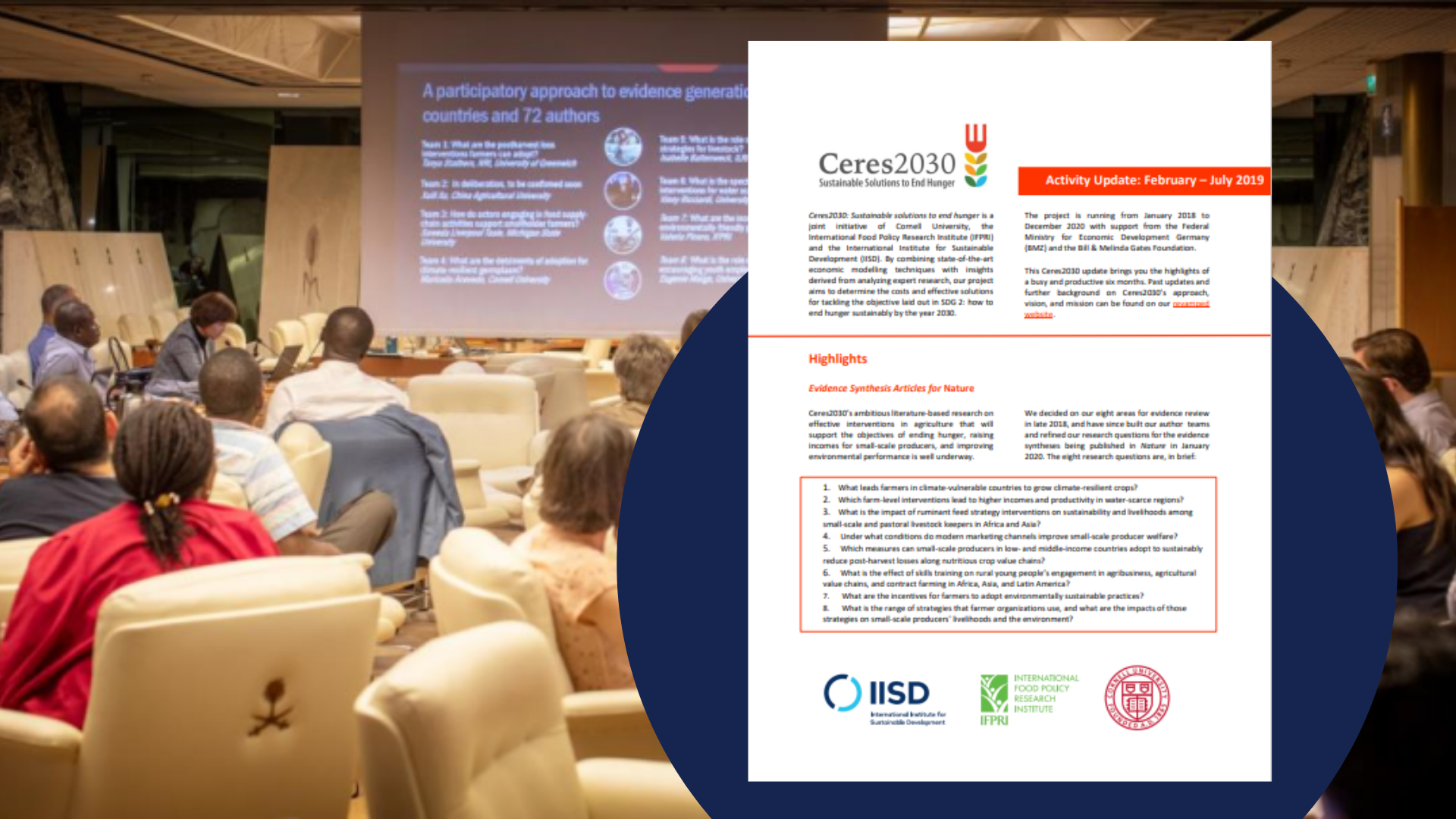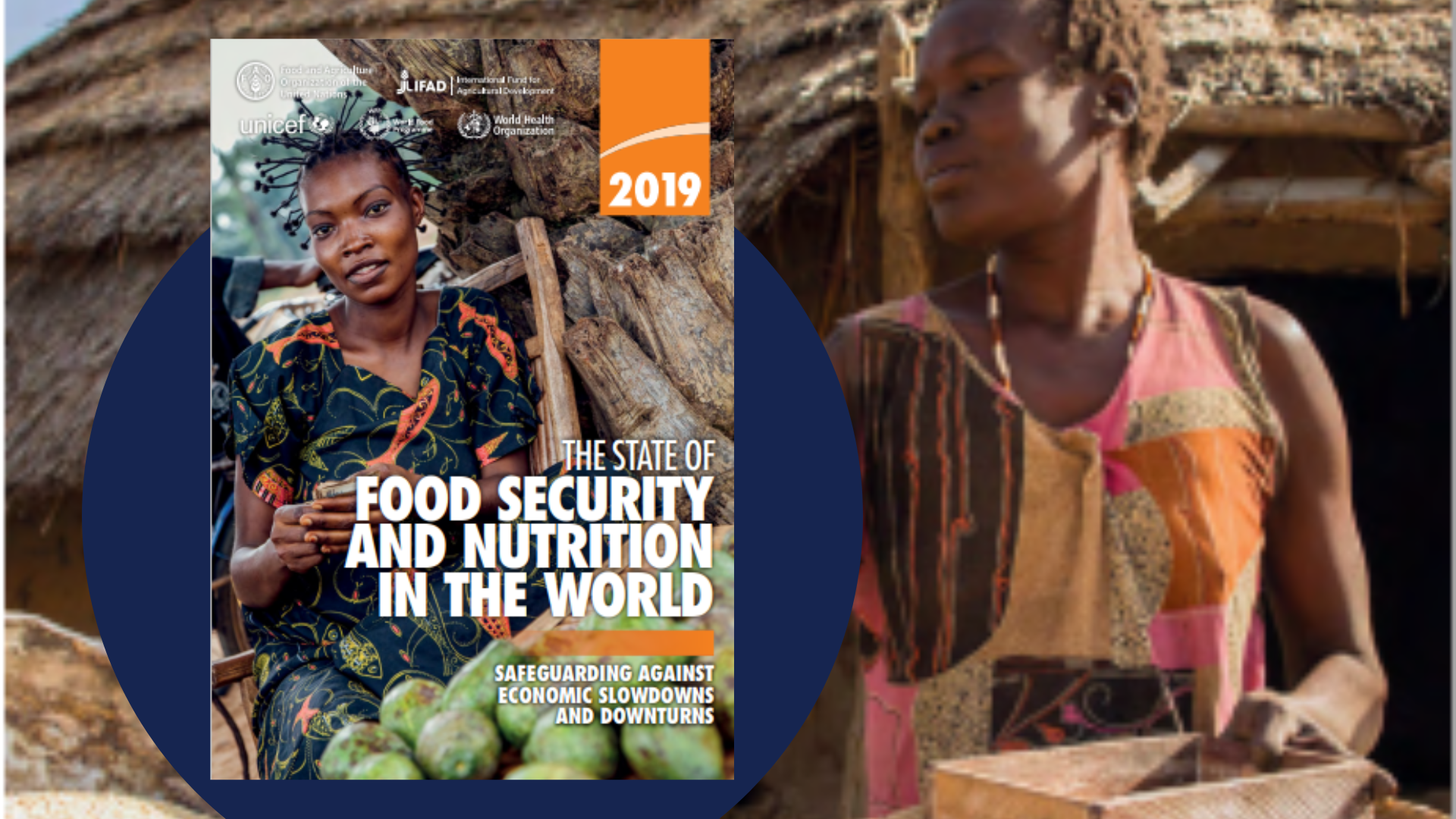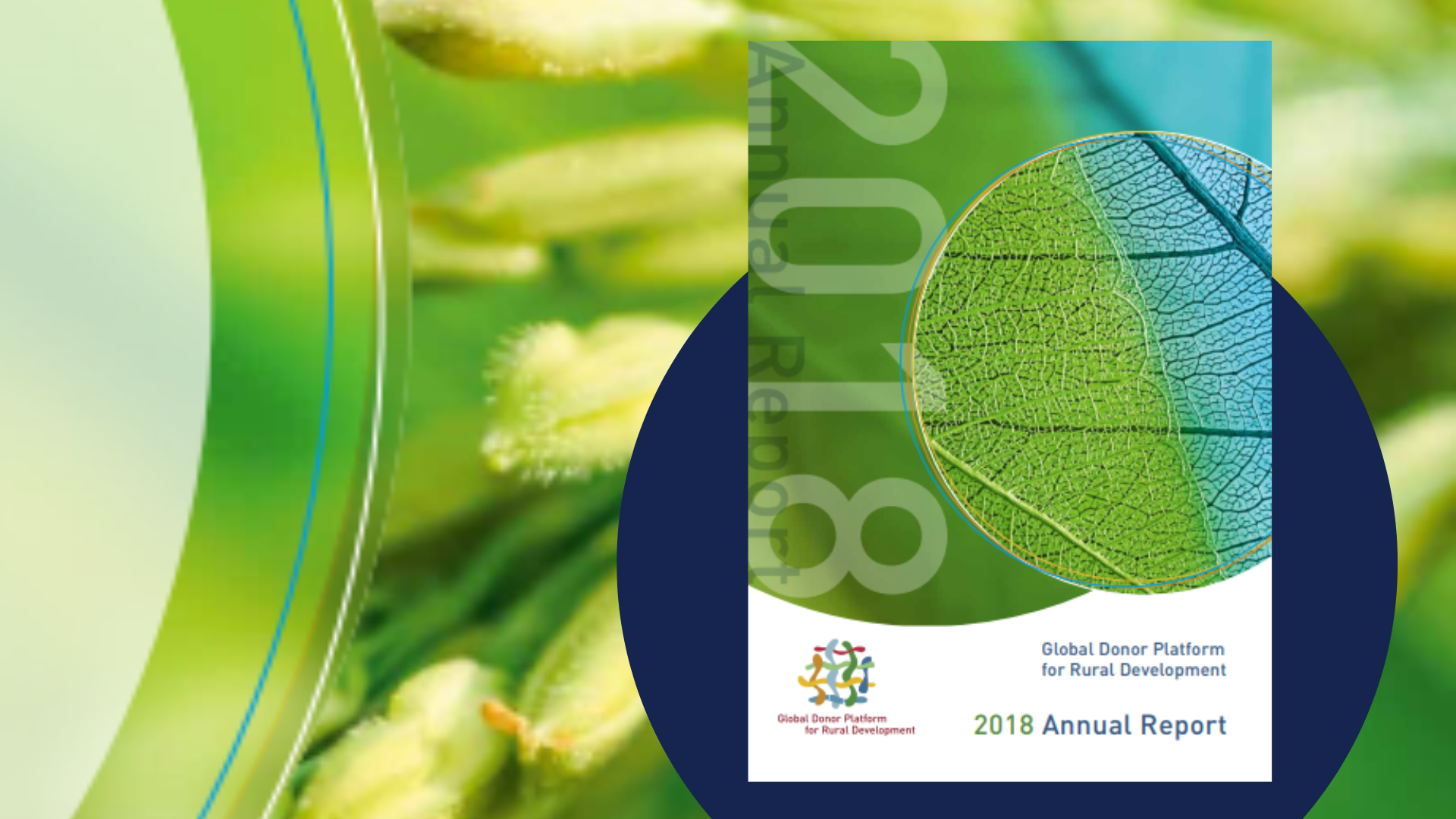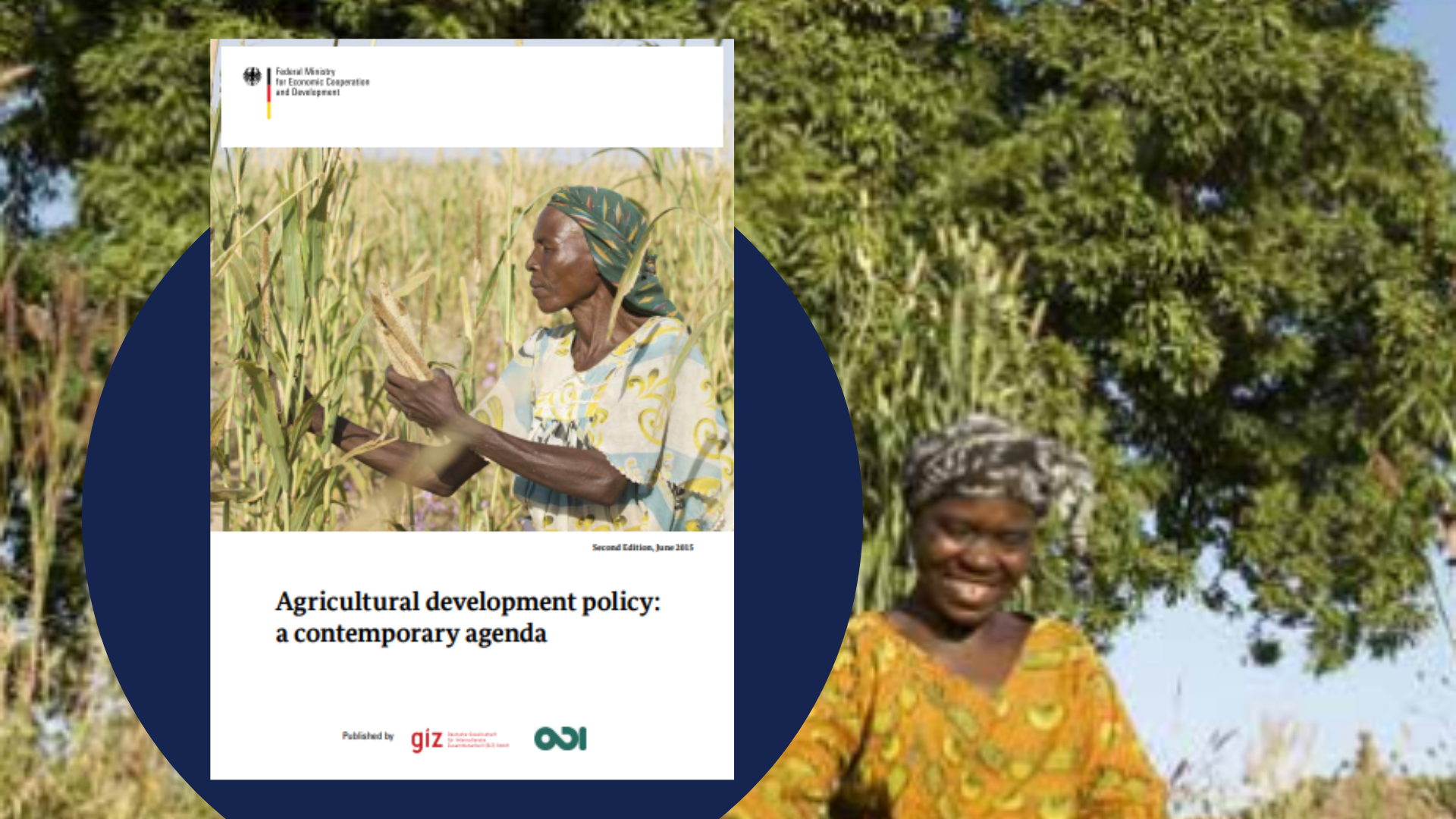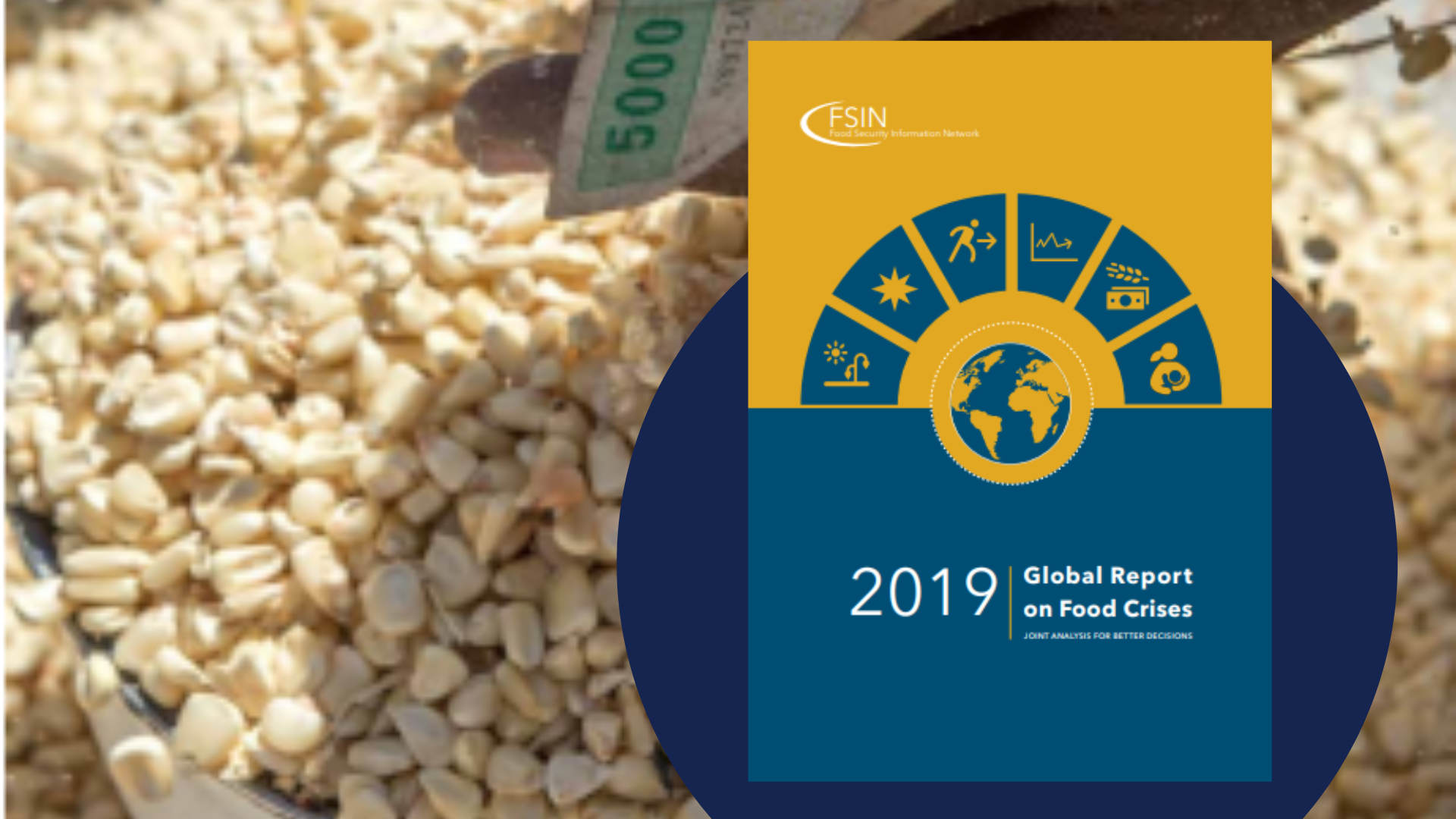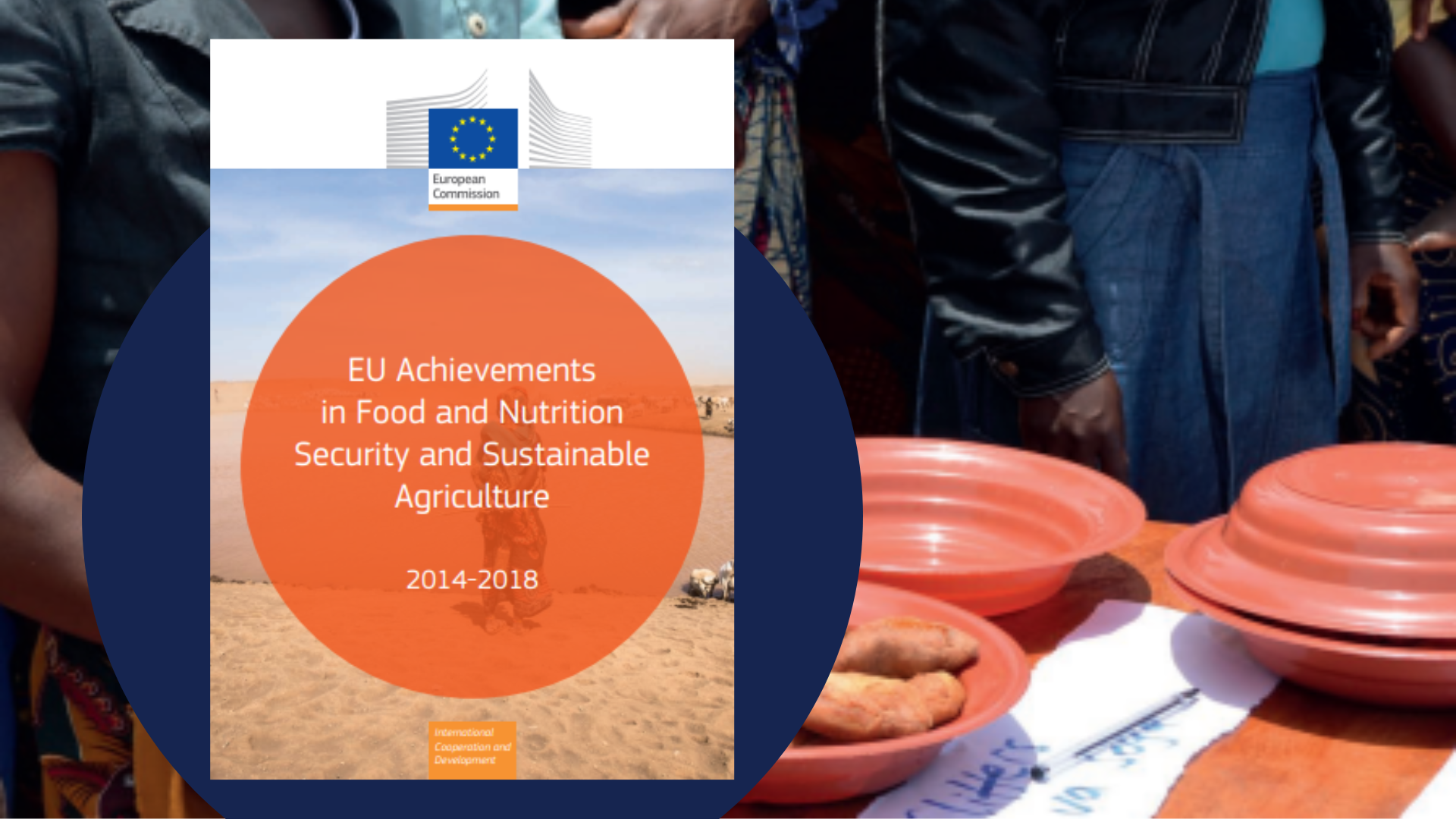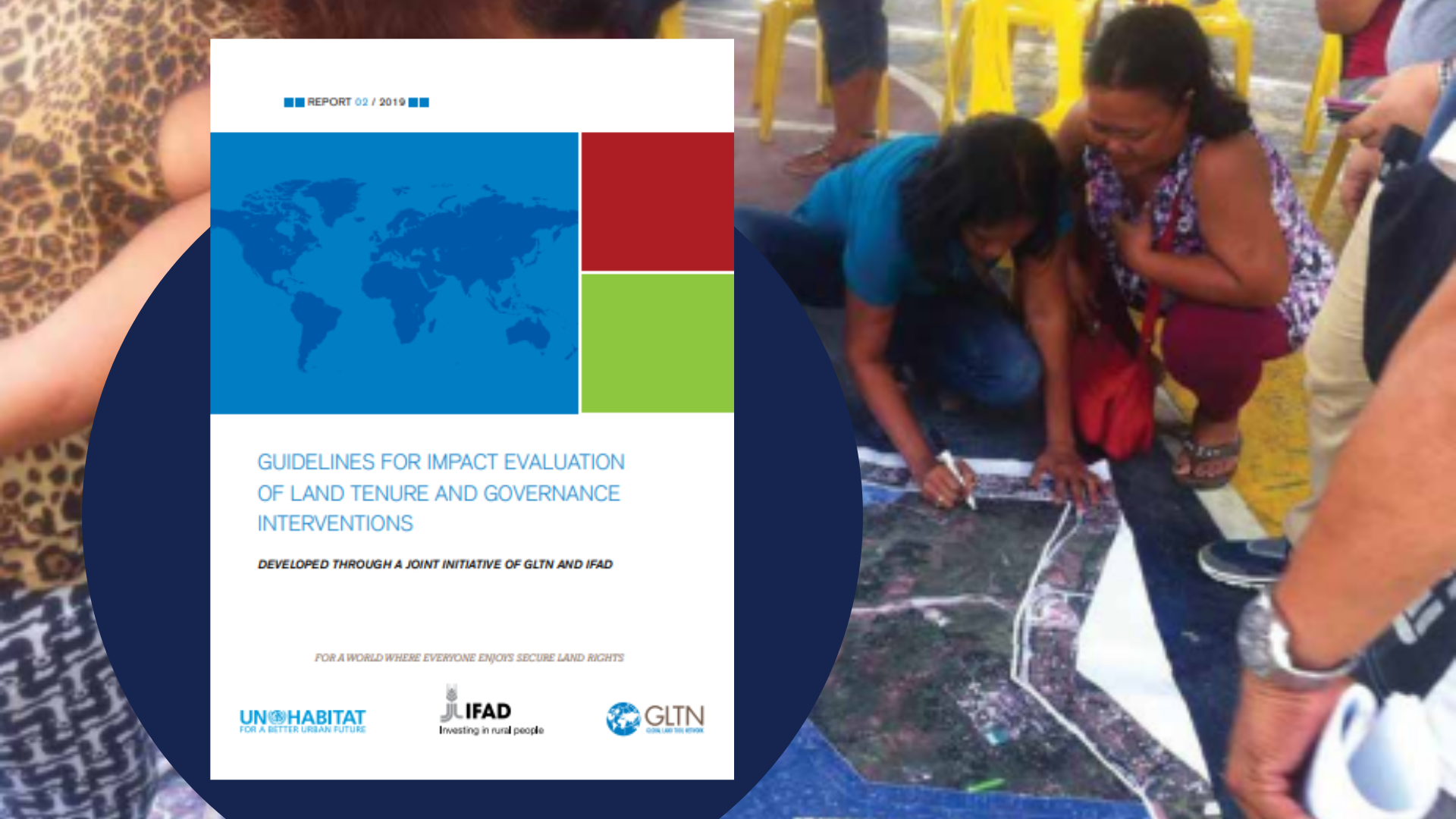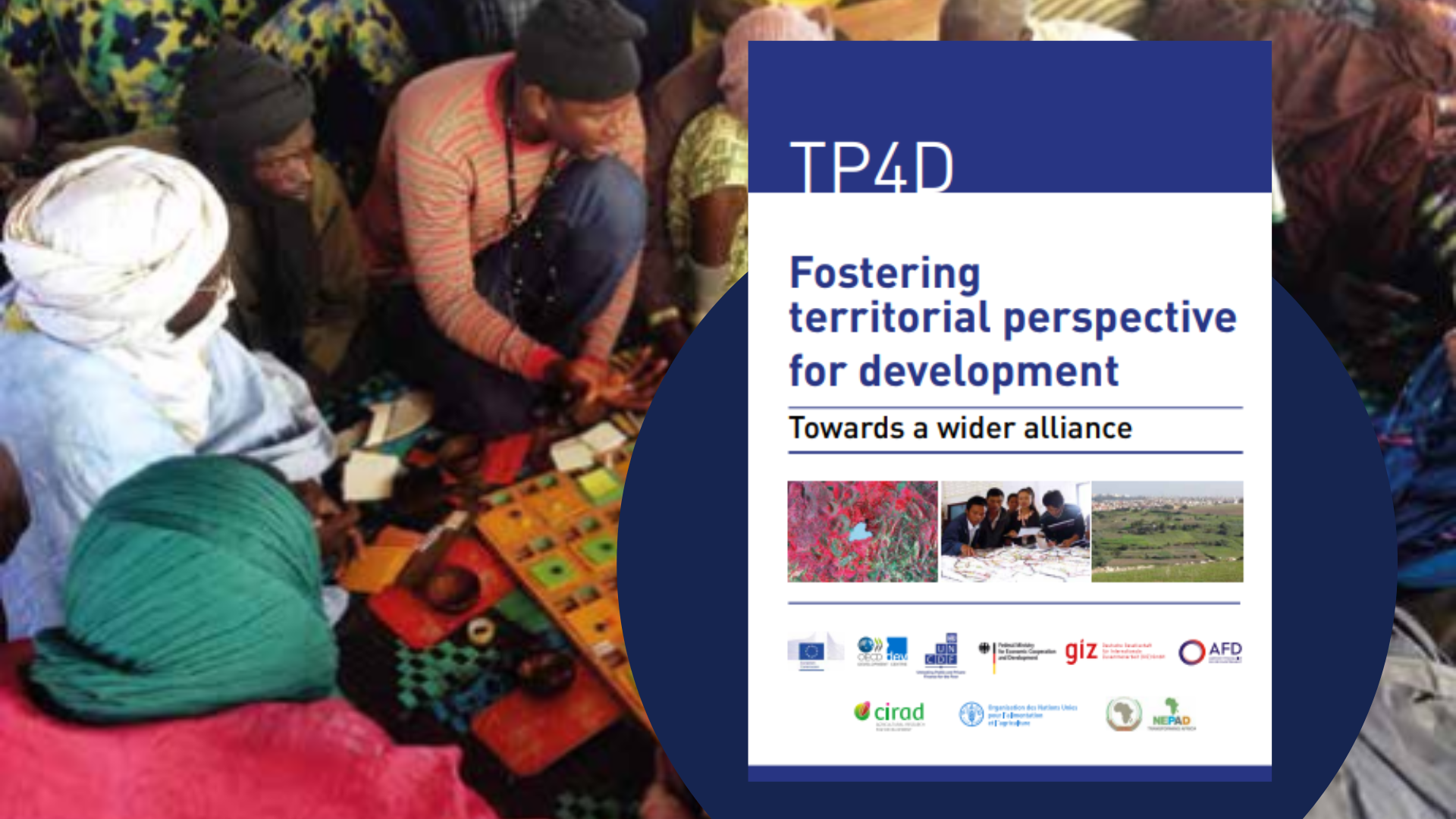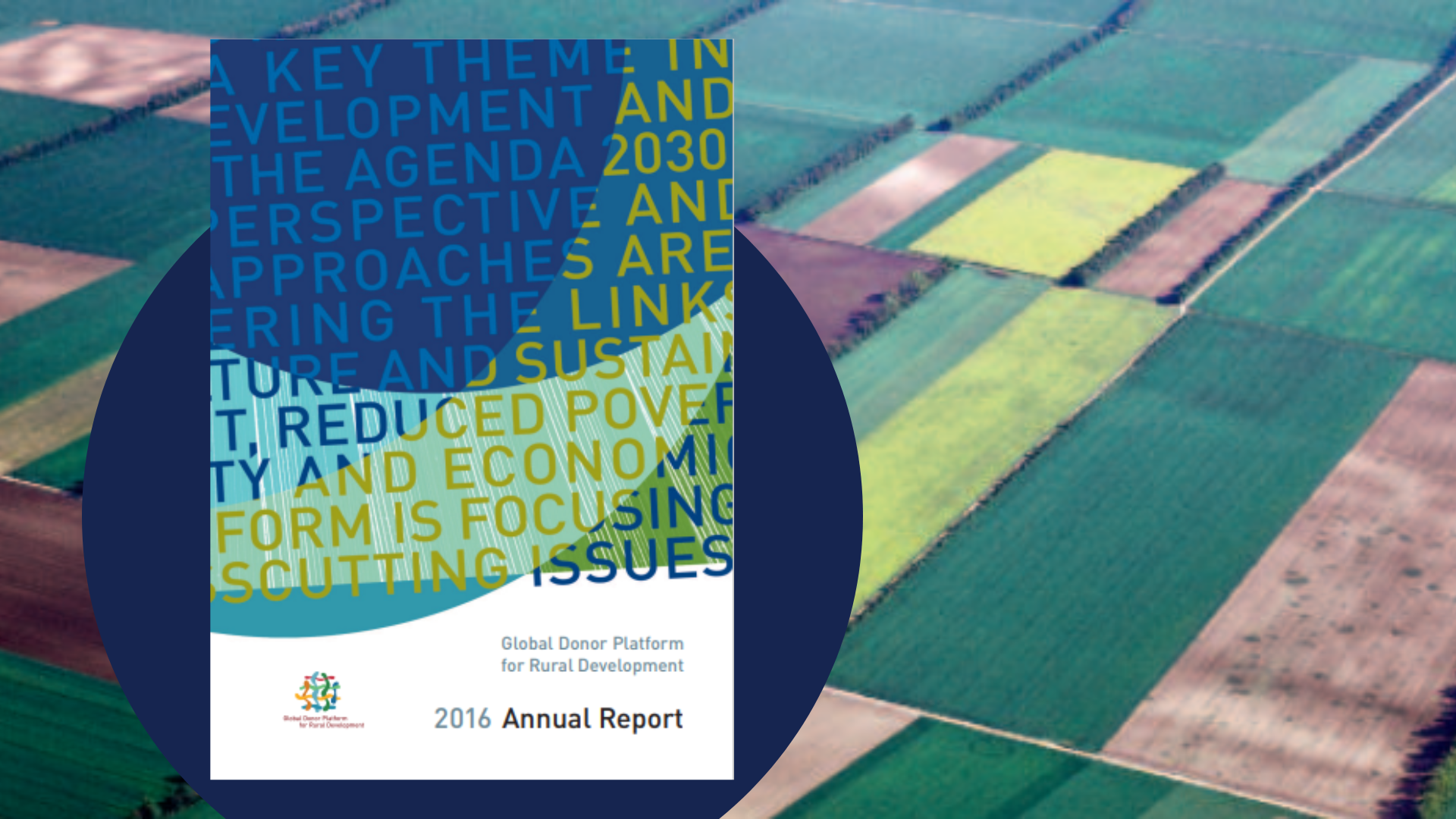Oxfam Briefing Paper
This paper debunks 10 myths about our food system and provides an alternative framing that will lead to better outcomes for the long term.
Links
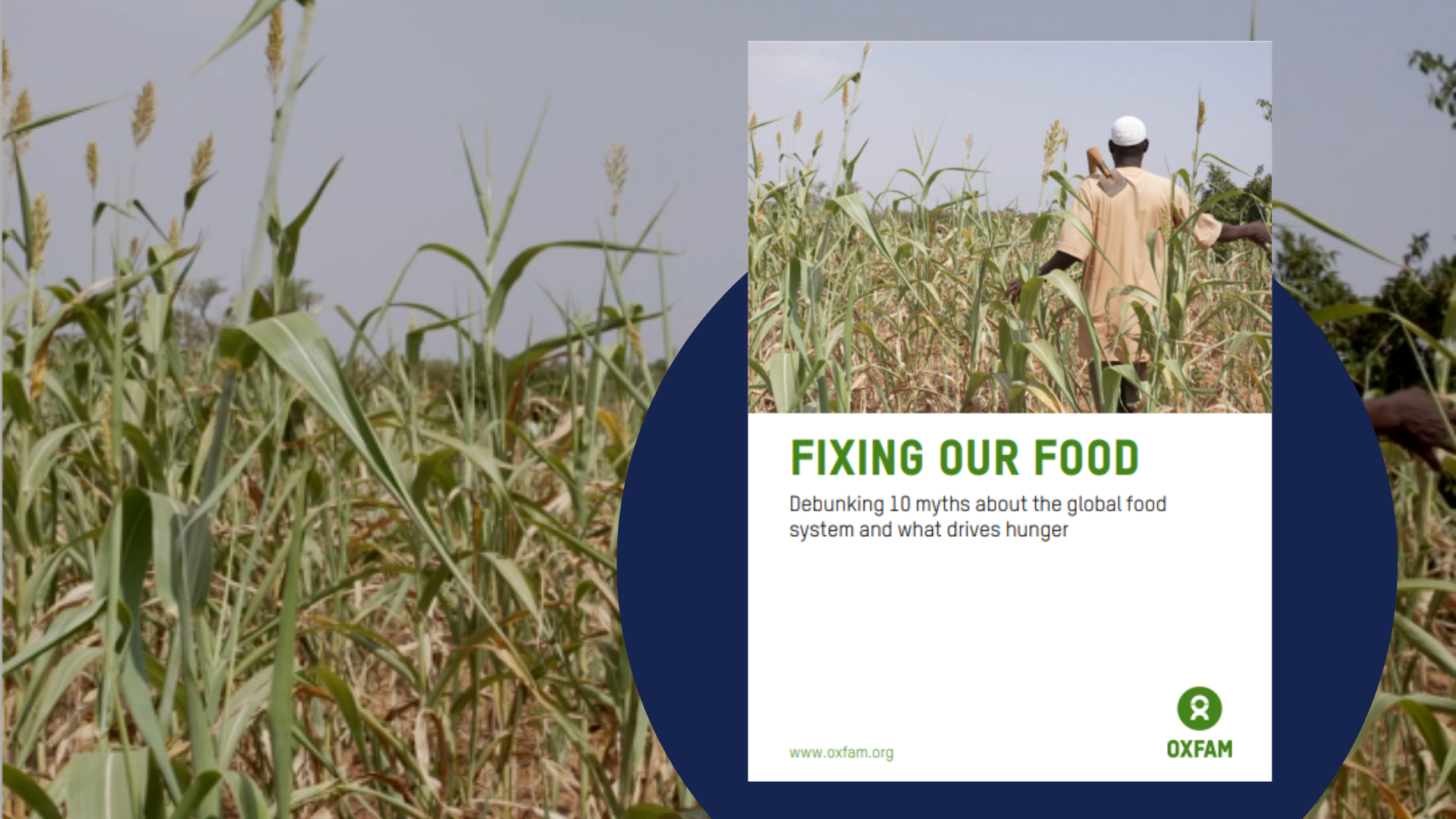
The unequal global food system is unsustainable for people and planet, and there is an urgent need to rethink how the world feeds its people. We will not solve the long-standing global food crisis, made worse by the war in Ukraine, with the same policy approaches that created it. The combination of extreme inequality and poverty, human rights violations, conflict, climate change and sharp food and energy price inflation, accelerated by the war in Ukraine and the COVID-19 pandemic, has already resulted in hundreds of millions of people not having enough to eat. The effects of the war in Ukraine are expected to push a further 47 million people into acute hunger.1 In East Africa, one person is estimated to be dying of hunger every 48 seconds in drought-ravaged Ethiopia, Kenya and Somalia, as actions have remained too limited to prevent the hunger crisis from escalating.2 People in rich countries are also facing increased hunger. The rate of people in the US who do not have enough to eat rose from 7.8% in August 2021 to 11.2% in April 2022.
While millions of people are struggling to find their next meal, the world’s main food traders have made record profits, and the billionaires involved in the food and agribusiness sector have seen their collective wealth increase by $382bn (45%) over the past two years, with 62 new food billionaires created in the sector since the outbreak of the COVID-19 pandemic.
The world has the tools to anticipate and respond to this worsening hunger, yet continues to choose not to act with the speed and seriousness the crisis demands. Current debates on food and hunger need to be reframed to work towards a real, fundamental change to a just food system – shifting from an industrial, exploitative and extractive model to a local and sustainable one, which contributes to climate resilience and the realization of the right to food, while reducing inequality and poverty.
This paper highlights 10 areas where a reframing of the discourse is needed. It presents 10 myths to debunk, explaining why the current framing is wrong – or insufficient – and provides an alternative framing, which will lead to better outcomes and solutions for the long term.

